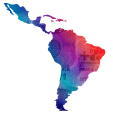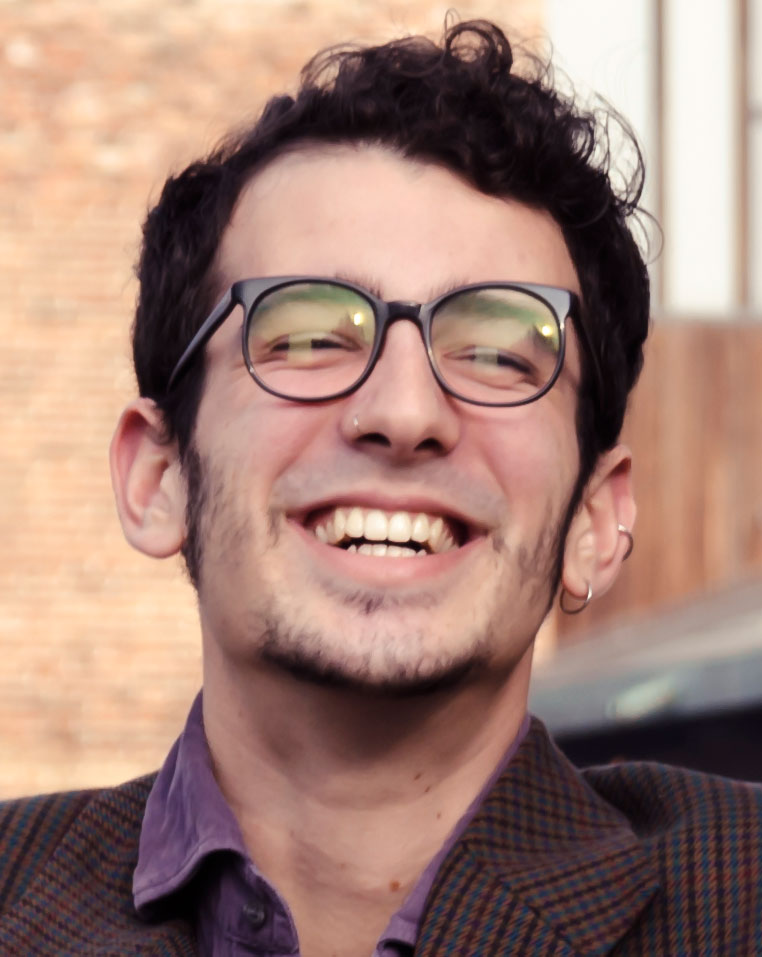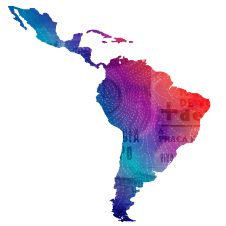A journey through future possibilities, a pathway for the next 15 years with Latin America in 2030 as the end station.
The project
The process of creating the scenarios for Latin America began in 2014 with the identification of a team of 37 influential leaders from the region. These representatives from different social spheres, including politics, academia, private sector, and civil society, made up the Scenario Team (ST).
A round of 65 interviews with well-known people and key actors in the region, including all of the members of the ST, followed. These interviews served as an initial guide to establish the fundamental thematic variables of the process.
The ST met in December 2014 and January and April 2015 in three 3-day workshops to construct the scenarios. Each workshop included a wide range of profiles and perspectives (sectors, ideologies, professions, disciplines, etc.), developing a holistic approach to the different opportunities and challenges to the democratic system in the region in the short, medium, and long terms.
Based on the proposed scenarios, the team designed a communication strategy to spread key messages about the challenges to democracy in the region and forge commitments in accordance with the formulated narratives. In this way, the process led by the ST members seeks to promote strategies to impact public opinion, academic debate, and political action, and to be a vital support and basis for dialogue and action in Latin America.
Watch the video
Methodology
Scenario planning is a methodology that developed several decades ago in major businesses and organizations around the world, where it has proven its great usefulness in supporting strategic decisions in complex social, economic, and political contexts. It was initially developed for identifying emergent challenges in military environments and then adapted in the business world, so teams could explore future possibilities and plan corporate strategies with a holistic view of the opportunities and risks.
The methodology also proved useful in complex social, economic, and political contexts since its application in the 1990s in South Africa, a country that was facing the challenges of the transition to democracy. Since then, and under the name of Transformative Scenario Planning, it has been implemented in various countries and different settings, leading to the development of a new shared language and new perspectives and points of view that improve the systemic understanding of complex problems, as well as to the establishment of new relationships and new intentions that facilitate the solution of problems through collective action.
The Transformative Scenario Planning methodology has six stages oriented toward the definition of possible scenarios and agreement on concrete actions around the learnings gained throughout the process:
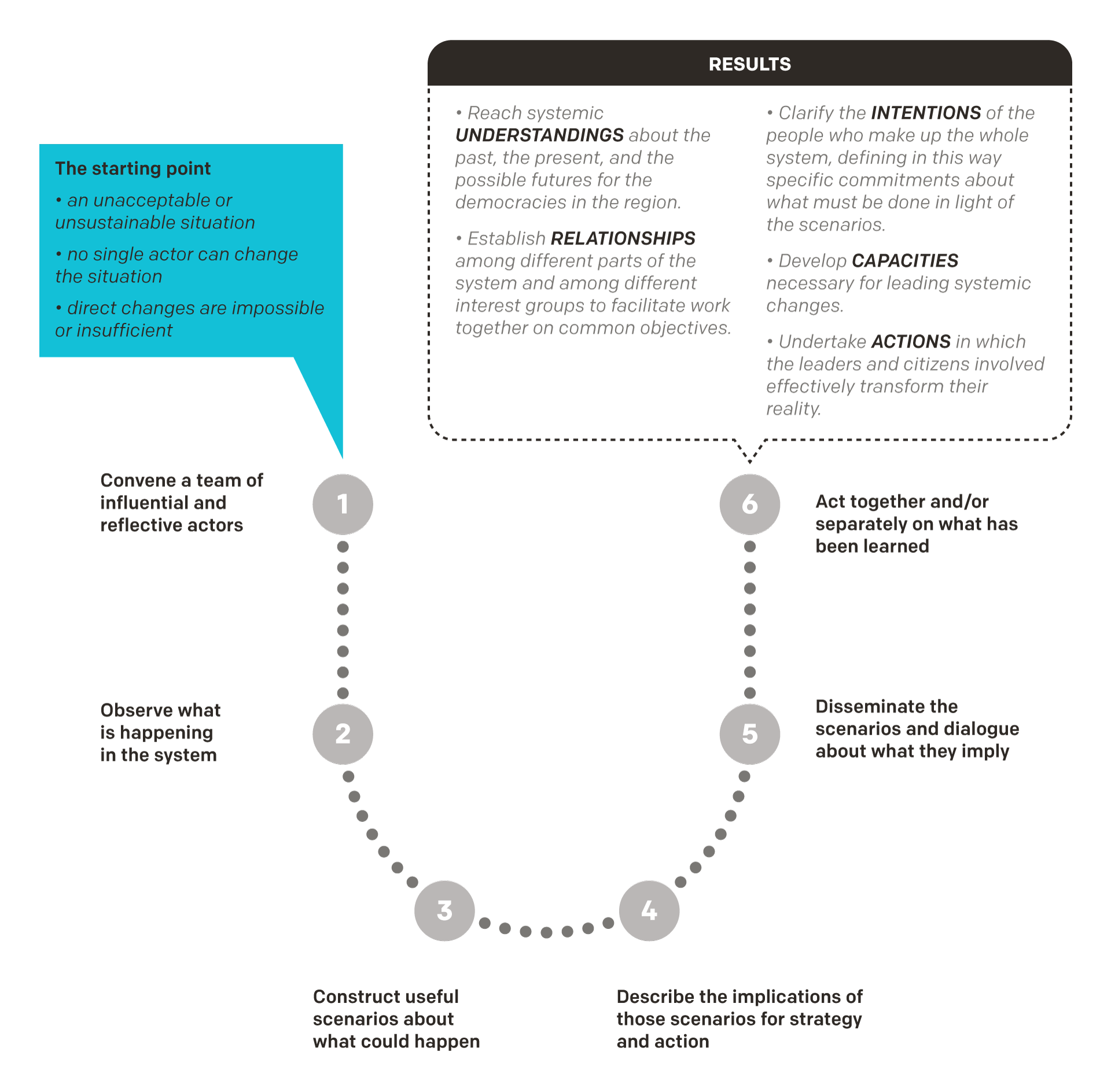
Team
The core component of this exercise in Transformative Scenario Planning—the Scenario Team—consisted of a heterogeneous group of 37 Latin American leaders from academia, government, parliamentary and municipal institutions, civil society, producer organizations, youth groups, social movements, business, journalism, indigenous groups, churches, and foundations. They are respected actors in their own areas and, as a team, brought a wide range of knowledge, experiences, and perspectives that allowed them to work together, through dialogue, to build a broad vision of the topic.
Scenario Team
Pedro Abramovay
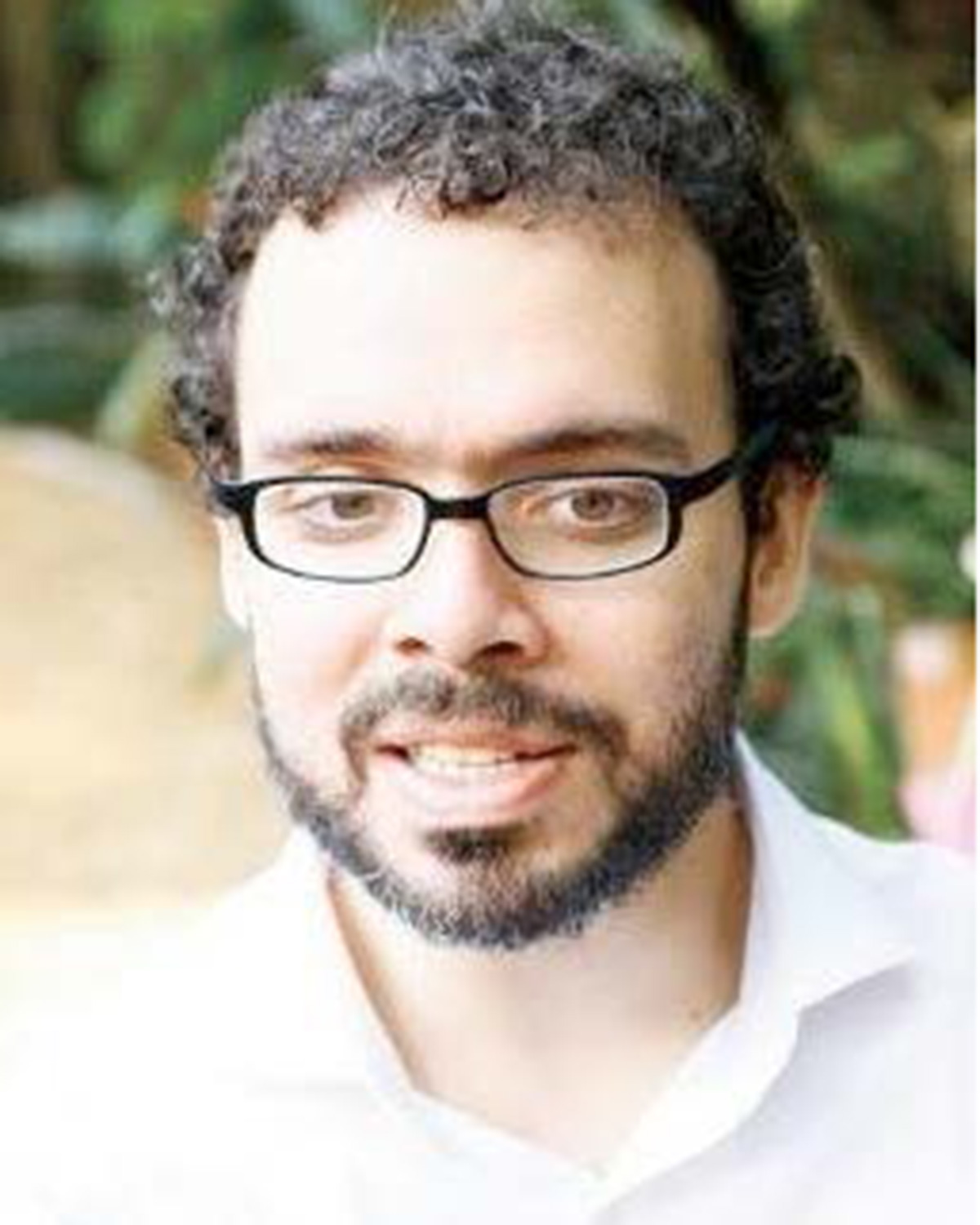 Director del Programa América Latina y Director Regional para América Latina y el Caribe de la Open Society Foundations. Previamente, Pedro ocupó una serie de puestos clave en el Ministerio de Justicia de BRAZIL. Fue asesor especial del Ministro de Justicia de 2004 a 2006, Secretario de Asuntos Legislativos del ministerio de 2007 a 2010 y Secretario de Justicia de 2010 a 2011.
Director del Programa América Latina y Director Regional para América Latina y el Caribe de la Open Society Foundations. Previamente, Pedro ocupó una serie de puestos clave en el Ministerio de Justicia de BRAZIL. Fue asesor especial del Ministro de Justicia de 2004 a 2006, Secretario de Asuntos Legislativos del ministerio de 2007 a 2010 y Secretario de Justicia de 2010 a 2011.
Durante la gestión del Presidente Lula da Silva, Pedro trabajó en la elaboración de legislaciones significativas y condujo una campaña que resultó en la remoción de aproximadamente medio millón de armas que estaban en circulación. Trabajó también en la reforma del sistema penitenciario de BRAZIL y creó un proceso de elaboración de legislaciones relacionadas con la libertad en Internet mediante el uso de blogs. Pedro fue director de campaña de Avaaz, liderando campañas contra la corrupción y para la promoción de los derechos humanos en América Latina. Fue profesor en la Escuela de Leyes Fundação Getulio Vargas en Río de Janeiro.
Pedro es graduado en leyes en la Universidad de Sao Paulo y tiene una maestría en derecho jurídico constitucional de la Universidad de BRAZILia.

Naschla Aburman
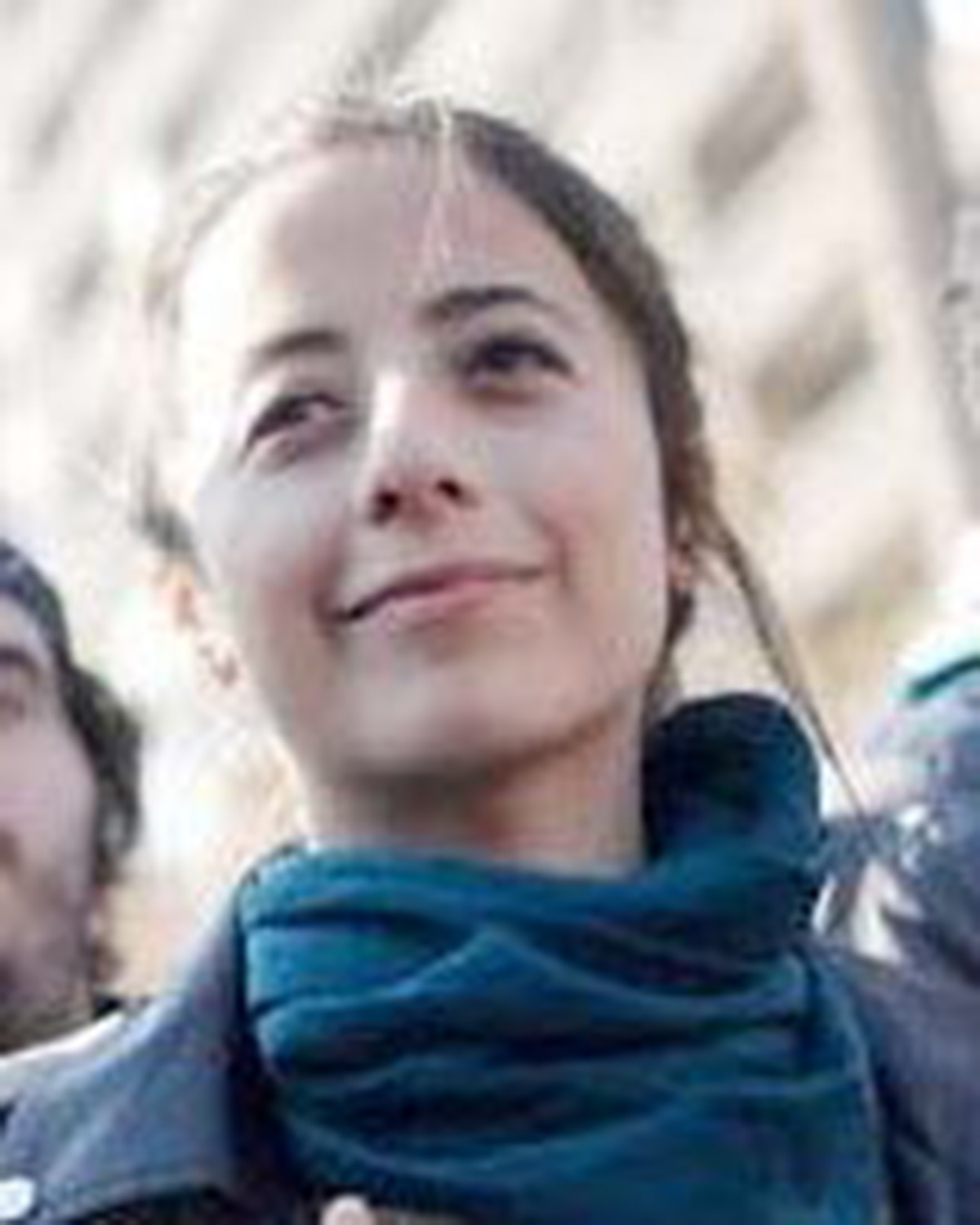 Estudiante de Arquitectura y Pedagogía general básica de la P. Universidad Católica, en donde ha impulsado importantes procesos de participación colectiva en la escuela de Arquitectura cuando presidió el centro de estudiantes. Actualmente, Naschla es la Presidenta de la Federación de Estudiantes (FEUC) por el movimiento Nueva Acción Universitaria (NAU). Desde este espacio creó la campaña Quiero Educación Pública, con colaboración de Unesco, Unicef y Educacion2020 (www.quieroeducacionpublica.cl) buscando promover el fortalecimiento de la Educación Pública en Chile. Es vocera de la Confederación de Estudiantes de Chile (CONFECH), donde ha desarrollado un importante rol de liderazgo del movimiento estudiantil chileno.
Estudiante de Arquitectura y Pedagogía general básica de la P. Universidad Católica, en donde ha impulsado importantes procesos de participación colectiva en la escuela de Arquitectura cuando presidió el centro de estudiantes. Actualmente, Naschla es la Presidenta de la Federación de Estudiantes (FEUC) por el movimiento Nueva Acción Universitaria (NAU). Desde este espacio creó la campaña Quiero Educación Pública, con colaboración de Unesco, Unicef y Educacion2020 (www.quieroeducacionpublica.cl) buscando promover el fortalecimiento de la Educación Pública en Chile. Es vocera de la Confederación de Estudiantes de Chile (CONFECH), donde ha desarrollado un importante rol de liderazgo del movimiento estudiantil chileno.

Laura Albornoz Pollman
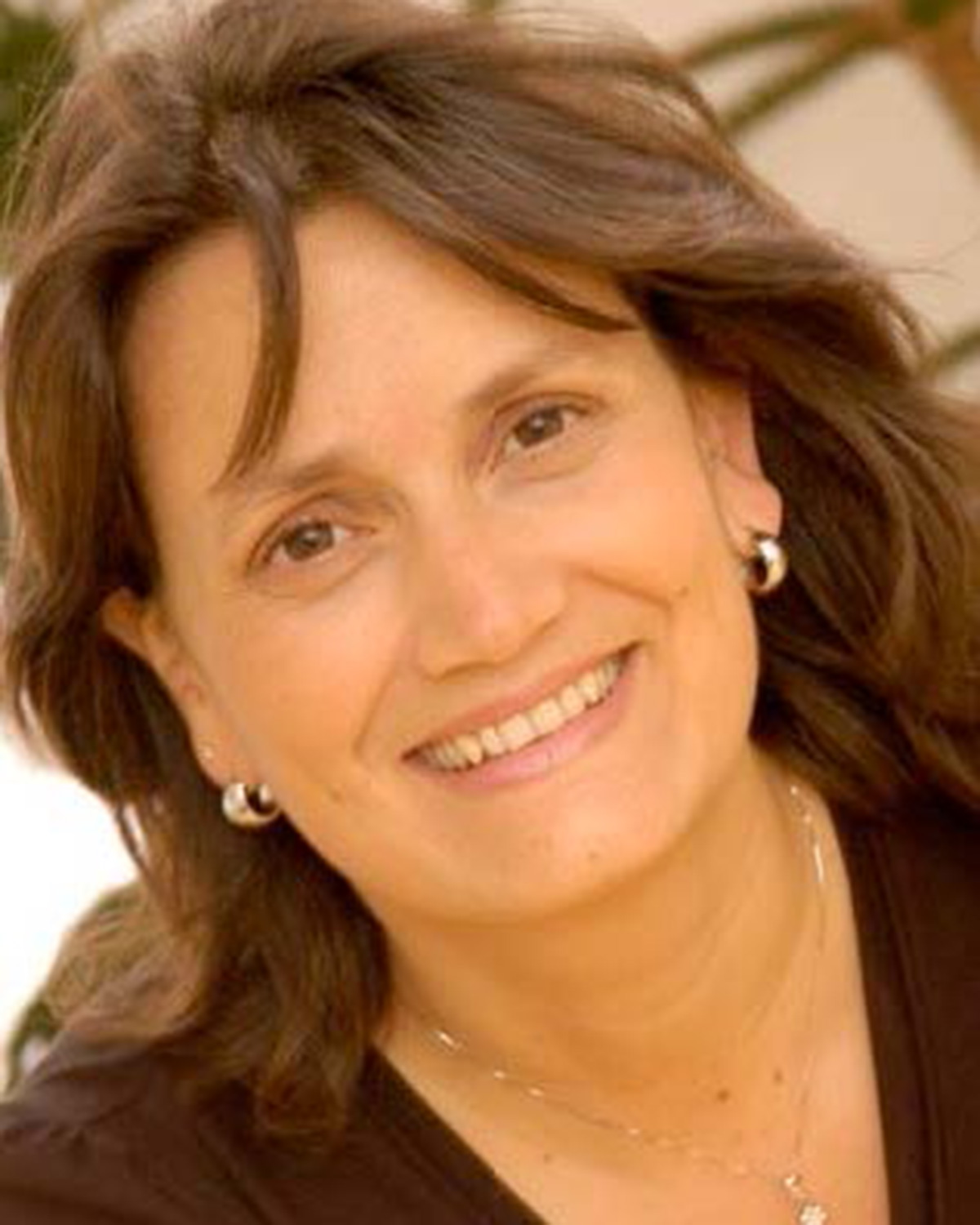
Primera mujer Directora de la Corporación Nacional del Cobre de Chile (Codelco), período 2014-2018 y Académica del Departamento de Derecho Privado de la Facultad de Derecho de la Universidad de Chile. Es Licenciada en Ciencias Jurídicas y Sociales y se doctoró en Derecho Civil por la Universidad de Sevilla. Tiene el grado de Máster en Dirección y Gestión de Recursos Humanos de la Escuela Internacional de Negocios de Madrid, España.
En el primer Gobierno de la Presidenta Bachelet fue Ministra de Estado del Servicio Nacional de la Mujer, y entre 2008 y 2009 fue Presidenta de la Comisión Interamericana de Mujeres de la OEA. Se ha desempeñado también como enviada del proyecto “Pathways To Prosperity”, impulsado por la Secretaría de Estado de los Estados Unidos y como Asesora de la Presidenta de la República Michelle Bachelet. Luego del terremoto de 2010, asumió como Delegada Presidencial en la comuna de Constitución y desde mayo de ese año trabajó en proyectos de reconstrucción comunitaria de la Fundación Dialoga.
Laura ha ejercido como Socia – Gerenta de la firma de abogados “Albornoz Abogados Asociados”. Se ha desempeñado también en el ámbito académico en varias universidades en materias de derecho privado, derecho minero y derechos humanos de las mujeres. Ha sido Experta Asociada a la Red de Género del PNUD y realizado diversas consultorías sobre género y fortalecimiento democrático en la región latinoamericana. Destaca su participación en el impulso y tramitación de numerosas iniciativas legales en Chile orientadas a resguardar, garantizar y promover los derechos humanos de las mujeres. De 2010 a 2014 fue Vicepresidenta Nacional del Partido Demócrata Cristiano de Chile.

Ivana Bentes
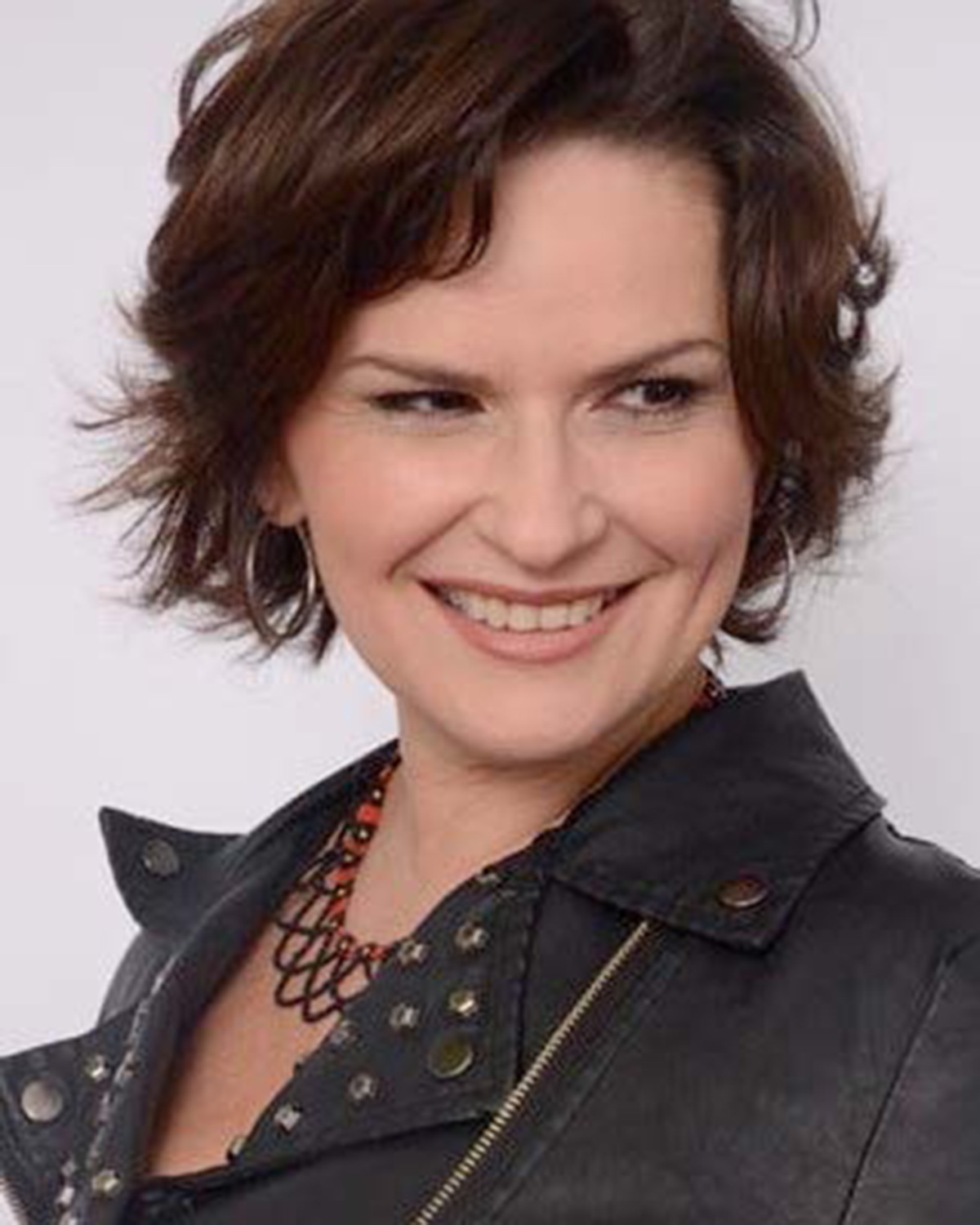 Profesora e investigadora de la Escuela de Comunicación de la Universidad Federal de Río de Janeiro (UFRJ), ensayista en el campo de la comunicación y la cultura de redes y medios. Es la coordinadora de Pontão de Cultura Digital de ECO/UFRJ y mediactivista. Actualmente, Ivana se encuentra realizando las siguientes investigaciones: “Estética de la Comunicación: Nuevos modelos teóricos en el capitalismo cognitivo” y “Periferia Global” sobre el imaginario y las acciones provenientes de las favelas y periferia de la cultura BRAZILeña y en el escenario global y sus redes de articulación.
Profesora e investigadora de la Escuela de Comunicación de la Universidad Federal de Río de Janeiro (UFRJ), ensayista en el campo de la comunicación y la cultura de redes y medios. Es la coordinadora de Pontão de Cultura Digital de ECO/UFRJ y mediactivista. Actualmente, Ivana se encuentra realizando las siguientes investigaciones: “Estética de la Comunicación: Nuevos modelos teóricos en el capitalismo cognitivo” y “Periferia Global” sobre el imaginario y las acciones provenientes de las favelas y periferia de la cultura BRAZILeña y en el escenario global y sus redes de articulación.

Nabil Bonduki
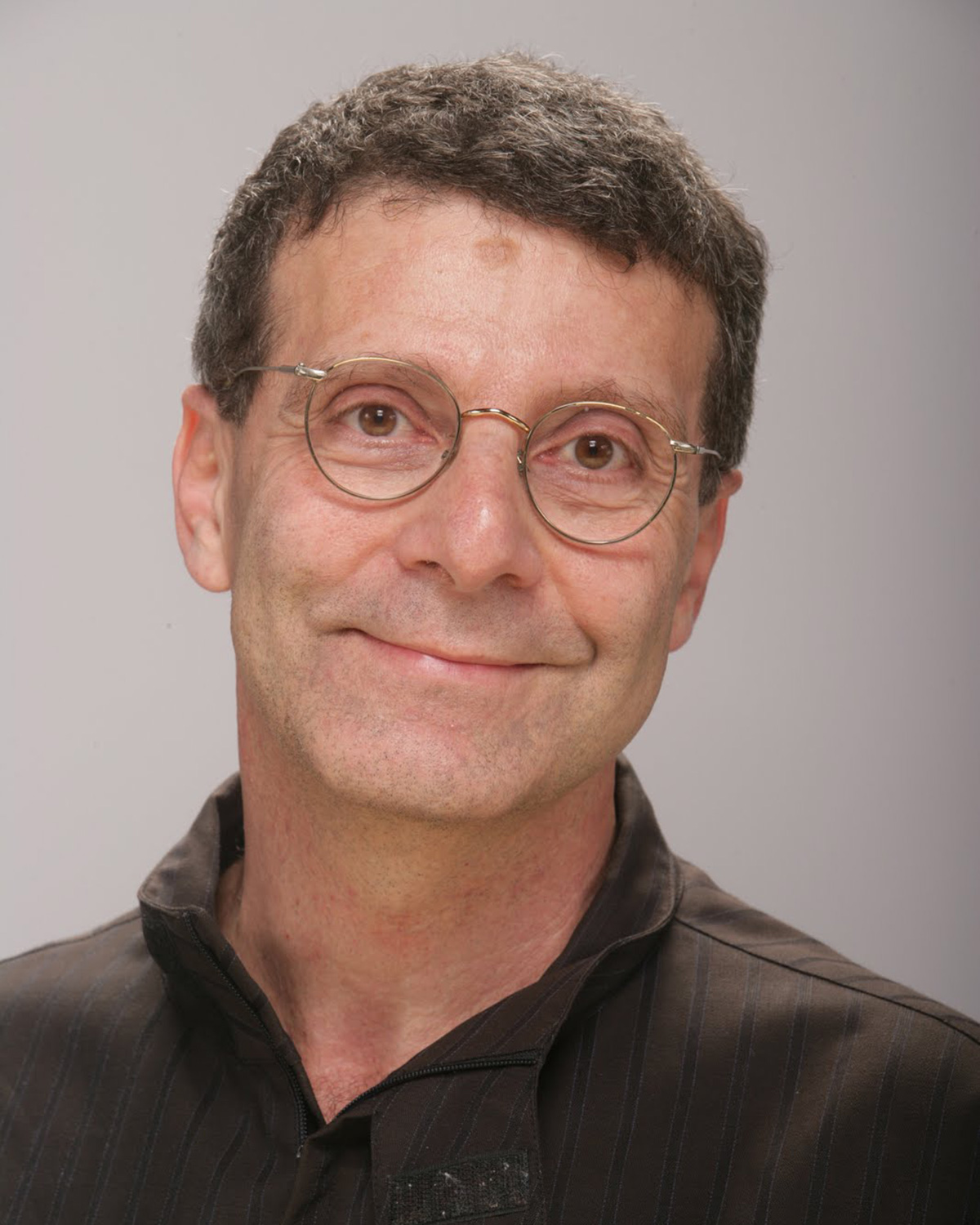 Profesor Titular del Departamento de Planificación de la Facultad de Arquitectura y Urbanismo de la Universidad de Sao Paulo. Tiene una maestría y un doctorado en estructuras ambientales urbanas y ambientales. Es también docente libre de planificación urbana en la Universidad de Sao Paulo, en donde es profesor de arquitectura y urbanismo desde 1986. Nabil es autor de 12 libros, entre ellos “Origens da Habitação Social no BRAZIL e Intervenções Urbanas na Recuperação de Centros Históricos” y de cientos de artículos publicados en libros, revistas científicas y medios de comunicación social.
Profesor Titular del Departamento de Planificación de la Facultad de Arquitectura y Urbanismo de la Universidad de Sao Paulo. Tiene una maestría y un doctorado en estructuras ambientales urbanas y ambientales. Es también docente libre de planificación urbana en la Universidad de Sao Paulo, en donde es profesor de arquitectura y urbanismo desde 1986. Nabil es autor de 12 libros, entre ellos “Origens da Habitação Social no BRAZIL e Intervenções Urbanas na Recuperação de Centros Históricos” y de cientos de artículos publicados en libros, revistas científicas y medios de comunicación social.
Durante el gobierno de Luiza Erundina, Nabil fue superintendente de vivienda popular de la prefectura de Sao Paulo (1989-1992). Durante su período, coordinó la construcción de más de 10,000 casas en grupos de trabajo autogestionados y creó la ley de la propiedad de las mujeres que obliga a poner a nombre de las mujeres la propiedad de viviendas construidas mediante los programas de la Prefectura.
Como Concejal de Sao Paulo, Nabil fue considerado por el Movimiento Voto Consciente como uno de los mejores de la legislatura 2001-2004. Regresó a la Cámara Municipal para el período 2013-2016. Durante su primer mandato, fue el autor del Plan Estratégico y de los planes regionales de los 31 condados, formuló el VAI – Programa para la Valorización de Iniciativas Culturales y creó leyes en apoyo y fomento de la cultura.

Luis Javier Castro Lachner
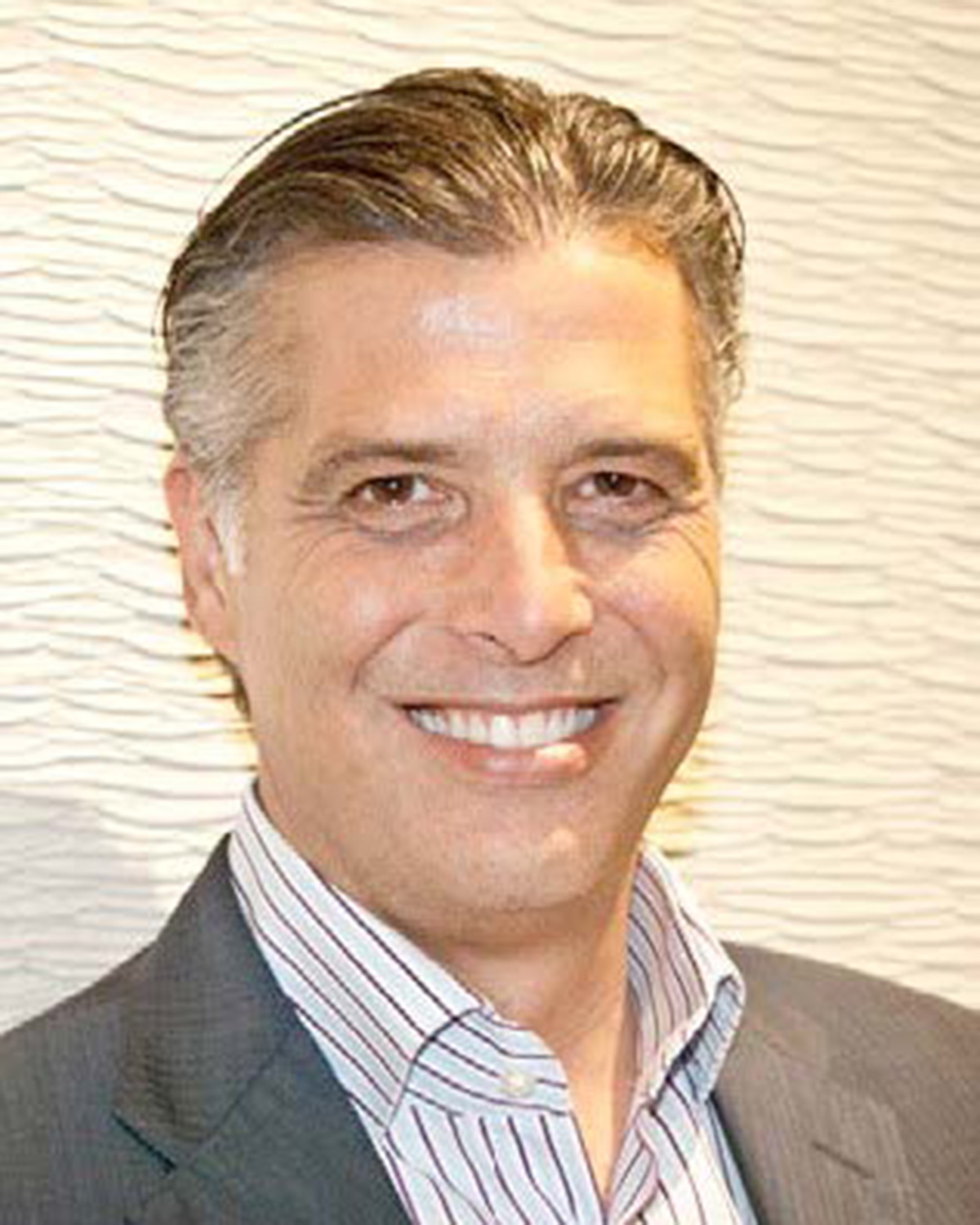 Luis Javier inició su carrera como Asociado de Bain & Company trabajando en casos estratégicos para varias de las empresas más grandes en la región centroamericana. En 1996 fue uno de los fundadores del primer fondo de capital privado en Centroamérica, el Mesoamerica Fund I, L.P.. De 1998 a 2003, fue CEO de Mesoamerica Telecom LTD., organizando y supervisando el fondo de capital de riesgo más grande de la región en ese momento. En 1998 actuó como uno de los cuatro socios fundadores de Mesoamerica Investments en donde continúa como Socio Gestor.
Luis Javier inició su carrera como Asociado de Bain & Company trabajando en casos estratégicos para varias de las empresas más grandes en la región centroamericana. En 1996 fue uno de los fundadores del primer fondo de capital privado en Centroamérica, el Mesoamerica Fund I, L.P.. De 1998 a 2003, fue CEO de Mesoamerica Telecom LTD., organizando y supervisando el fondo de capital de riesgo más grande de la región en ese momento. En 1998 actuó como uno de los cuatro socios fundadores de Mesoamerica Investments en donde continúa como Socio Gestor.
Luis Javier es director de varias empresas, incluyendo Café OMA, Presto y Globoleq Mesoamerica Energy. Es miembro del G-50, un grupo selecto de líderes empresariales de las Américas; miembro del United Way Latin American Regional Committee; miembro de la junta directiva de la Central America Leadership Initiative; y fellow del Aspen Institute. Es también el fundador de Fundación Mesoamérica y Presidente de la Asociación Empresarial para el Desarrollo y de Yo Emprendedor. Es miembro de la junta directiva de Paniamor y de Parque de la Libertad. Luis Javier es Presidente Emérito de AMARTE (Asociación de Amigos del Museo de Arte Costarricense). Tiene un MBA de la Universidad de Georgetown y una licenciatura en Ciencia y Economía Agrícola de la Universidad de Texas.

Óscar Chacón
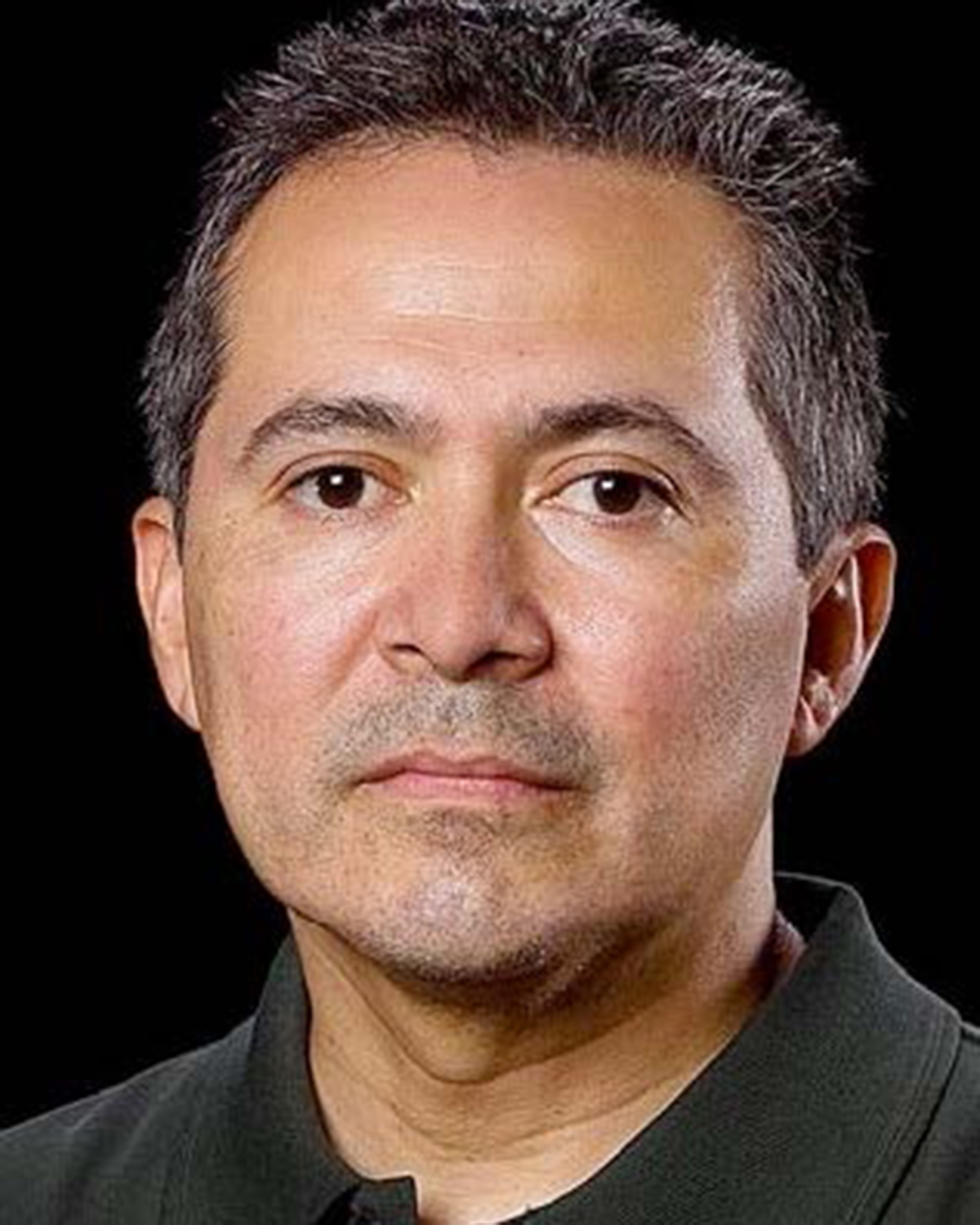 Inmigrante salvadoreño en los EEUU, especialista en temas de políticas migratorias desde una perspectiva transnacional y multidisciplinaria.
Inmigrante salvadoreño en los EEUU, especialista en temas de políticas migratorias desde una perspectiva transnacional y multidisciplinaria.

Wálter Delgadillo Terceros
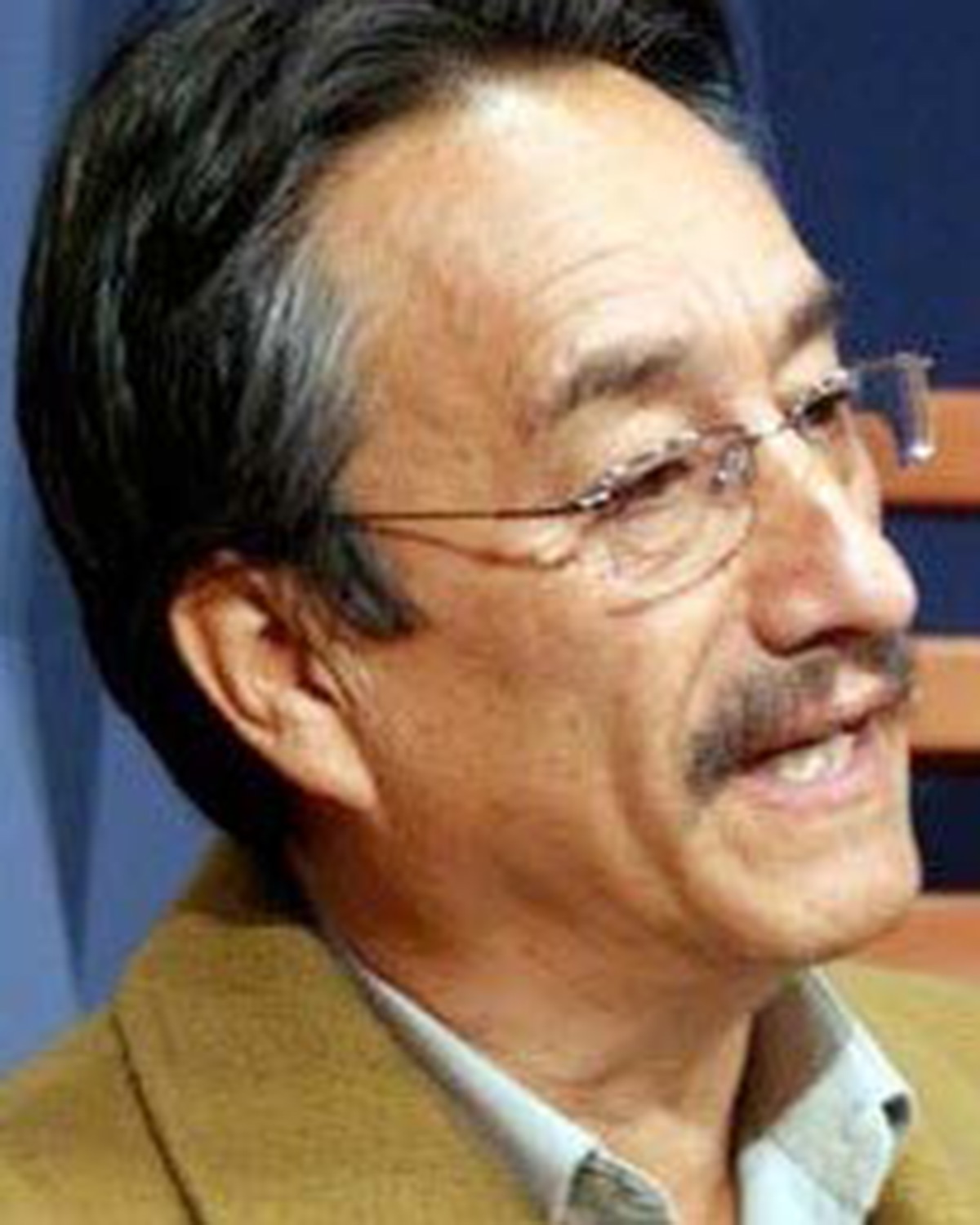 Dirigente obrero (1980-1992). Funcionario de organismos internacionales (FAO, BM, GTZ: 1994-2006). Ministro de Estado en tres oportunidades (2007-2012). Wálter es Ingeniero Civil y Antropólogo.
Dirigente obrero (1980-1992). Funcionario de organismos internacionales (FAO, BM, GTZ: 1994-2006). Ministro de Estado en tres oportunidades (2007-2012). Wálter es Ingeniero Civil y Antropólogo.

Nilcéa Freire
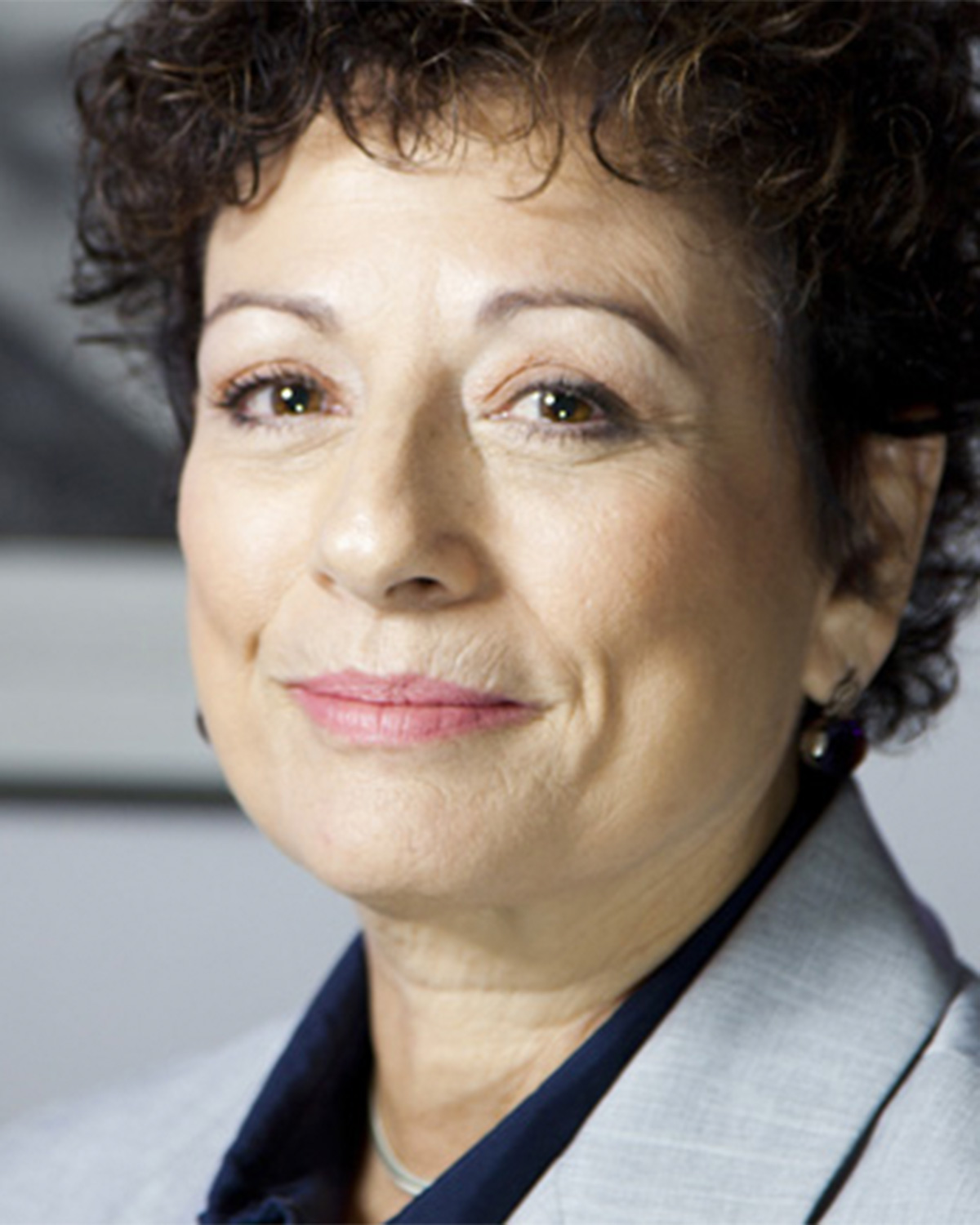 Representante de la Fundación Ford en BRAZIL. Supervisa todo el trabajo de la Fundación en dicho país, cuya prioridad es el fortalecimiento de los derechos de las poblaciones subrepresentadas, particularmente los afroBRAZILeños y los indígenas. Su enfoque individual de trabajo es la ampliación de las oportunidades de acceso a la educación superior, a la justicia racial y a la gobernanza. En febrero de 2004, Nilcéa fue invitada por el Presidente Luiz Inácio Lula da Silva a ocupar el cargo de Ministra de la Secretaría de Políticas para las Mujeres, que desempeñó hasta diciembre de 2010.
Representante de la Fundación Ford en BRAZIL. Supervisa todo el trabajo de la Fundación en dicho país, cuya prioridad es el fortalecimiento de los derechos de las poblaciones subrepresentadas, particularmente los afroBRAZILeños y los indígenas. Su enfoque individual de trabajo es la ampliación de las oportunidades de acceso a la educación superior, a la justicia racial y a la gobernanza. En febrero de 2004, Nilcéa fue invitada por el Presidente Luiz Inácio Lula da Silva a ocupar el cargo de Ministra de la Secretaría de Políticas para las Mujeres, que desempeñó hasta diciembre de 2010.
Es médica graduada de la Universidad del Estado de Río de Janeiro. Durante 30 años fue profesora de la FCM-UERJ en donde además de ser docente, ocupó diferentes cargos en la administración de la Universidad. Nilcéa fue asesora de la Vice Rectora de Posgrado e Investigación, Directora de Planificación y Presupuesto, Vice Rectora electa por voto directo de la comunidad académica y Rectora electa por dicha comunidad para un mandato de cuatro años que finalizó en diciembre de 2003.

Rossana Fuentes Berain
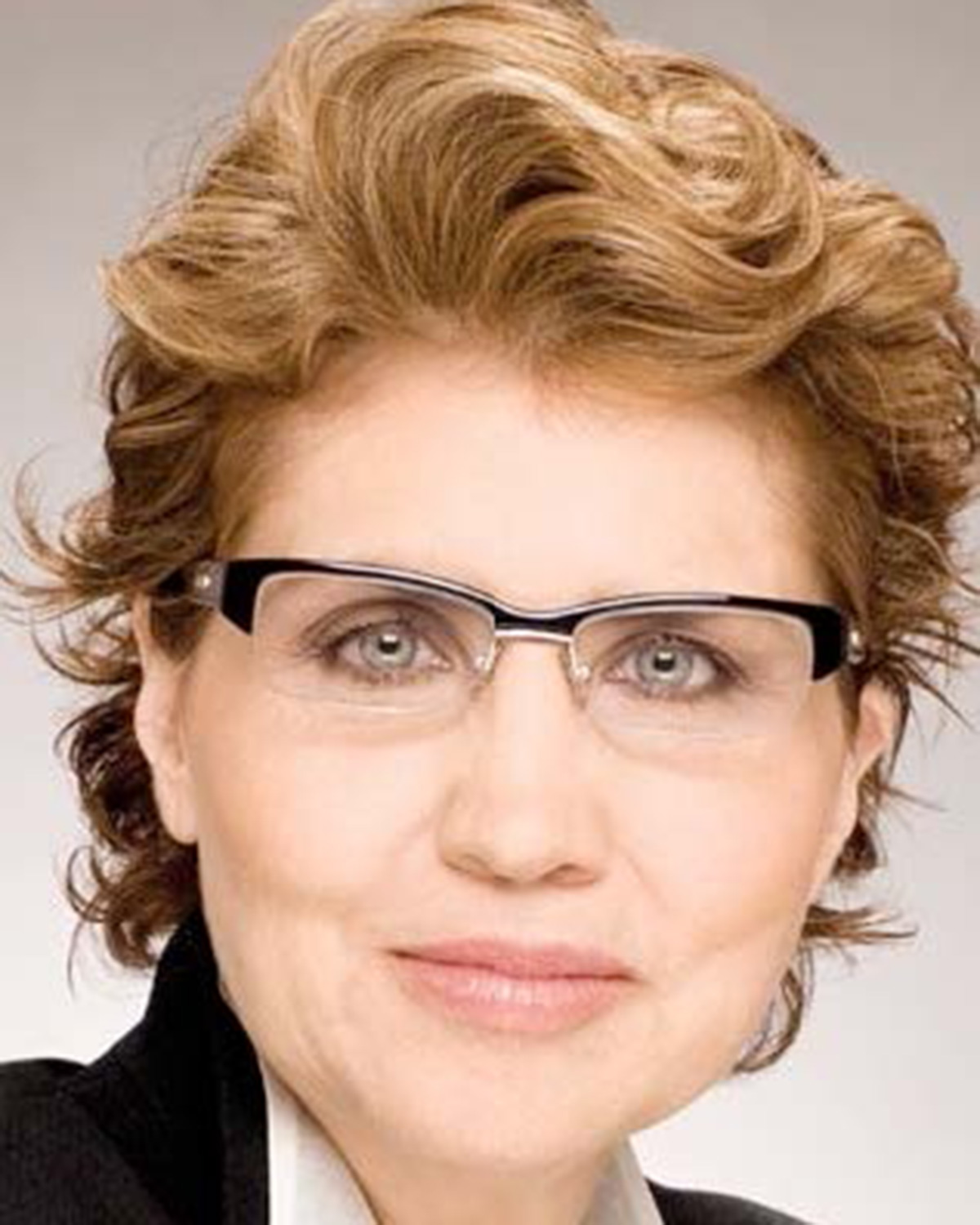 Desde septiembre de 2014, es Directora y Fundadora de MEXICO Media Lab S21, un centro que captura y genera conocimientos e innovación sobre el uso potencial de nuevas tecnologías de la información y comunicaciones (TIC’s) en los diferentes sectores de la sociedad. El centro está comprometido con que sus actividades contribuyan al mejor entendimiento de los retos y oportunidades que plantea el cambio civilizatorio en la sociedad digital.
Desde septiembre de 2014, es Directora y Fundadora de MEXICO Media Lab S21, un centro que captura y genera conocimientos e innovación sobre el uso potencial de nuevas tecnologías de la información y comunicaciones (TIC’s) en los diferentes sectores de la sociedad. El centro está comprometido con que sus actividades contribuyan al mejor entendimiento de los retos y oportunidades que plantea el cambio civilizatorio en la sociedad digital.
De 2009 a 2014 desempeñó el cargo de Vicepresidenta Editorial del Grupo Expansión, siendo responsable del contenido de las 17 revistas y 11 sitios que componen al Grupo, así como del contenido editorial de las extensiones de marca. Rossana fue la primera mujer que ocupó el cargo de editora de la sección de negocios en el periódico “El Financiero”. Ha sido Subdirectora de asuntos especiales e investigación en el diario “Reforma” y Directora de las páginas de Opinión en El Universal de MEXICO. Fue conductora de televisión en el programa “Contrapunto” de Televisa y ha colaborado en los diarios internacionales The New York Times, The Washington Post y otros medios sindicados en Estados Unidos.
Rossana ha escrito sobre diversos temas, incluyendo la crisis del peso mexicano en 1994, la crisis de la deuda mexicana en la década de los ochenta, así como sobre asuntos internacionales y temas de política. Coautora de varios libros, incluyendo “Networked Readiness: Latin America’s Last Train” y “¿Estamos Unidos Mexicanos?” Su último libro “Oro Gris: Zambrano, la gesta de Cemex y la globalización en MEXICO” es una biografía empresarial del Presidente del Consejo de Administración de Cemex Lorenzo Zambrano, usada como telón de fondo para narrar la acumulación de capital en el norte de MEXICO y la entrada del país a la globalización. “Oro Gris” es uno de los libros de negocios más vendidos de Editorial Aguilar.
Fue catedrática del Instituto Tecnológico Autónomo de MEXICO, Fundadora y Miembro del Consejo de Redacción de “Foreign Affairs Latinoamérica”. Participa en consejos que incluyen a representantes de medios en diversas organizaciones como el Woodrow Wilson Center en Washington y el Foro Económico Mundial llevado a cabo anualmente en Davos, Suiza.
Rossana es licenciada en Comunicación de Masas por la Universidad Autónoma Metropolitana de MEXICO, tiene un doctorado en Derecho a la Información del programa conjunto de la Universidad de Occidente Navarra e Iberoamericana. Es Maestra en Periodismo Internacional por la Universidad del Sur de California y de Teatro por Mountview Theatre School (Londres). Tiene estudios de posgrado en Historia del Cine y Estética por la Universidad de la Sorbona de París.

Manuel Garrido
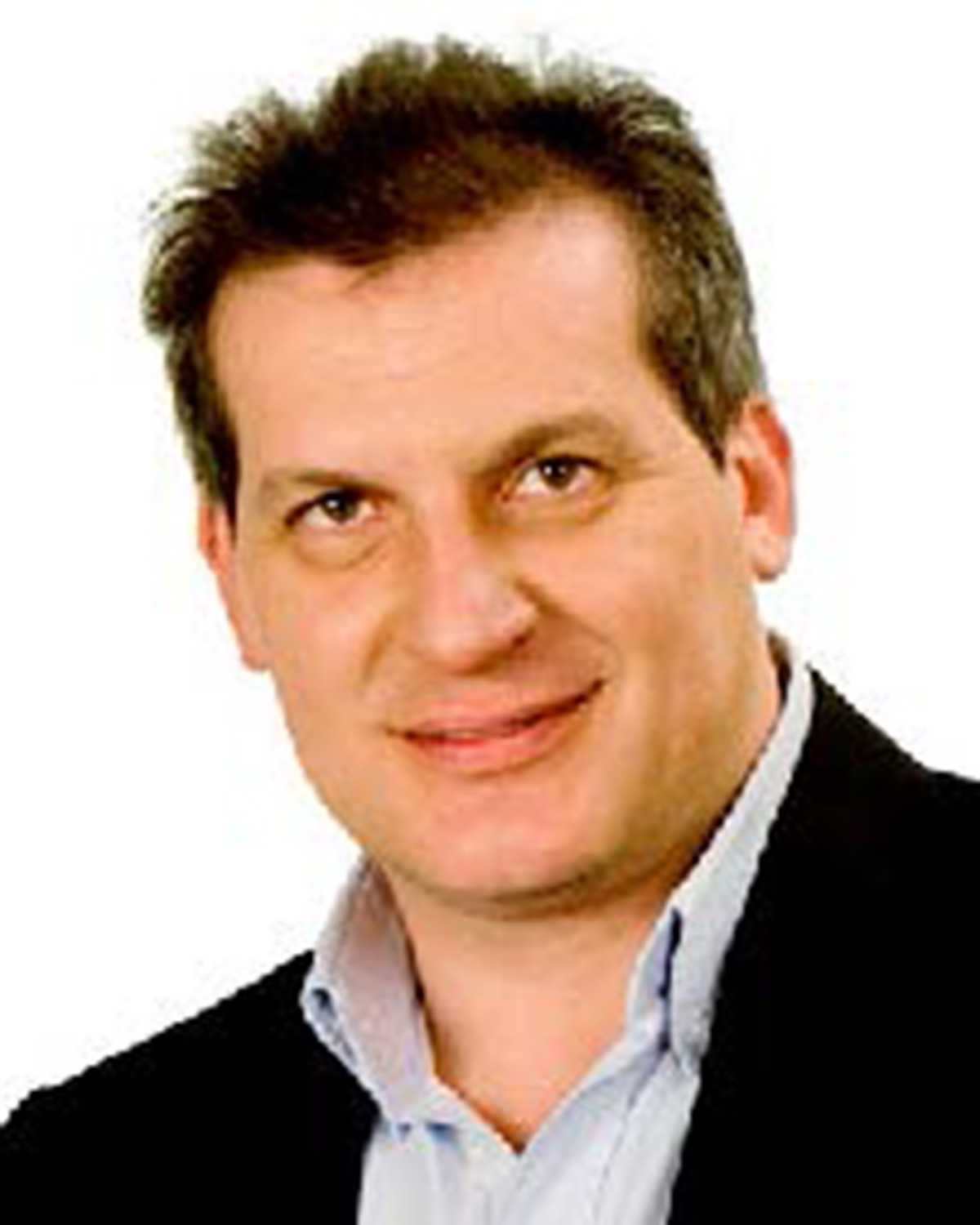 Diputado Nacional por la UCR y secretario de la Comisión de Derechos Humanos y Garantías y de la Comisión de Legislación Penal. Vocal en las Comisiones de Justicia, Asuntos Constitucionales, Juicio Político y Parlamentaria Permanente Mixta Revisora de Cuentas. Anteriormente fue Fiscal de Investigaciones Administrativas, Director de la Oficina Anticorrupción y Director de Investigaciones en la Comisión Internacional contra la Impunidad en Guatemala.
Diputado Nacional por la UCR y secretario de la Comisión de Derechos Humanos y Garantías y de la Comisión de Legislación Penal. Vocal en las Comisiones de Justicia, Asuntos Constitucionales, Juicio Político y Parlamentaria Permanente Mixta Revisora de Cuentas. Anteriormente fue Fiscal de Investigaciones Administrativas, Director de la Oficina Anticorrupción y Director de Investigaciones en la Comisión Internacional contra la Impunidad en Guatemala.
Manuel es Abogado por la UBA, Profesor titular de Derecho Penal en las universidades de La Plata y del Noroeste de la Provincia de Buenos Aires, así como Profesor invitado de la Universidad de San Andrés, de la Maestría en Auditoría Gubernamental de la Universidad Nacional de San Martín y del posgrado de Derecho Administrativo de la Facultad de Derecho de la UBA, entre otras. Es miembro del Comité Académico del Centro de Gobernabilidad y Transparencia del IAE Business School y Presidente de Innocence Project Argentina.

María Beatriz (Pilu) Giraudo
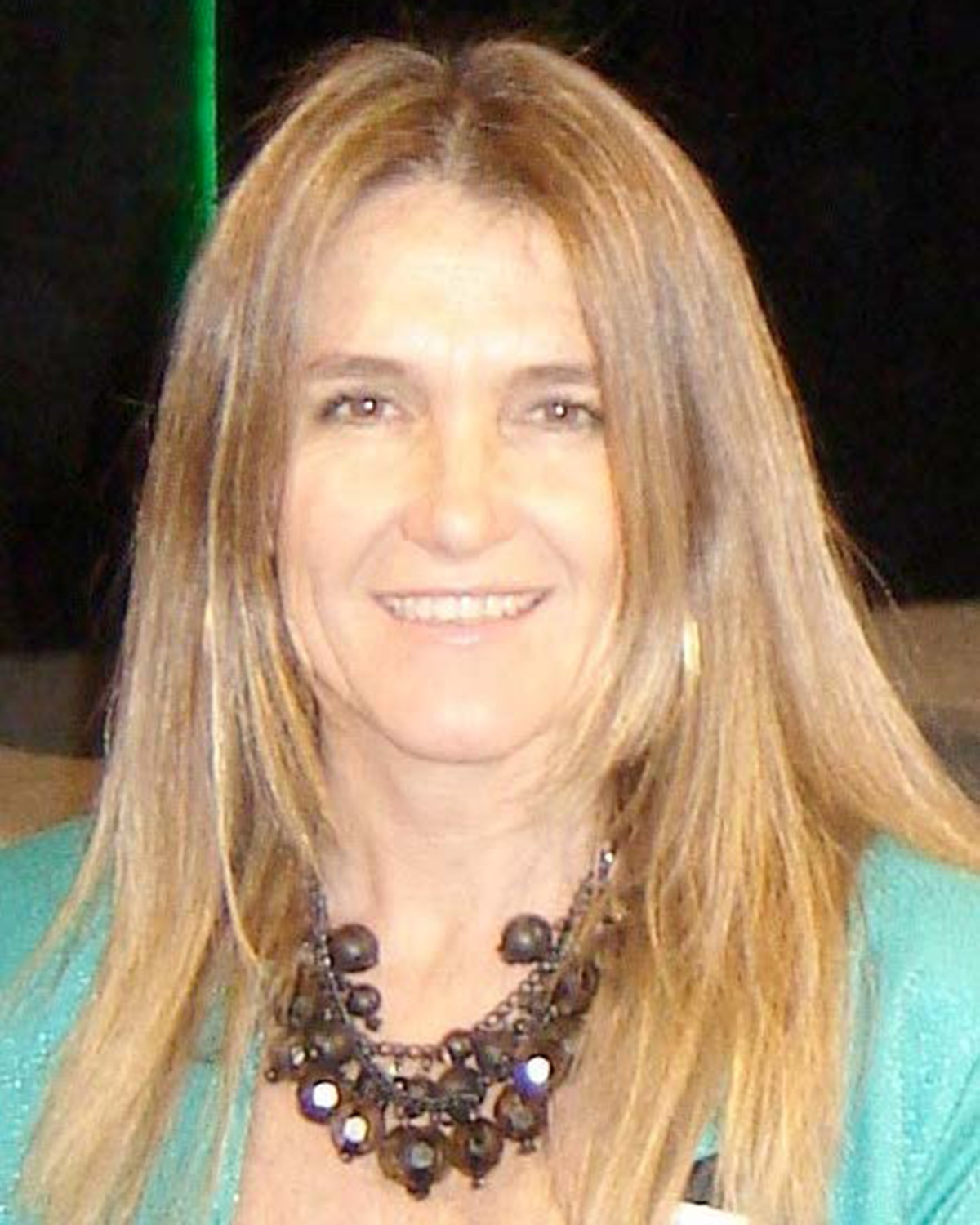 Ingeniera Agrónoma, productora y consultora. Quinta generación de agricultores en el país. Presidenta de AAPRESID. Madre de Manuel y Felipe.
Ingeniera Agrónoma, productora y consultora. Quinta generación de agricultores en el país. Presidenta de AAPRESID. Madre de Manuel y Felipe.

Nega Gizza
 Giselle Gomes Souza, popularmente conocida como Nega Gizza, se ha abierto camino en un campo en el que predominaban las voces masculinas. Hija de una empleada doméstica, a los 7 años vendía refrescos y cerveza con sus hermanos en el centro de Río de Janeiro. A los 15 años escuchó por primera vez el rap y se identificó de inmediato con ese estilo musical. Luego de que su hermano Márcio fuera asesinado por la policía, Nega fue “adoptada” por MV Bill, quien la invitó a unirse a su banda como vocalista, logrando ser la primera locutora de una radio de rap y cosechando muchos éxitos más, como el premio Hutúz (el premio más importante al hip hop en América Latina) y el premio Orilaxé.
Giselle Gomes Souza, popularmente conocida como Nega Gizza, se ha abierto camino en un campo en el que predominaban las voces masculinas. Hija de una empleada doméstica, a los 7 años vendía refrescos y cerveza con sus hermanos en el centro de Río de Janeiro. A los 15 años escuchó por primera vez el rap y se identificó de inmediato con ese estilo musical. Luego de que su hermano Márcio fuera asesinado por la policía, Nega fue “adoptada” por MV Bill, quien la invitó a unirse a su banda como vocalista, logrando ser la primera locutora de una radio de rap y cosechando muchos éxitos más, como el premio Hutúz (el premio más importante al hip hop en América Latina) y el premio Orilaxé.
Más tarde, junto con MV Bill y Celso Athayde, Nega fundó CUFA (Central Única das Favelas) en donde ha organizado múltiples festivales y es la presidenta de Maria Maria, iniciativa que implementa proyectos exclusivos para mujeres. Actualmente lidera un proyecto novedoso en la televisión BRAZILeña, llamado Aglomerado. Recientemente, Nega se ha convertido en la primera locutora de Jungle Fight, el mayor evento de artes marciales en la región, lo cual generó un gran impacto en los medios de su país pues exalta nuevamente la participación y éxito de las mujeres.

Gustavo Gorriti
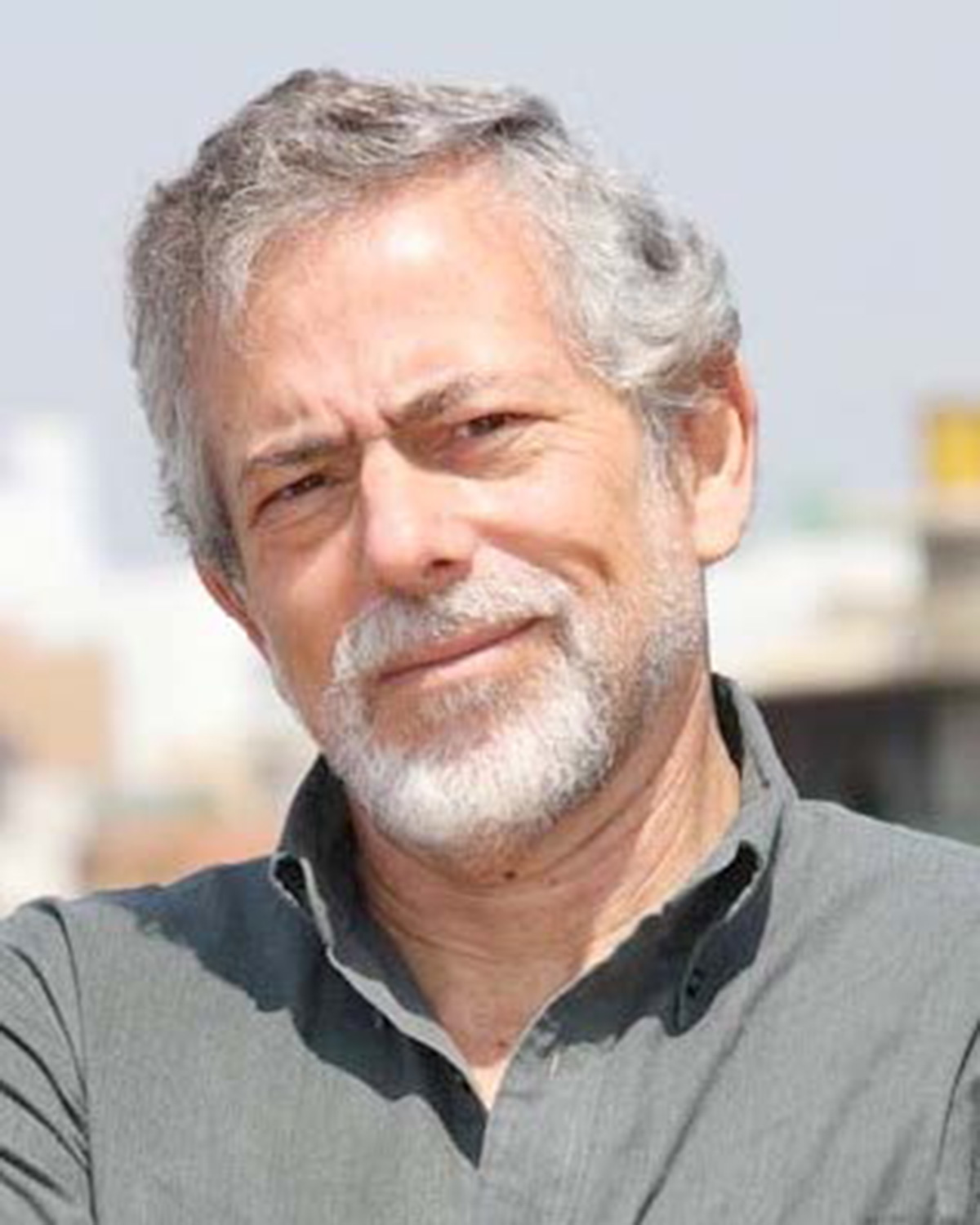 Se hizo periodista en 1981 en su patria, PERU, y desde entonces, salvo cortos períodos, no ha dejado de trabajar como tal. Dirige IDL-Reporteros, la publicación digital de periodismo de investigación sin fines de lucro, desde su fundación en 2010. Antes fue co-director del diario La República de Lima; director asociado de La Prensa de Panamá; colaborador de varias publicaciones en Estados Unidos y España; reportero y editor en la revista Caretas, en donde empezó a trabajar y donde aprendió lo que el periodismo debe ser y lo que es.
Se hizo periodista en 1981 en su patria, PERU, y desde entonces, salvo cortos períodos, no ha dejado de trabajar como tal. Dirige IDL-Reporteros, la publicación digital de periodismo de investigación sin fines de lucro, desde su fundación en 2010. Antes fue co-director del diario La República de Lima; director asociado de La Prensa de Panamá; colaborador de varias publicaciones en Estados Unidos y España; reportero y editor en la revista Caretas, en donde empezó a trabajar y donde aprendió lo que el periodismo debe ser y lo que es.
Las circunstancias y su disposición a enfrentarlas le llevaron a dedicarse principalmente a los temas duros de nuestro tiempo en Latinoamérica a través del reportaje directo y el periodismo de investigación. Ha escrito algunos libros, el más conocido de los cuales es “Sendero: Historia de la guerra milenaria en el PERU”.

Carlos Hernández
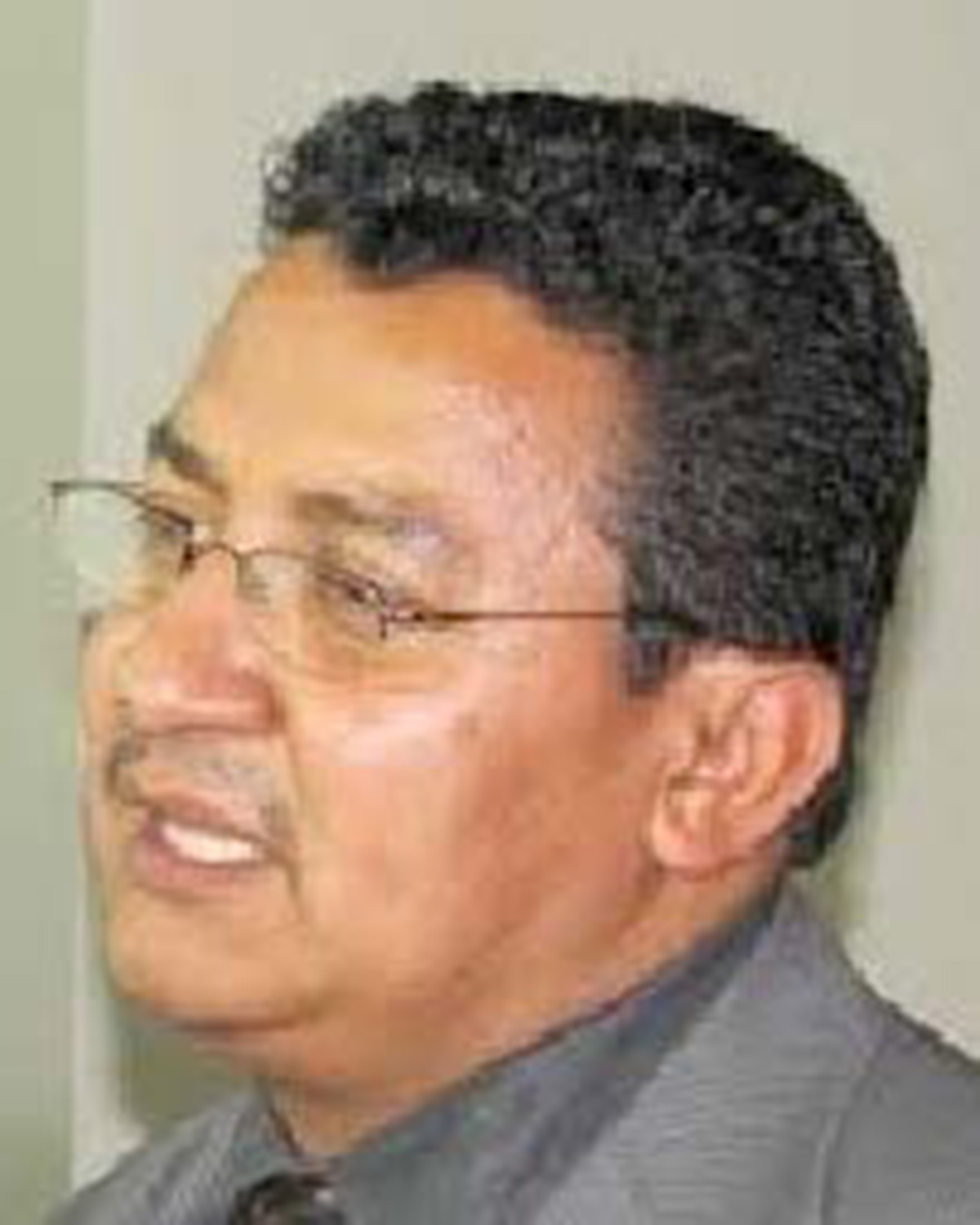 Defensor de derechos humanos con 25 años de experiencia en proyectos sociales a nivel de comunidades y en los últimos 15 años como fundador y presidente de la junta directiva de la Asociación para una Sociedad más Justa, capítulo de Transparencia Internacional en Honduras, trabajando en el diseño de políticas públicas. Carlos también se desempeña como presidente de la coalición Transformemos Honduras y es miembro de la junta directiva de la Alianza por la Paz y la Justicia. Las tres organizaciones han tenido éxitos sustanciales en acciones de incidencia y auditoria social en temas de paz, seguridad ciudadana y transparencia.
Defensor de derechos humanos con 25 años de experiencia en proyectos sociales a nivel de comunidades y en los últimos 15 años como fundador y presidente de la junta directiva de la Asociación para una Sociedad más Justa, capítulo de Transparencia Internacional en Honduras, trabajando en el diseño de políticas públicas. Carlos también se desempeña como presidente de la coalición Transformemos Honduras y es miembro de la junta directiva de la Alianza por la Paz y la Justicia. Las tres organizaciones han tenido éxitos sustanciales en acciones de incidencia y auditoria social en temas de paz, seguridad ciudadana y transparencia.
En Honduras, Carlos es un líder de opinión en temas relacionados con políticas públicas, corrupción, transparencia, democracia y desarrollo. Ha sido expositor en conferencias internacionales sobre temas de seguridad, transparencia y desarrollo. En los últimos años ha trabajado en la reforma al sistema de seguridad y justicia, educación, salud y el fortalecimiento democrático.

Miguel Lago
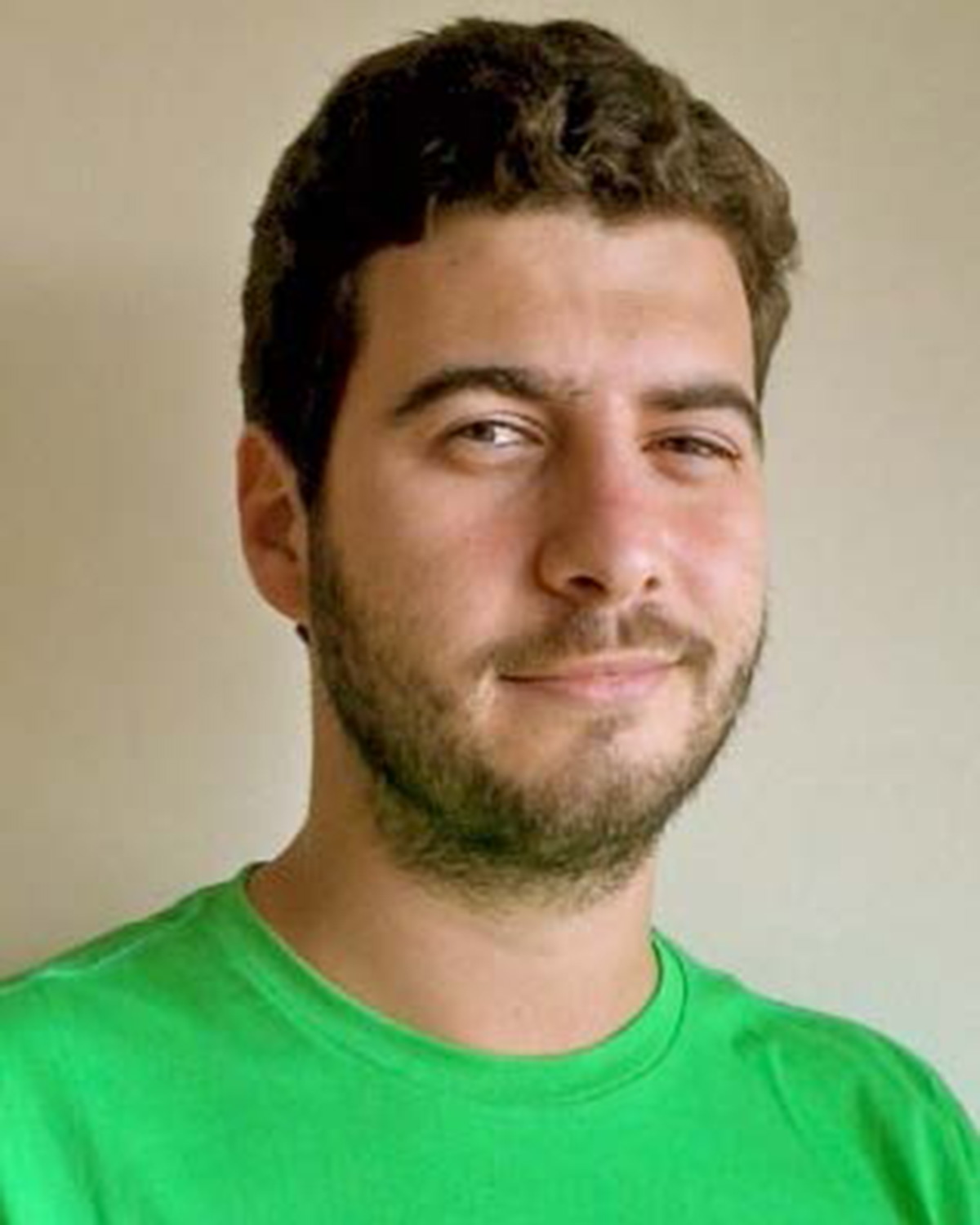 Co-fundador y Director-Presidente de Meu Rio. Licenciado en Ciencias Políticas por el Instituto de Estudios Políticos de París, con especialización en política latinoamericana. Tiene una maestría en Administración Pública por la misma universidad. En 2011, Miguel cofundó Meu Rio, una red de movilización ciudadana que cuenta con más de 140,000 miembros registrados en Río de Janeiro. Sus miembros utilizan una serie de tecnologías innovadoras para participar activamente en procesos de toma de decisiones e implementación de políticas públicas, ejerciendo un activo control social sobre los gobernantes. En los últimos dos años, entre otras experiencias exitosas, los miembros de la Red Meu Rio han usado cámaras de vigilancia para evitar la demolición de una de las mejores escuelas públicas del país, presionaron a los diputados a través de un sistema de conexión gratuita y automática por email y teléfono para que aprobaran la ley Ficha Limpa Estadual, y han canalizado miles de voces para ayudar a las madres que buscan a sus hijos desaparecidos a lograr la instalación de la primera delegación especializada en desapariciones en el Estado de Río de Janeiro. A partir de 2014, Meu Rio comenzó a replicar su modelo en otras ciudades.
Co-fundador y Director-Presidente de Meu Rio. Licenciado en Ciencias Políticas por el Instituto de Estudios Políticos de París, con especialización en política latinoamericana. Tiene una maestría en Administración Pública por la misma universidad. En 2011, Miguel cofundó Meu Rio, una red de movilización ciudadana que cuenta con más de 140,000 miembros registrados en Río de Janeiro. Sus miembros utilizan una serie de tecnologías innovadoras para participar activamente en procesos de toma de decisiones e implementación de políticas públicas, ejerciendo un activo control social sobre los gobernantes. En los últimos dos años, entre otras experiencias exitosas, los miembros de la Red Meu Rio han usado cámaras de vigilancia para evitar la demolición de una de las mejores escuelas públicas del país, presionaron a los diputados a través de un sistema de conexión gratuita y automática por email y teléfono para que aprobaran la ley Ficha Limpa Estadual, y han canalizado miles de voces para ayudar a las madres que buscan a sus hijos desaparecidos a lograr la instalación de la primera delegación especializada en desapariciones en el Estado de Río de Janeiro. A partir de 2014, Meu Rio comenzó a replicar su modelo en otras ciudades.

Juan Pablo Luna
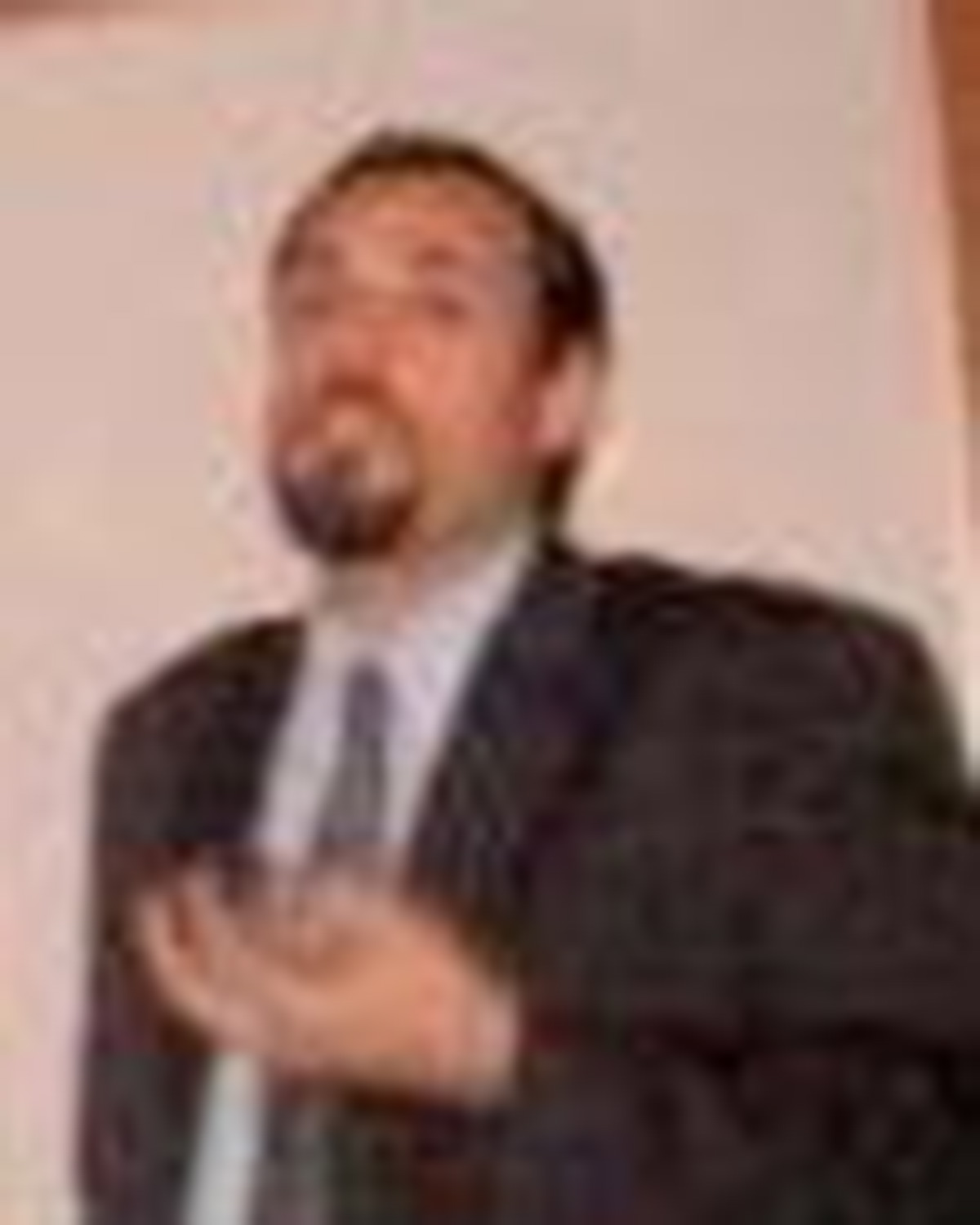 Doctor en Ciencia Política por la Universidad de Carolina del Norte, Chapel Hill (2006). Su tesis doctoral obtuvo el Premio Juan Linz a la Mejor Tesis Doctoral, otorgado por la Comparative Democratization Section de la Asociación Americana de Ciencia Política (2008). También en 2008, Juan Pablo obtuvo una beca post-doctoral del Programa de Estudios Latinoamericanos del Woodrow Wilson Center for Scholars. Ha sido profesor visitante en las universidades de Harvard (2013), Brown (2011), Princeton (2008) y Salamanca (2003). Actualmente es Profesor Asociado del Instituto de Ciencia Política (PUC-Chile) y Director del Programa de Doctorado en la misma Institución. En 2010, publicó, junto a Herbert Kitschelt, Kirk Hawkins, Guillermo Rosas y Elizabeth Zechmeister el libro Latin American Party Systems (Cambridge University Press).
Doctor en Ciencia Política por la Universidad de Carolina del Norte, Chapel Hill (2006). Su tesis doctoral obtuvo el Premio Juan Linz a la Mejor Tesis Doctoral, otorgado por la Comparative Democratization Section de la Asociación Americana de Ciencia Política (2008). También en 2008, Juan Pablo obtuvo una beca post-doctoral del Programa de Estudios Latinoamericanos del Woodrow Wilson Center for Scholars. Ha sido profesor visitante en las universidades de Harvard (2013), Brown (2011), Princeton (2008) y Salamanca (2003). Actualmente es Profesor Asociado del Instituto de Ciencia Política (PUC-Chile) y Director del Programa de Doctorado en la misma Institución. En 2010, publicó, junto a Herbert Kitschelt, Kirk Hawkins, Guillermo Rosas y Elizabeth Zechmeister el libro Latin American Party Systems (Cambridge University Press).

Otilia Lux de Cotí
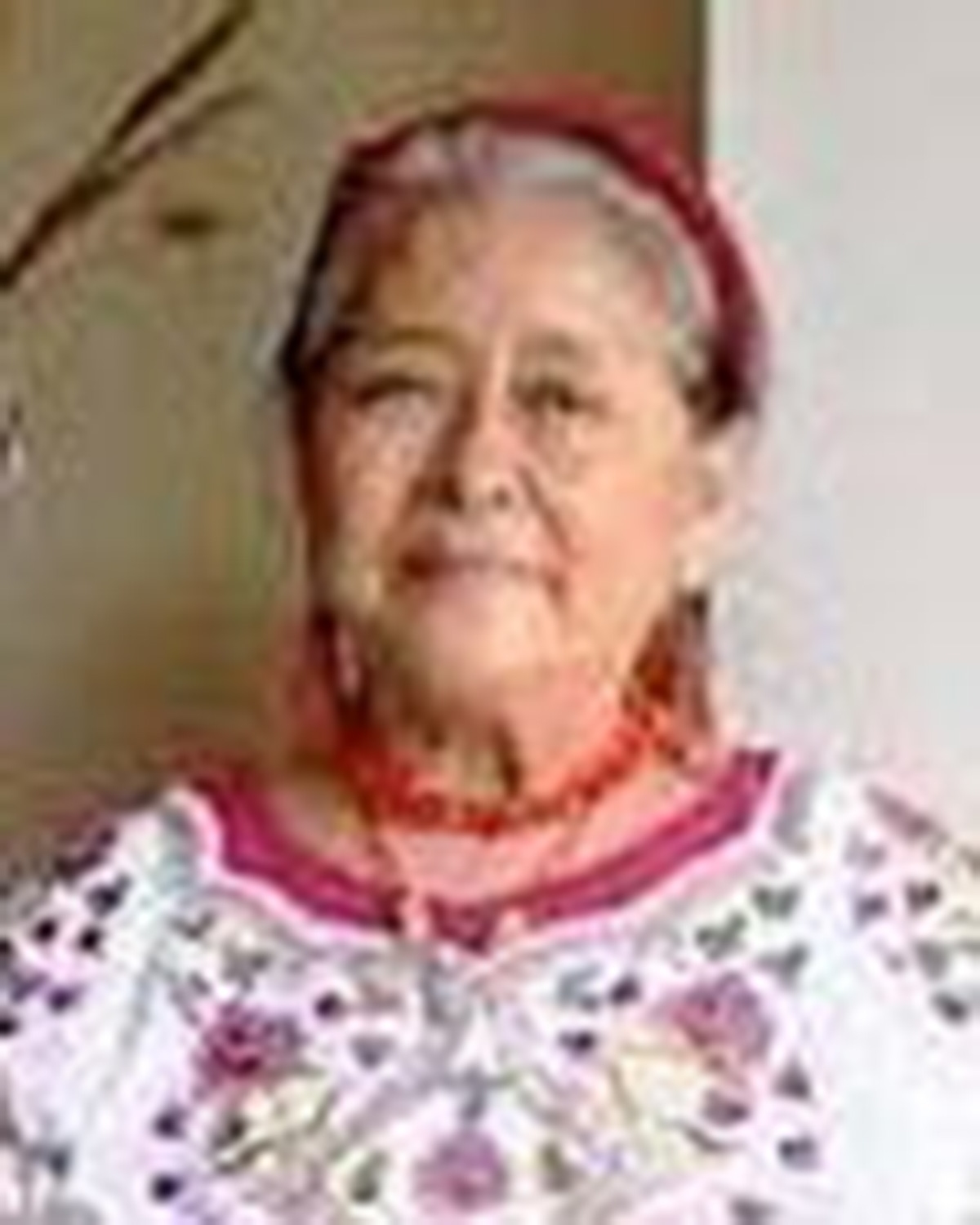 Mujer Maya k´iché representante del Caucus Global de Mujeres Indígenas en el Grupo de Cabildeo ante los Estados Miembros de las Naciones Unidas para la resolución A/69/L.1 de la Conferencia Mundial de Pueblos Indígenas y Directora Ejecutiva del Foro Internacional de Mujeres Indígenas. Otilia ha sido Diputada al Congreso de la República por WINAQ, Ministra de Cultura y Deportes de Guatemala, representante de Guatemala ante el Consejo Ejecutivo de la UNESCO, Experta de Pueblos Indígenas en las Naciones Unidas en el Foro Permanente de Cuestiones Indígenas. También ha sido Comisionada de la Comisión del Esclarecimiento Histórico sobre la violación de los Derechos Humanos y hechos de violencia en Guatemala, Oficial de Proyectos Educativos en USAID/Guatemala, maestra en los niveles primario, secundario y universitario, catedrática en diplomados para mujeres indígenas y conferencista nacional e internacional.
Mujer Maya k´iché representante del Caucus Global de Mujeres Indígenas en el Grupo de Cabildeo ante los Estados Miembros de las Naciones Unidas para la resolución A/69/L.1 de la Conferencia Mundial de Pueblos Indígenas y Directora Ejecutiva del Foro Internacional de Mujeres Indígenas. Otilia ha sido Diputada al Congreso de la República por WINAQ, Ministra de Cultura y Deportes de Guatemala, representante de Guatemala ante el Consejo Ejecutivo de la UNESCO, Experta de Pueblos Indígenas en las Naciones Unidas en el Foro Permanente de Cuestiones Indígenas. También ha sido Comisionada de la Comisión del Esclarecimiento Histórico sobre la violación de los Derechos Humanos y hechos de violencia en Guatemala, Oficial de Proyectos Educativos en USAID/Guatemala, maestra en los niveles primario, secundario y universitario, catedrática en diplomados para mujeres indígenas y conferencista nacional e internacional.

Carlos March
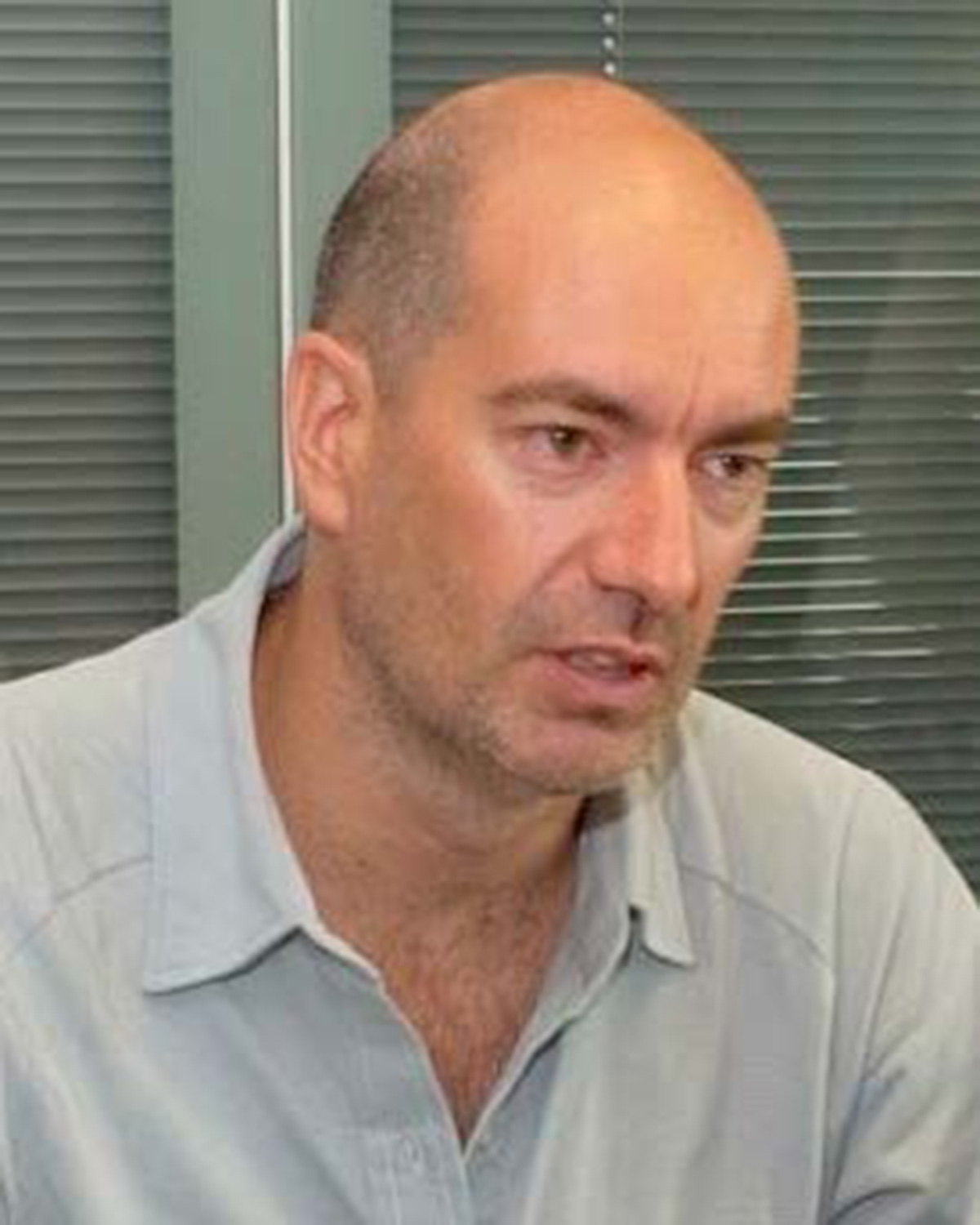 Periodista. Director ejecutivo de la Fundación Poder Ciudadano entre 2000-2005. Autor del libro “Dignidad para todos” (2009). Secretario de la Confederación de la Sociedad Civil (2012 a la fecha).
Periodista. Director ejecutivo de la Fundación Poder Ciudadano entre 2000-2005. Autor del libro “Dignidad para todos” (2009). Secretario de la Confederación de la Sociedad Civil (2012 a la fecha).

María Consuelo Mejía Piñeros
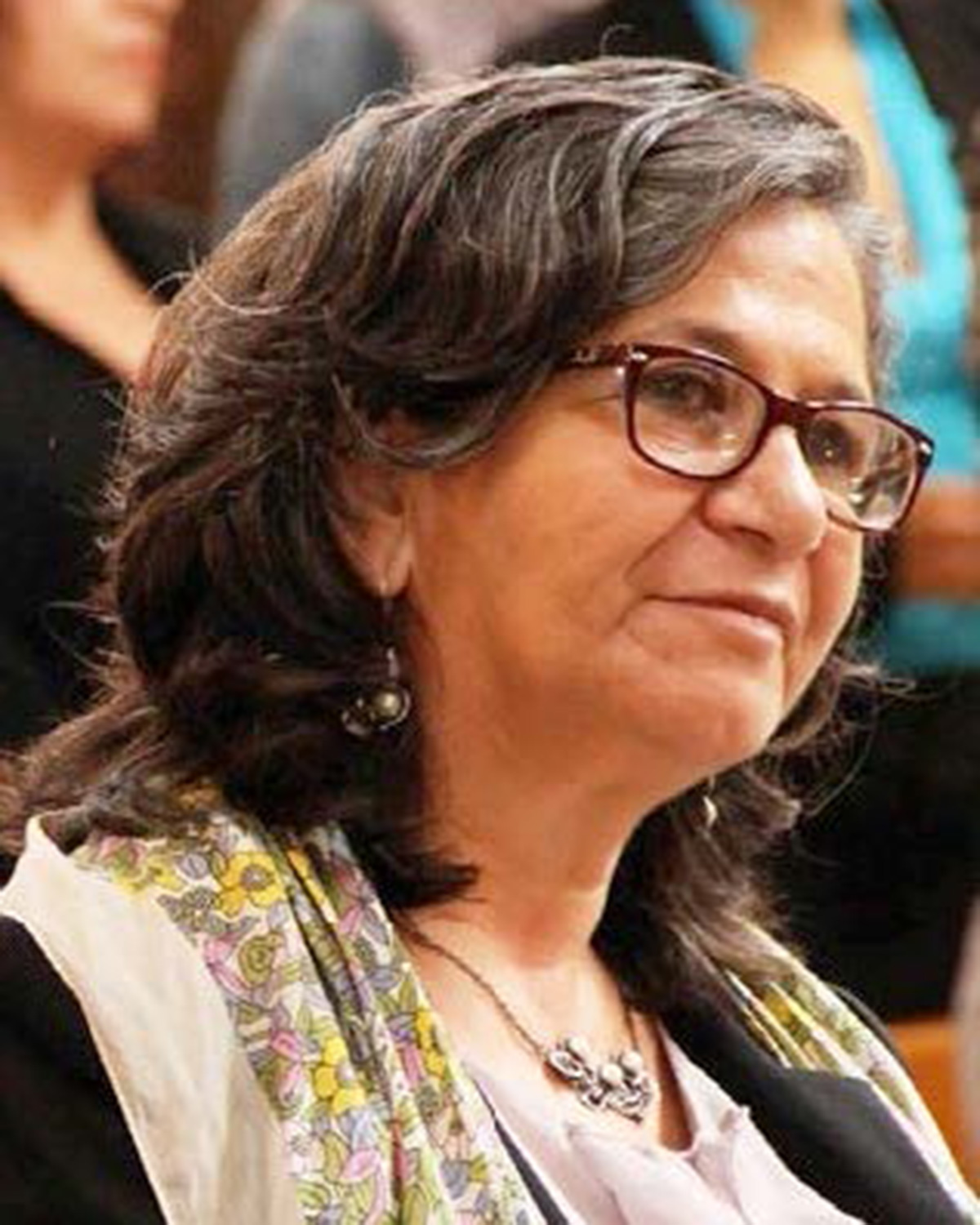 Antropóloga con Maestría en Estudios Latinoamericanos. Fue investigadora del Centro de Investigaciones Interdisciplinarias en Ciencias y Humanidades de la Universidad Nacional Autónoma de MEXICO (UNAM) durante 15 años y es directora de Católicas por el Derecho a Decidir en MEXICO desde 1994. Durante 2004 fue Oficial Ejecutiva de Programas de la Federación Internacional de Planificación Familiar/Región del Hemisferio Occidental, con sede en Nueva York. María Consuelo completó los créditos del Doctorado en Estudios Latinoamericanos en la Facultad de Filosofía y Letras de la UNAM. Es autora y coautora de numerosos artículos y de algunos libros. Tiene amplia experiencia en el trabajo de defensa y gestión por la defensa de los derechos humanos de las mujeres, específicamente sus derechos sexuales y reproductivos. Formó parte de la delegación oficial mexicana a la Conferencia Internacional de Población y Desarrollo celebrada en El Cairo, Egipto, en 1994; ha participado en la delegación de las ONG en la Conferencia de las Mujeres (Beijing, 1995) y en los procesos de revisión a los cinco, diez y veinte años de estas conferencias.
Antropóloga con Maestría en Estudios Latinoamericanos. Fue investigadora del Centro de Investigaciones Interdisciplinarias en Ciencias y Humanidades de la Universidad Nacional Autónoma de MEXICO (UNAM) durante 15 años y es directora de Católicas por el Derecho a Decidir en MEXICO desde 1994. Durante 2004 fue Oficial Ejecutiva de Programas de la Federación Internacional de Planificación Familiar/Región del Hemisferio Occidental, con sede en Nueva York. María Consuelo completó los créditos del Doctorado en Estudios Latinoamericanos en la Facultad de Filosofía y Letras de la UNAM. Es autora y coautora de numerosos artículos y de algunos libros. Tiene amplia experiencia en el trabajo de defensa y gestión por la defensa de los derechos humanos de las mujeres, específicamente sus derechos sexuales y reproductivos. Formó parte de la delegación oficial mexicana a la Conferencia Internacional de Población y Desarrollo celebrada en El Cairo, Egipto, en 1994; ha participado en la delegación de las ONG en la Conferencia de las Mujeres (Beijing, 1995) y en los procesos de revisión a los cinco, diez y veinte años de estas conferencias.
En 1999 recibió el premio del capítulo norteamericano de Amnistía Internacional por su significativa contribución a la defensa de los derechos humanos de las mujeres. En 2002, Católicas por el Derecho a Decidir recibió el 10º Premio Nacional de Derechos Humanos “Don Sergio Méndez Arceo” por su trabajo en defensa de los derechos sexuales y reproductivos de las mujeres como derechos humanos; en octubre de 2006 recibió la medalla “Omecíhuatl” por parte del Instituto de las Mujeres del Distrito Federal por su destacada labor y liderazgo comunitario; en noviembre de 2007 recibió el reconocimiento “A las mujeres que abrieron camino en política” otorgado por la Secretaría de Desarrollo Social del Distrito Federal. En julio de 2008, María Consuelo se hizo acreedora de la Medalla de Honor que otorga la Federación Internacional de Planificación de la Familia, Región del Hemisferio Occidental por su Contribución Individual a la Salud Sexual y Reproductiva; en 2010, recibió el Premio Hermila Galindo por su contribución individual a la defensa de los derechos humanos de las mujeres. En 2011 es nominada por la organización internacional Women Deliver como una de las 100 mujeres del mundo más inspiradoras y comprometidas con la vida de las mujeres y las niñas.

Zulia Mena
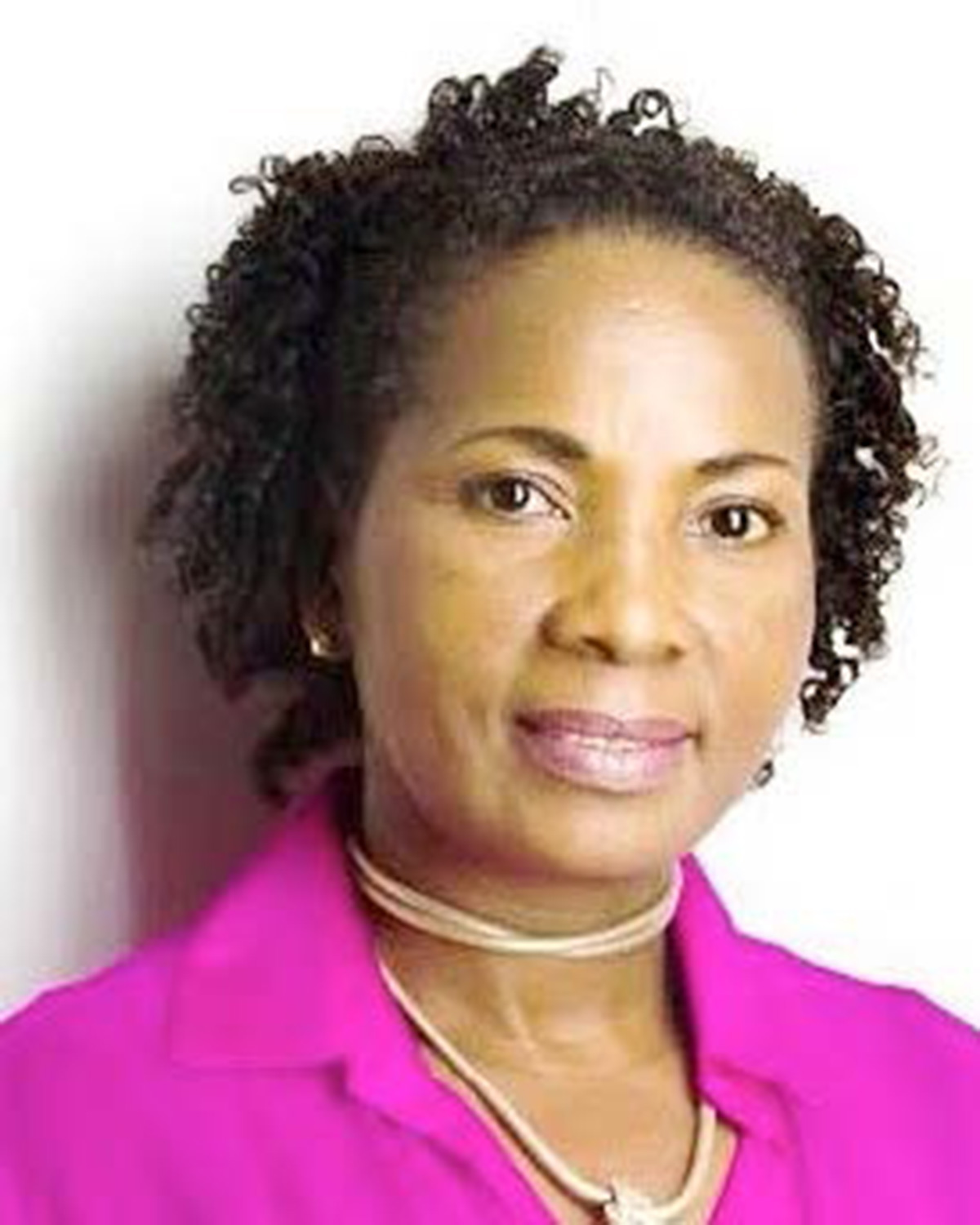 Activista, primera mujer afro-colombiana representante a la Cámara. Es maestra en educación primaria, Trabajadora Social, asesora y capacitadora en procesos de fortalecimiento organizacional y especialista en desarrollo comunitario. Es cofundadora de la Organización de Barrios Populares y Comunidades Campesinas de la Costa Pacífica Chocoana (OBAPOCH). Coordinó la formulación del Plan de Etnodesarrollo “Visión de vida de las comunidades negras del Golfo de Tribugá”. Actualmente, Zulia es la Alcaldesa del municipio de Quibdó y su programa se enfoca en la gobernabilidad, la transparencia y la anti-corrupción.
Activista, primera mujer afro-colombiana representante a la Cámara. Es maestra en educación primaria, Trabajadora Social, asesora y capacitadora en procesos de fortalecimiento organizacional y especialista en desarrollo comunitario. Es cofundadora de la Organización de Barrios Populares y Comunidades Campesinas de la Costa Pacífica Chocoana (OBAPOCH). Coordinó la formulación del Plan de Etnodesarrollo “Visión de vida de las comunidades negras del Golfo de Tribugá”. Actualmente, Zulia es la Alcaldesa del municipio de Quibdó y su programa se enfoca en la gobernabilidad, la transparencia y la anti-corrupción.

Carlos Hugo Molina
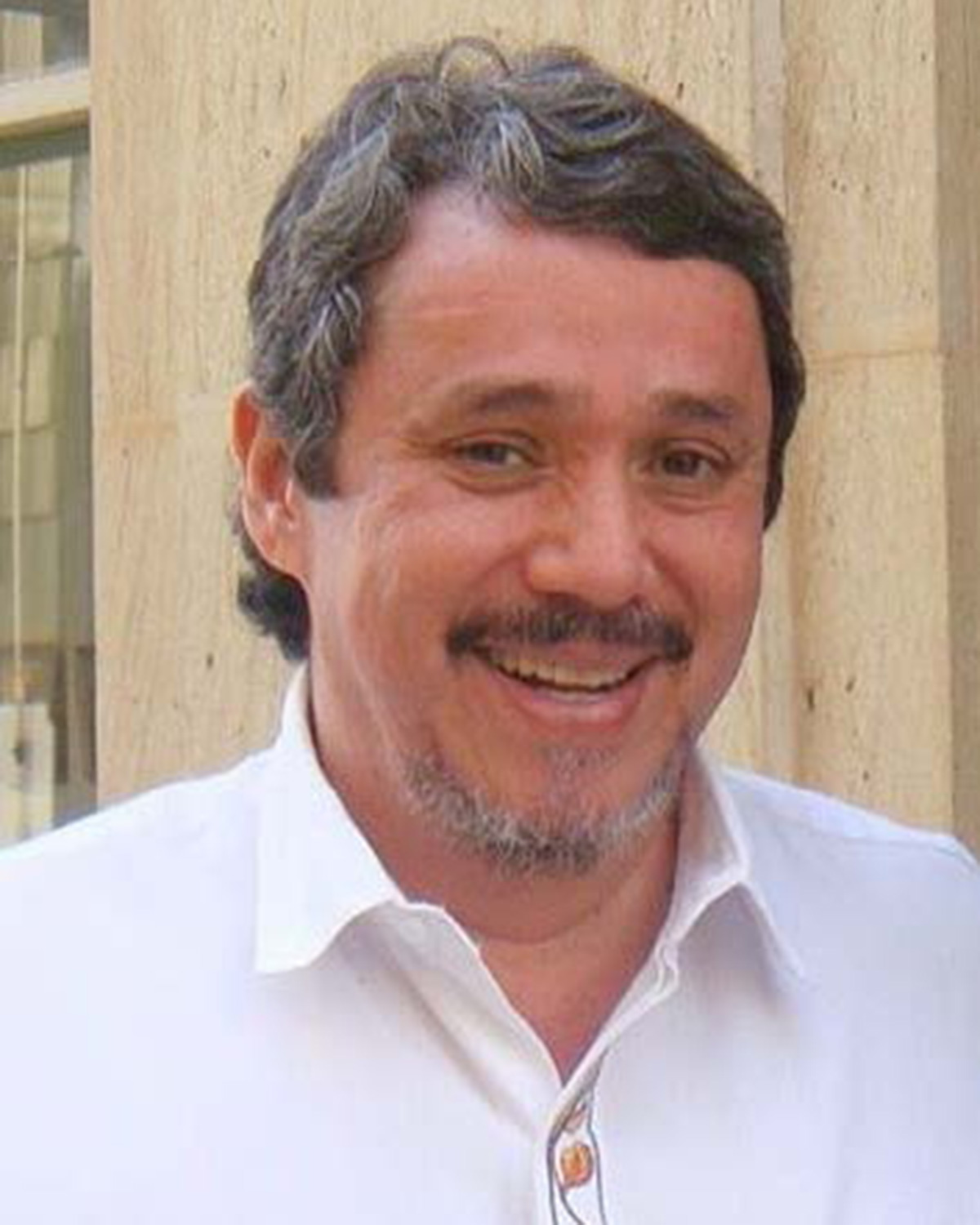 Abogado con especialidad en Derecho Constitucional. Carlos Hugo ha sido Secretario Nacional de Participación Popular y Prefecto (Gobernador) del Departamento de Santa Cruz. Consultor en reforma del Estado, descentralización y participación ciudadana. Tiene 22 libros publicados en materias jurídicas, sociales y literarias. Carlos Hugo preside el Centro para la Participación y el Desarrollo Humano Sostenible.
Abogado con especialidad en Derecho Constitucional. Carlos Hugo ha sido Secretario Nacional de Participación Popular y Prefecto (Gobernador) del Departamento de Santa Cruz. Consultor en reforma del Estado, descentralización y participación ciudadana. Tiene 22 libros publicados en materias jurídicas, sociales y literarias. Carlos Hugo preside el Centro para la Participación y el Desarrollo Humano Sostenible.

Ricardo Morel
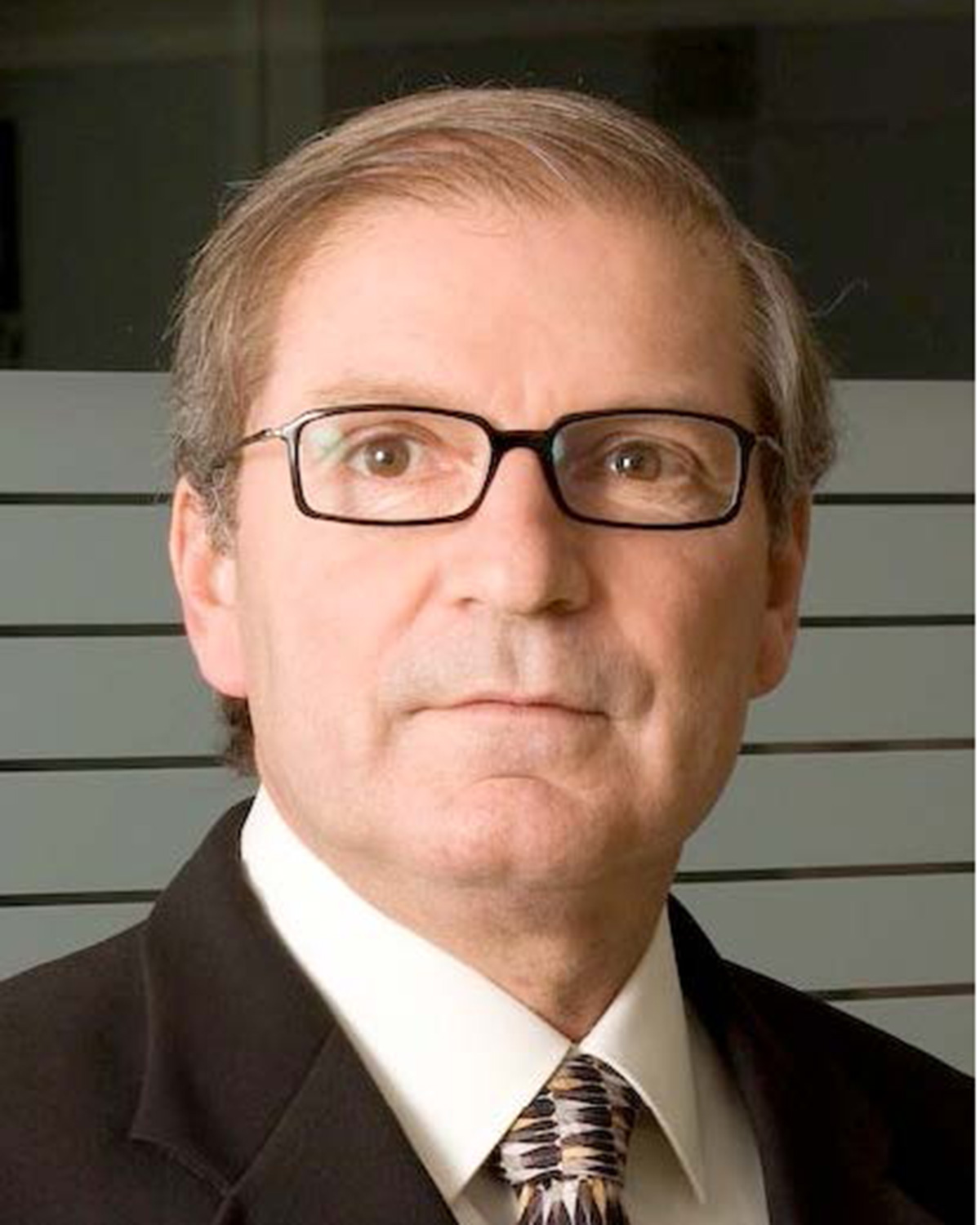 Vicepresidente de Asuntos Corporativos de la minera Antamina. Catedrático y conferencista internacional en temas de responsabilidad social. Vicepresidente de la Asociación Tendiendo Puentes con la Amazonía. Ricardo ha sido Director de IDS – Instituto de Desarrollo Social, Gerente de Asuntos Corporativos de Anglo American PERU, Gerente de Asuntos Externos en la minera Yanacocha, Presidente de la Asociación Civil Foncreagro, Gerente de Relaciones Comunitarias en Antamina, Vicerrector Administrativo de la Universidad Privada del Norte, Coordinador Nacional del Grupo de Diálogo Minería y Desarrollo Sostenible del PERU, Miembro del Consejo Directivo de SASE Consultores, Directivo del Fondo Social Michiquillay, Vicepresidente de la Fundación Anglo American PERU, Directivo de la Fundación Universidad – Empresa y de PERU 2021 en Trujillo. Ricardo es Administrador de Empresas con estudios de postgrado en PERU, Sudáfrica, Chile, España y Costa Rica.
Vicepresidente de Asuntos Corporativos de la minera Antamina. Catedrático y conferencista internacional en temas de responsabilidad social. Vicepresidente de la Asociación Tendiendo Puentes con la Amazonía. Ricardo ha sido Director de IDS – Instituto de Desarrollo Social, Gerente de Asuntos Corporativos de Anglo American PERU, Gerente de Asuntos Externos en la minera Yanacocha, Presidente de la Asociación Civil Foncreagro, Gerente de Relaciones Comunitarias en Antamina, Vicerrector Administrativo de la Universidad Privada del Norte, Coordinador Nacional del Grupo de Diálogo Minería y Desarrollo Sostenible del PERU, Miembro del Consejo Directivo de SASE Consultores, Directivo del Fondo Social Michiquillay, Vicepresidente de la Fundación Anglo American PERU, Directivo de la Fundación Universidad – Empresa y de PERU 2021 en Trujillo. Ricardo es Administrador de Empresas con estudios de postgrado en PERU, Sudáfrica, Chile, España y Costa Rica.

Nohra Padilla Herrera
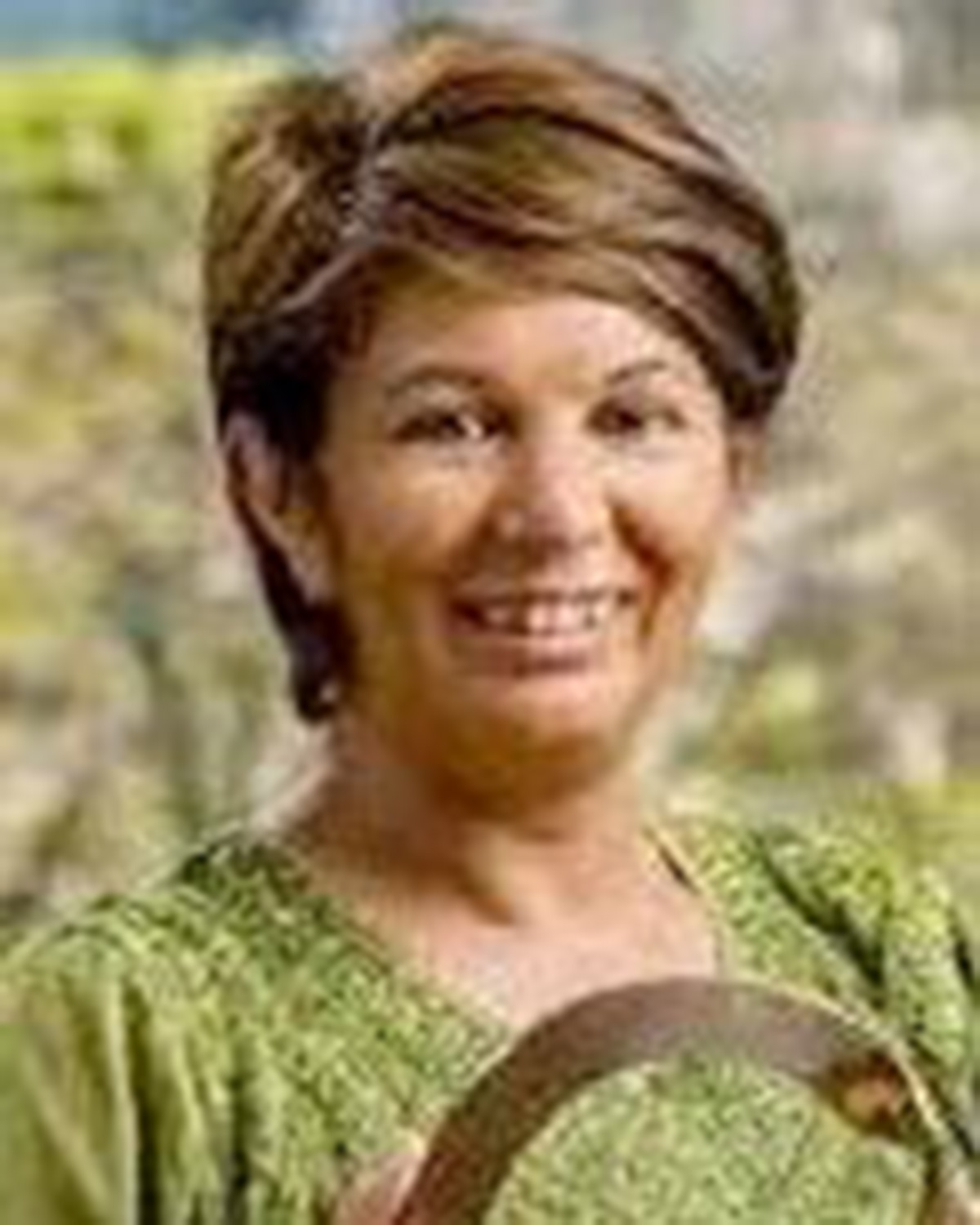 Recicladora de oficio, dirigente gremial con enfoque hacia el reconocimiento social y económico del oficio del reciclaje en el marco del servicio público de aseo, para la población recicladora en todo el mundo.
Recicladora de oficio, dirigente gremial con enfoque hacia el reconocimiento social y económico del oficio del reciclaje en el marco del servicio público de aseo, para la población recicladora en todo el mundo.

Susel Paredes Piqué
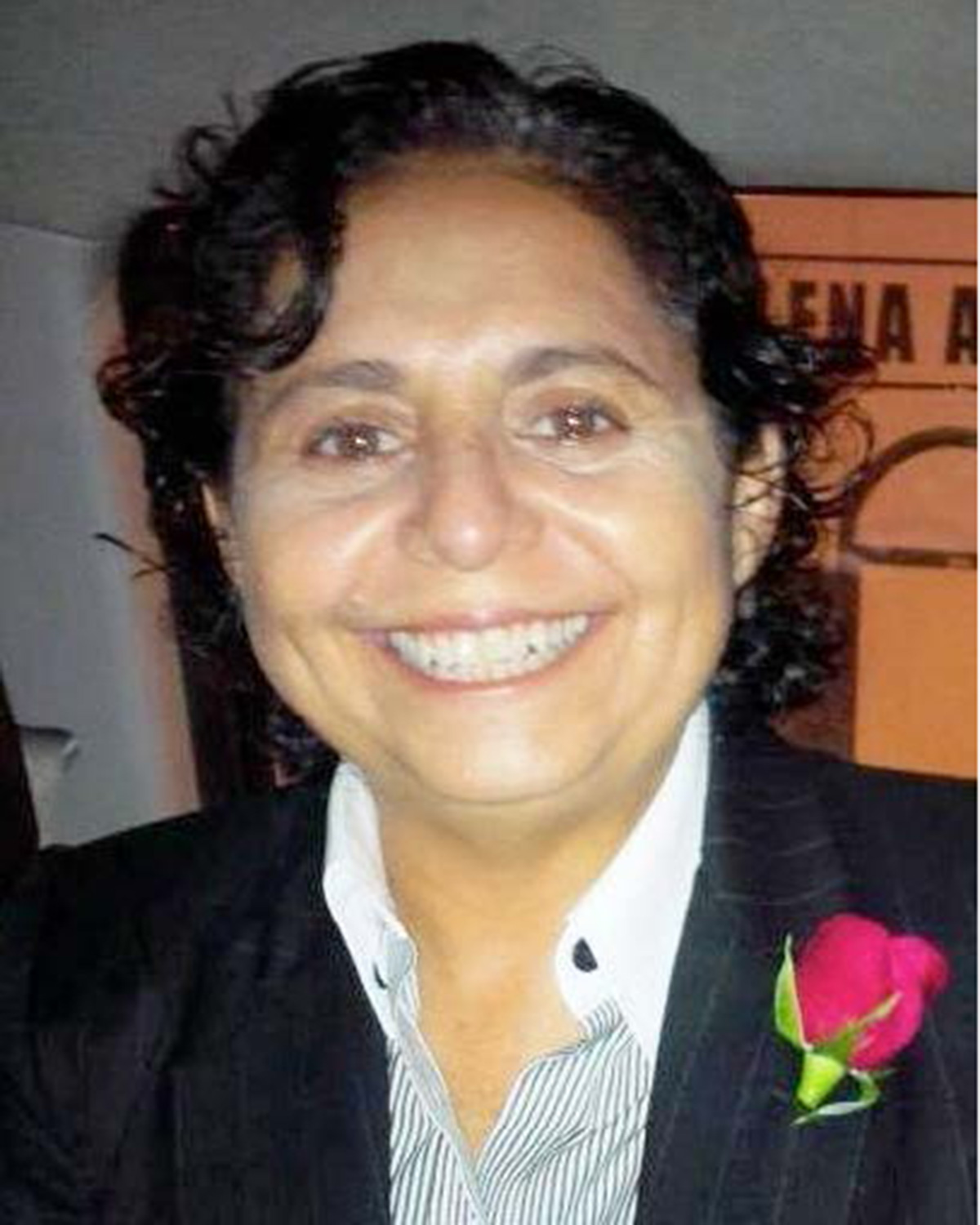 Abogada sanmarquina, activista por los derechos humanos de las personas LTGBI (lesbianas, trans, gays, bisexuales e intersex) y de las personas viviendo con VIH. Susel escribió “Mujeres positivas” sobre mujeres viviendo con VIH, “Invisibles entre sus árboles” sobre mujeres indígenas amazónicas y “Viva esa chica” anecdotario personal. Desde el año 2011 hasta diciembre de 2013 fue Subgerenta de Organizaciones Vecinales. Desde enero de 2014 hasta la fecha es Gerenta de Fiscalización y Control de la Municipalidad Metropolitana de Lima.
Abogada sanmarquina, activista por los derechos humanos de las personas LTGBI (lesbianas, trans, gays, bisexuales e intersex) y de las personas viviendo con VIH. Susel escribió “Mujeres positivas” sobre mujeres viviendo con VIH, “Invisibles entre sus árboles” sobre mujeres indígenas amazónicas y “Viva esa chica” anecdotario personal. Desde el año 2011 hasta diciembre de 2013 fue Subgerenta de Organizaciones Vecinales. Desde enero de 2014 hasta la fecha es Gerenta de Fiscalización y Control de la Municipalidad Metropolitana de Lima.

Claudia Paz y Paz
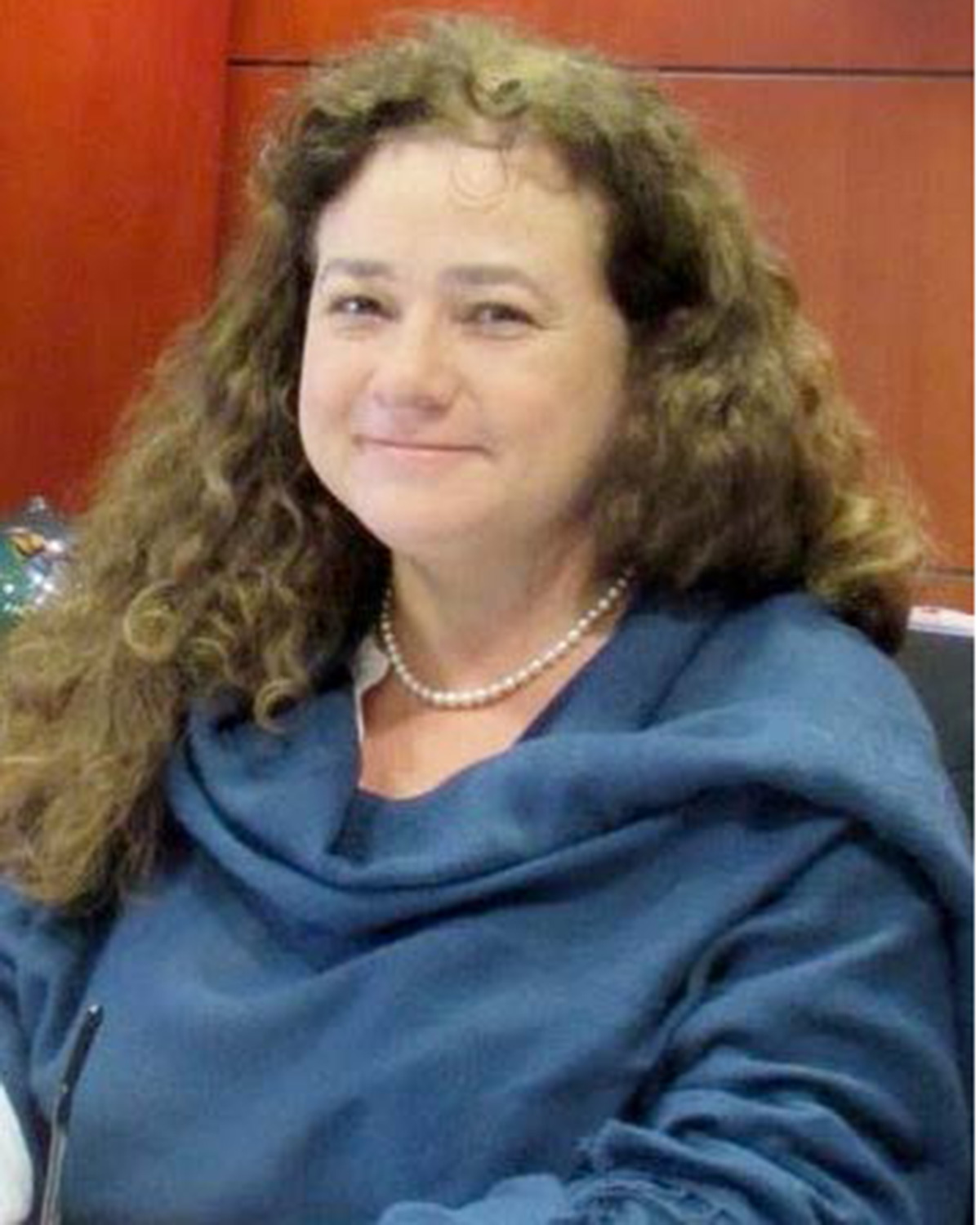 Abogada, Doctora en Derecho Penal y Derechos Humanos por la Universidad de Salamanca, España. Profesora universitaria y fundadora del Instituto de Estudios Comparados en Ciencias Penales de Guatemala. Fiscal General de Guatemala 2010-2014. Actualmente, Claudia es investigadora en la Universidad de Georgetown, EEUU.
Abogada, Doctora en Derecho Penal y Derechos Humanos por la Universidad de Salamanca, España. Profesora universitaria y fundadora del Instituto de Estudios Comparados en Ciencias Penales de Guatemala. Fiscal General de Guatemala 2010-2014. Actualmente, Claudia es investigadora en la Universidad de Georgetown, EEUU.

Thamy Pogrebinschi
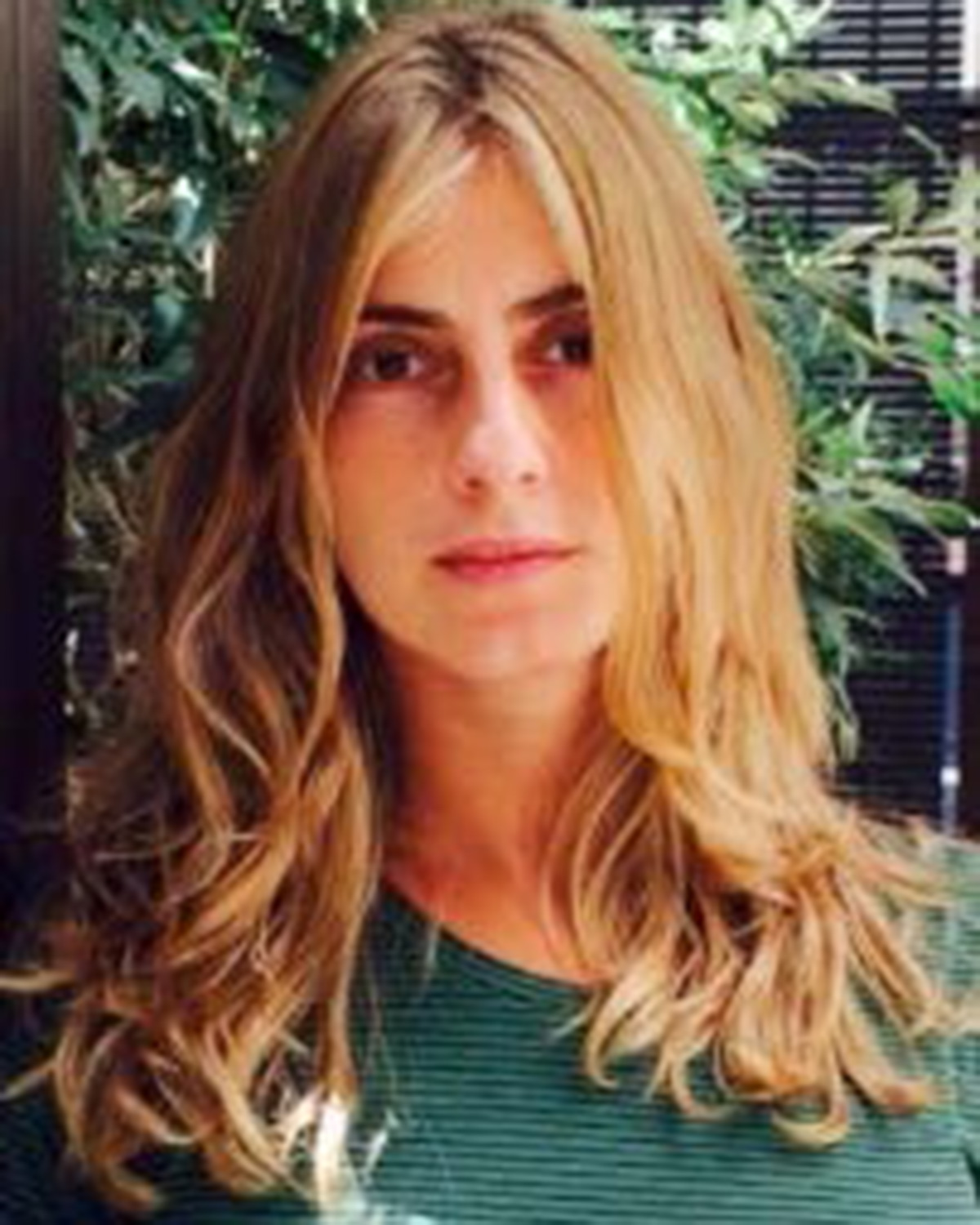 Thamy es investigadora sénior Del WZB Berlin Social Science Center y profesora asociada de ciencia política en el IESP-UERJ. Nació en Río de Janeiro y reside en Berlín desde 2011 para su post-doctorado. Ha sido profesora visitante en la Humboldt Universität (2012-2013), la Goethe Universität Frankfurt (2013-2014) y en la Hertie School of Governance (2014).
Thamy es investigadora sénior Del WZB Berlin Social Science Center y profesora asociada de ciencia política en el IESP-UERJ. Nació en Río de Janeiro y reside en Berlín desde 2011 para su post-doctorado. Ha sido profesora visitante en la Humboldt Universität (2012-2013), la Goethe Universität Frankfurt (2013-2014) y en la Hertie School of Governance (2014).

Miguel Pulido
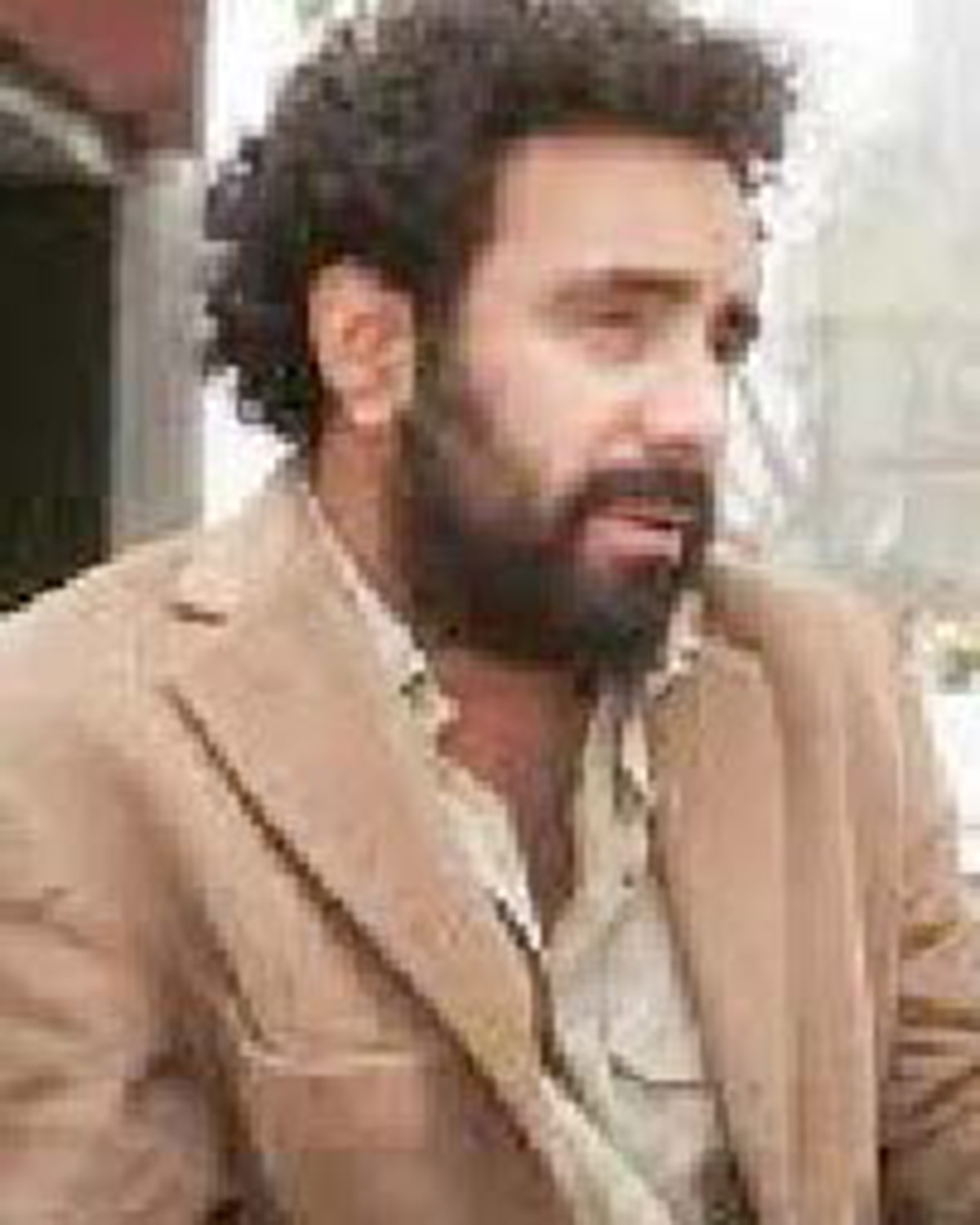 Licenciado en Derecho por el Tecnológico de Monterrey, cuenta con una maestría en Derechos Humanos y Democracia en la Facultad Latinoamericana de Ciencias Sociales y con un postítulo en derechos humanos y procesos de democratización de la Universidad de Chile. Además, Miguel cursó estudios de posgrado en la Facultad de Derecho de la UNAM. Ha sido profesor de Derecho de la Información en la Universidad Iberoamericana. Sus áreas de especialización son derechos humanos, derecho de acceso a la información y sistemas de rendición de cuentas comparados. Escribe quincenalmente en El Universal y ha publicado también en La Jornada. Miguel es autor del libro “El derecho a la información es un derecho humano” y coautor de “Responsabilidad y reparación, un enfoque de derechos humanos”.
Licenciado en Derecho por el Tecnológico de Monterrey, cuenta con una maestría en Derechos Humanos y Democracia en la Facultad Latinoamericana de Ciencias Sociales y con un postítulo en derechos humanos y procesos de democratización de la Universidad de Chile. Además, Miguel cursó estudios de posgrado en la Facultad de Derecho de la UNAM. Ha sido profesor de Derecho de la Información en la Universidad Iberoamericana. Sus áreas de especialización son derechos humanos, derecho de acceso a la información y sistemas de rendición de cuentas comparados. Escribe quincenalmente en El Universal y ha publicado también en La Jornada. Miguel es autor del libro “El derecho a la información es un derecho humano” y coautor de “Responsabilidad y reparación, un enfoque de derechos humanos”.

Antonia Rodríguez
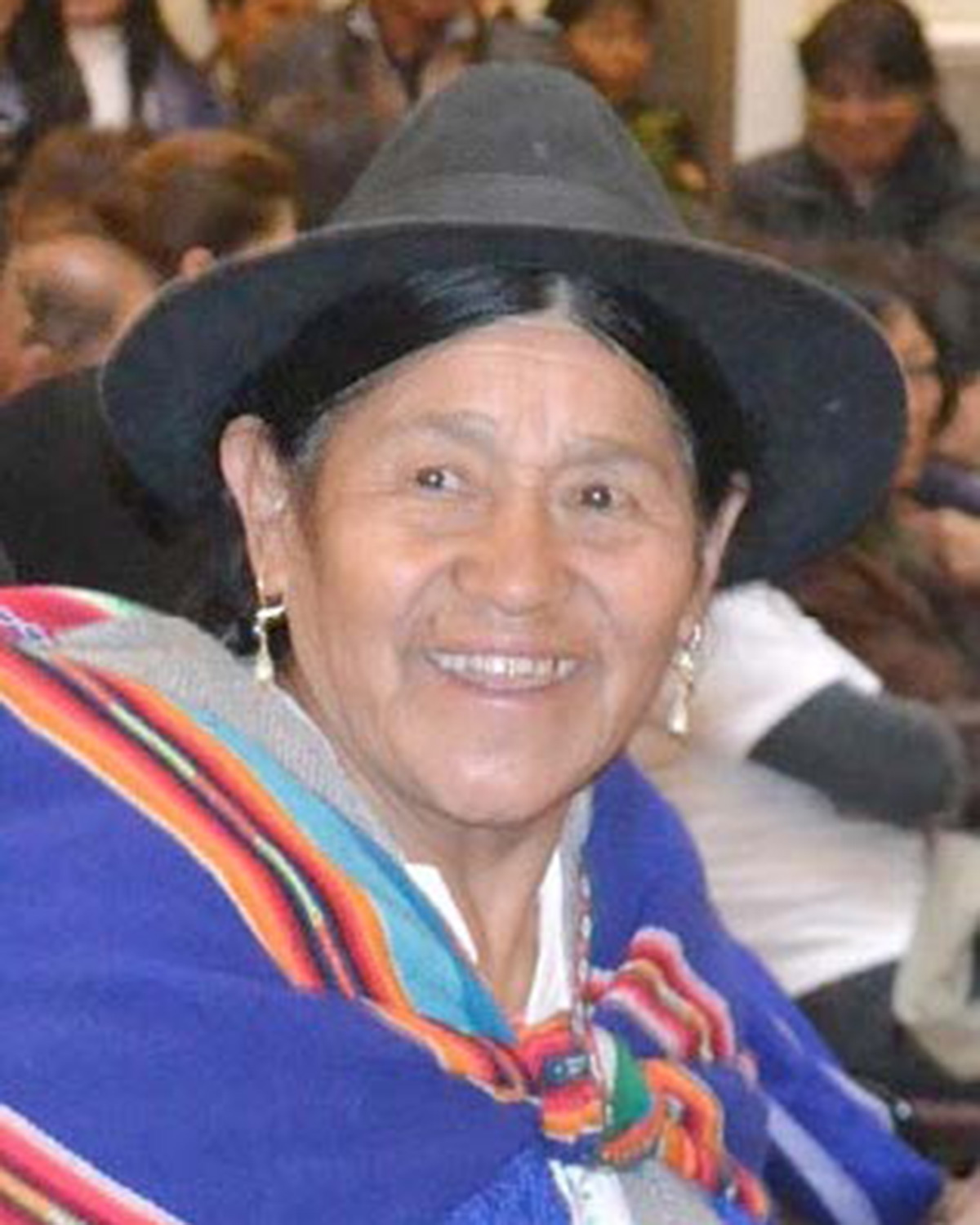 Destacada lideresa indígena quechua que ha dedicado su vida a mejorar la situación de sectores históricamente excluidos como: poblaciones indígenas, mujeres y población en extrema pobreza. Ha recibido reconocimientos internacionales por su labor en el movimiento del Comercio Justo y por su compromiso para lograr equidad de género y empoderamiento de la mujer. Antonia es una lideresa AVINA para la transformación social latinoamericana.
Destacada lideresa indígena quechua que ha dedicado su vida a mejorar la situación de sectores históricamente excluidos como: poblaciones indígenas, mujeres y población en extrema pobreza. Ha recibido reconocimientos internacionales por su labor en el movimiento del Comercio Justo y por su compromiso para lograr equidad de género y empoderamiento de la mujer. Antonia es una lideresa AVINA para la transformación social latinoamericana.
Militante del Instrumento Político por la Soberanía de los Pueblos. Ha ocupado cargos públicos, siendo su última experiencia ejerciendo funciones de Ministra de Desarrollo Productivo y Economía Plural del Estado Plurinacional de Bolivia en el periodo 2010 – 2011. Actualmente es la Directora Ejecutiva de ASARBOLSEM – Asociación Artesanal Boliviana Señor de Mayo.

Maria Paula Romo
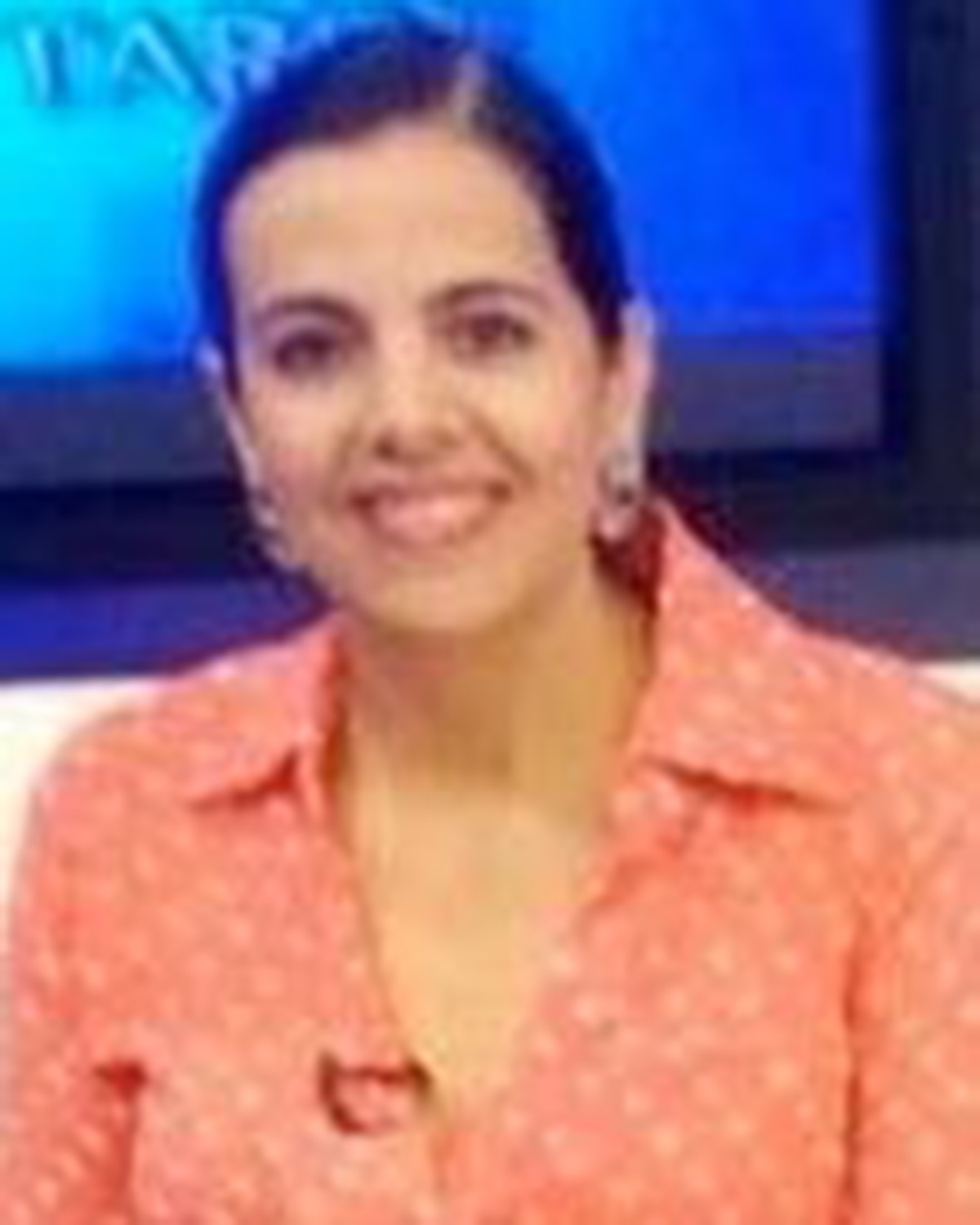 Abogada con maestría en Gobierno y Administración Pública y profesora universitaria. Integró la Comisión de Juristas del Consejo de Universidades que preparó en el año 2007 el proyecto de nueva constitución. Fue elegida Asambleísta Constituyente y en el periodo posterior, Asambleísta por la Provincia de Pichincha para el período 2009 – 2013. Entre 2009 y 2011 presidió la Comisión Especializada de Justicia y Estructura del Estado.
Abogada con maestría en Gobierno y Administración Pública y profesora universitaria. Integró la Comisión de Juristas del Consejo de Universidades que preparó en el año 2007 el proyecto de nueva constitución. Fue elegida Asambleísta Constituyente y en el periodo posterior, Asambleísta por la Provincia de Pichincha para el período 2009 – 2013. Entre 2009 y 2011 presidió la Comisión Especializada de Justicia y Estructura del Estado.
Durante su función como legisladora, María Paula creó y coordinó el Grupo Parlamentario por los Derechos de las Mujeres. Es identificada por su interés y trabajo en los temas de igualdad y no discriminación y en aquellos relacionados con la administración de justicia, la construcción de instituciones democráticas, y la seguridad y justicia penal.
Fundadora y dirigente del Movimiento Político Nacional “Ruptura”, Listas 25. Desde julio de 2013, María Paula es Decana de la Facultad de Jurisprudencia de la Universidad Internacional del Ecuador.

Eugenio Scarpellini
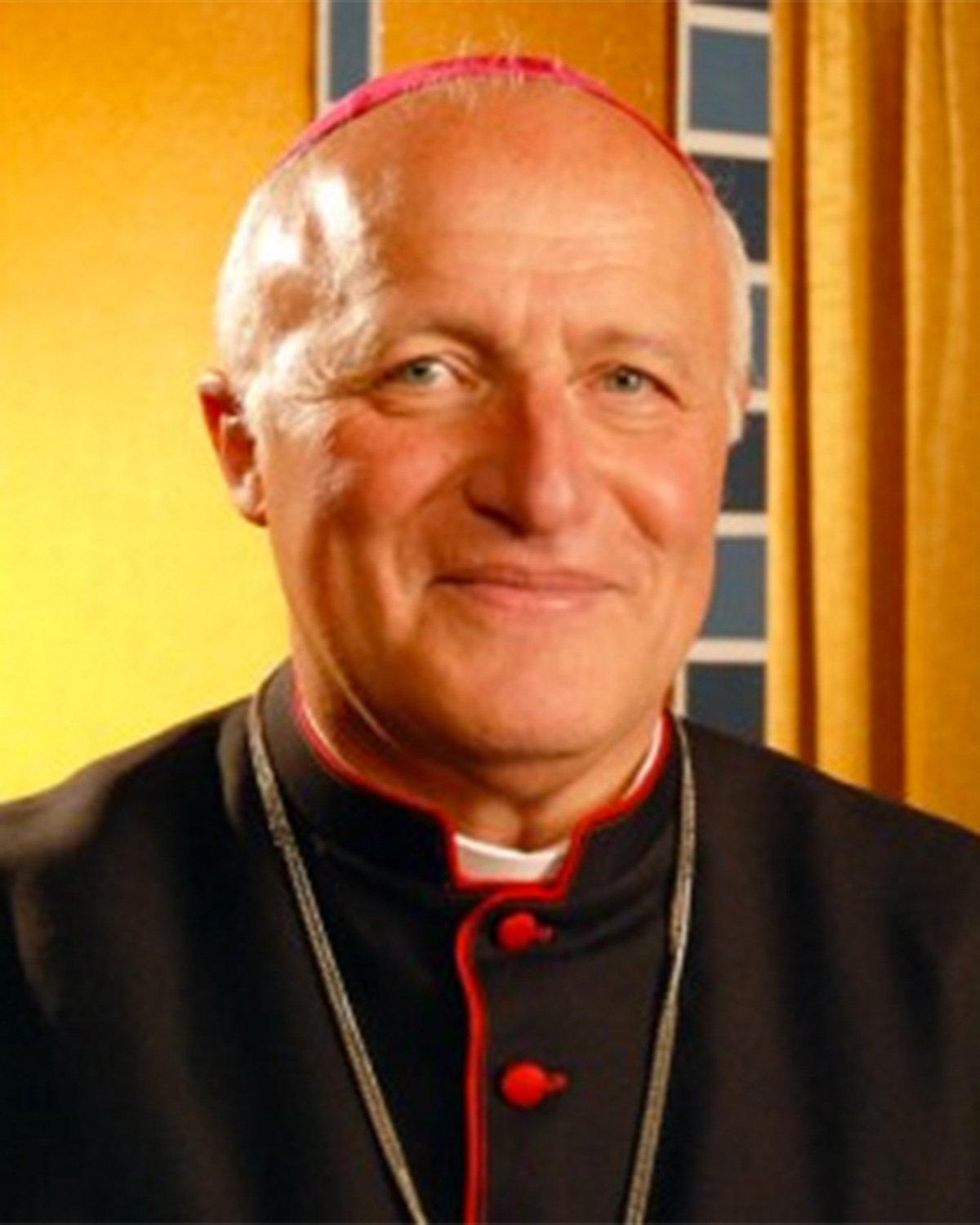 Monseñor Scarpellini nació en Verdellino, Italia. En 1988 llegó a Bolivia como sacerdote fidei donum. Ha sido Párroco y Ecónomo General de la Arquidiócesis de La Paz. Es Presidente de dos centros de rehabilitación para niños y adultos. En 2004 fue nombrado Director Nacional de las Pontificias Obras Misionales. Entre 2007 y 2010 fue Coordinador de las Pontificias Obras Misionales en toda América y fue elegido Secretario General Adjunto de la Conferencia Episcopal Bolivia. En 2010, el Papa emérito Benedicto XVI lo nombró obispo auxiliar de El Alto y en 2012, en el curso de la XCIV Asamblea de los Obispos, fue nombrado Secretario General de la Conferencia Episcopal Boliviana. En junio de 2013, el Papa Francisco lo nombró Obispo de la Diócesis de El Alto.
Monseñor Scarpellini nació en Verdellino, Italia. En 1988 llegó a Bolivia como sacerdote fidei donum. Ha sido Párroco y Ecónomo General de la Arquidiócesis de La Paz. Es Presidente de dos centros de rehabilitación para niños y adultos. En 2004 fue nombrado Director Nacional de las Pontificias Obras Misionales. Entre 2007 y 2010 fue Coordinador de las Pontificias Obras Misionales en toda América y fue elegido Secretario General Adjunto de la Conferencia Episcopal Bolivia. En 2010, el Papa emérito Benedicto XVI lo nombró obispo auxiliar de El Alto y en 2012, en el curso de la XCIV Asamblea de los Obispos, fue nombrado Secretario General de la Conferencia Episcopal Boliviana. En junio de 2013, el Papa Francisco lo nombró Obispo de la Diócesis de El Alto.

Schuma Schumaher
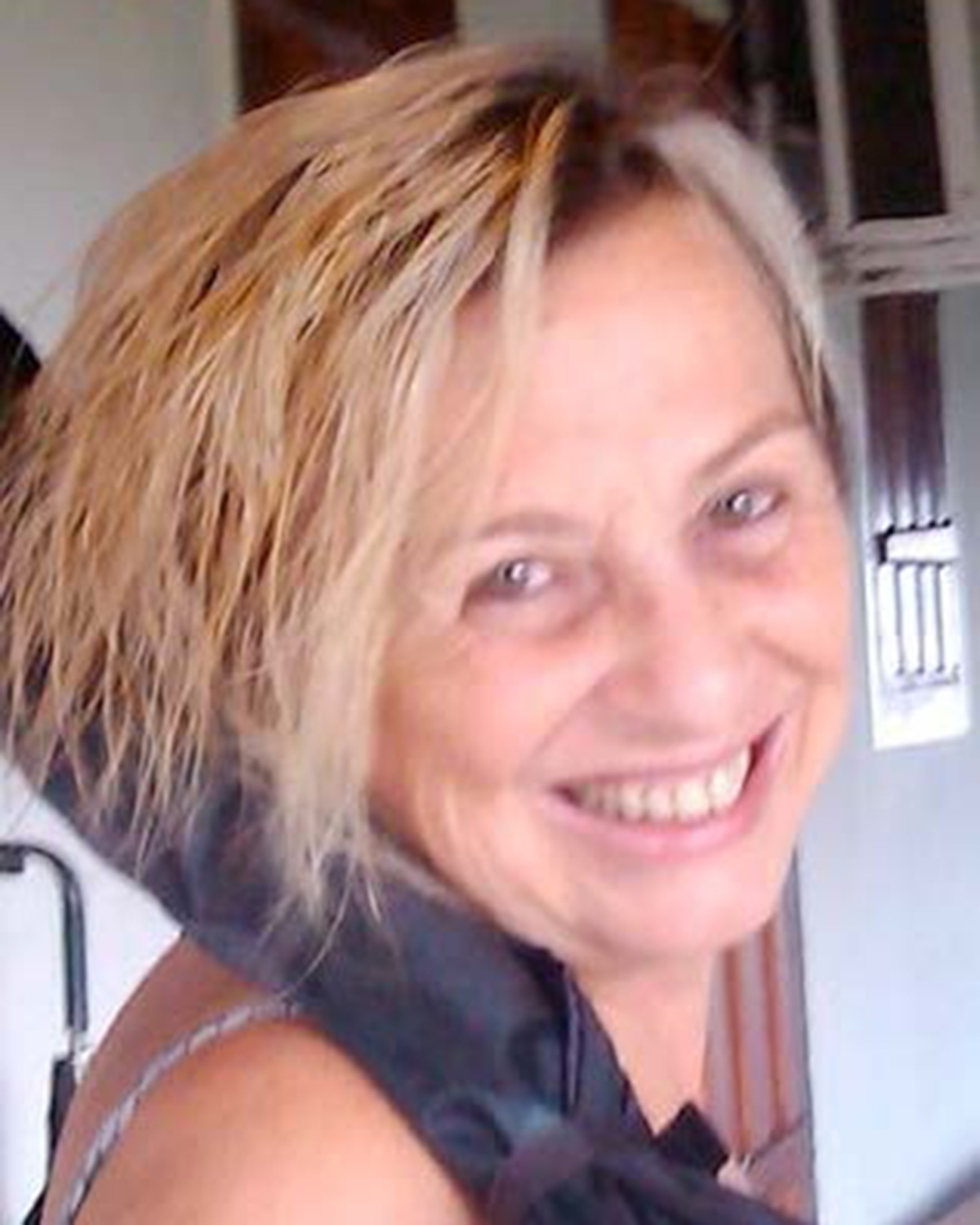 Pedagoga, escritora y activista feminista. Schuma es coautora de Dicionário Mulheres do BRAZIL, Abrealas, Um Rio de Mulheres, Gogó de Ema e Mulheres Negras do BRAZIL, este último acreedor del Premio Jabuti 2008. Ha sido militante feminista por más de 30 años, trabajando en los temas de participación de las mujeres en la historia del país y de la lucha para erradicar la violencia contra las mujeres.
Pedagoga, escritora y activista feminista. Schuma es coautora de Dicionário Mulheres do BRAZIL, Abrealas, Um Rio de Mulheres, Gogó de Ema e Mulheres Negras do BRAZIL, este último acreedor del Premio Jabuti 2008. Ha sido militante feminista por más de 30 años, trabajando en los temas de participación de las mujeres en la historia del país y de la lucha para erradicar la violencia contra las mujeres.
Schuma es actualmente la Coordinadora Ejecutiva de la ONG REDEH –Rede de Desenvolvimento Humano, integrante de la Articulação de Mulheres BRAZILeiras y Consejera del Conselho Nacional dos Direitos da Mulher. En 2004 recibió el premio Mujer del Año (Diploma Bertha Lutz) concedido por el Senado Federal. En 2005 fue una de las 52 BRAZILeñas nominadas al Premio Nobel de la Paz.

Alexander Segovia
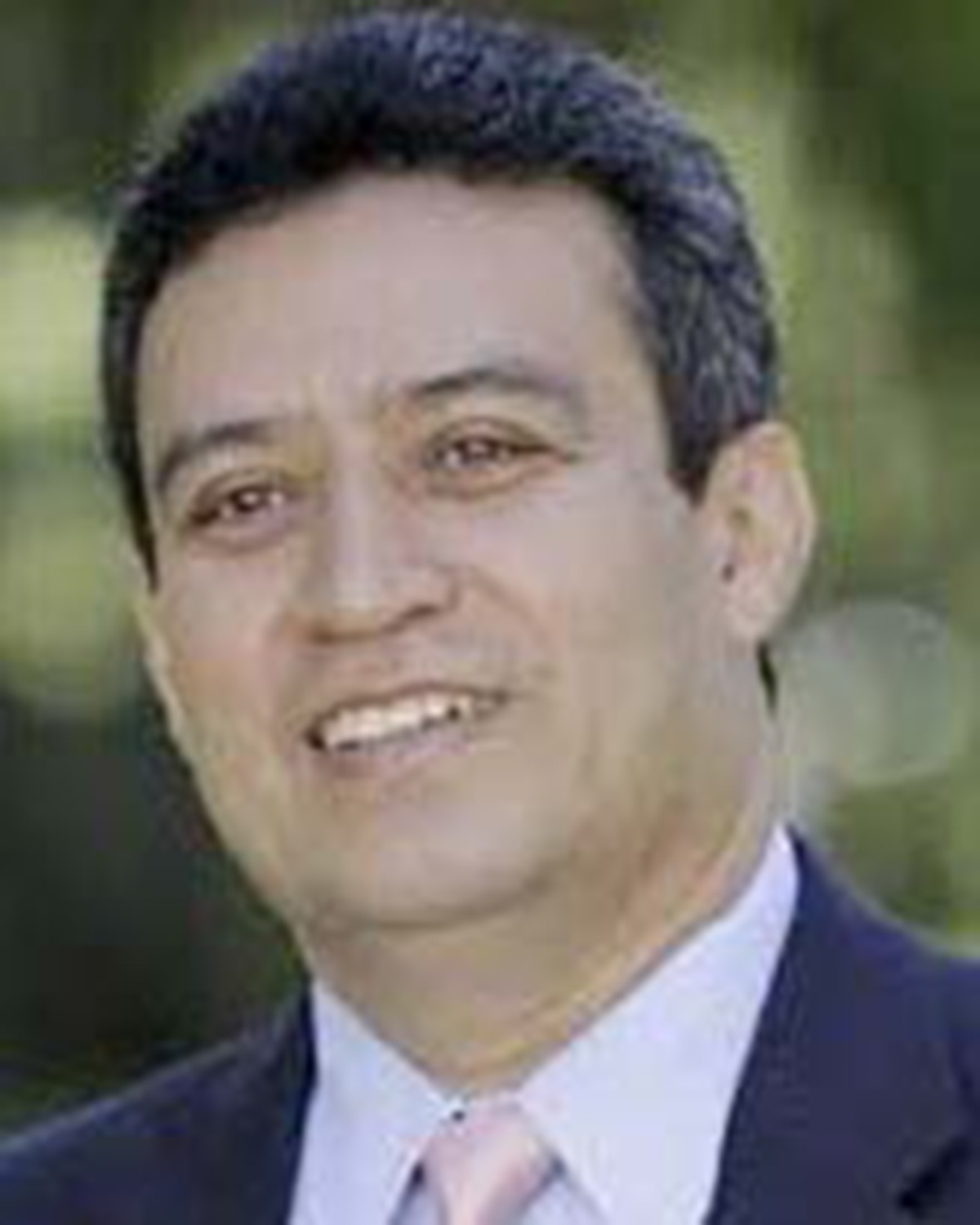 Economista salvadoreño, actualmente se desempeña como Presidente del Instituto Centroamericano de Investigaciones para el Desarrollo y el Cambio Social. En el período junio/2009-mayo/2014 fue Secretario Técnico de la Presidencia de la República de El Salvador y Jefe del Gabinete Económico y Social. Los temas que ha investigado y publicado incluyen transiciones posbélicas, programas de reparación para víctimas de conflictos, pobreza y distribución del ingreso, modelos económicos en Centroamérica, reconfiguración de las élites económicas centroamericanas y transformación del poder en Centroamérica.
Economista salvadoreño, actualmente se desempeña como Presidente del Instituto Centroamericano de Investigaciones para el Desarrollo y el Cambio Social. En el período junio/2009-mayo/2014 fue Secretario Técnico de la Presidencia de la República de El Salvador y Jefe del Gabinete Económico y Social. Los temas que ha investigado y publicado incluyen transiciones posbélicas, programas de reparación para víctimas de conflictos, pobreza y distribución del ingreso, modelos económicos en Centroamérica, reconfiguración de las élites económicas centroamericanas y transformación del poder en Centroamérica.

Jorge Soto
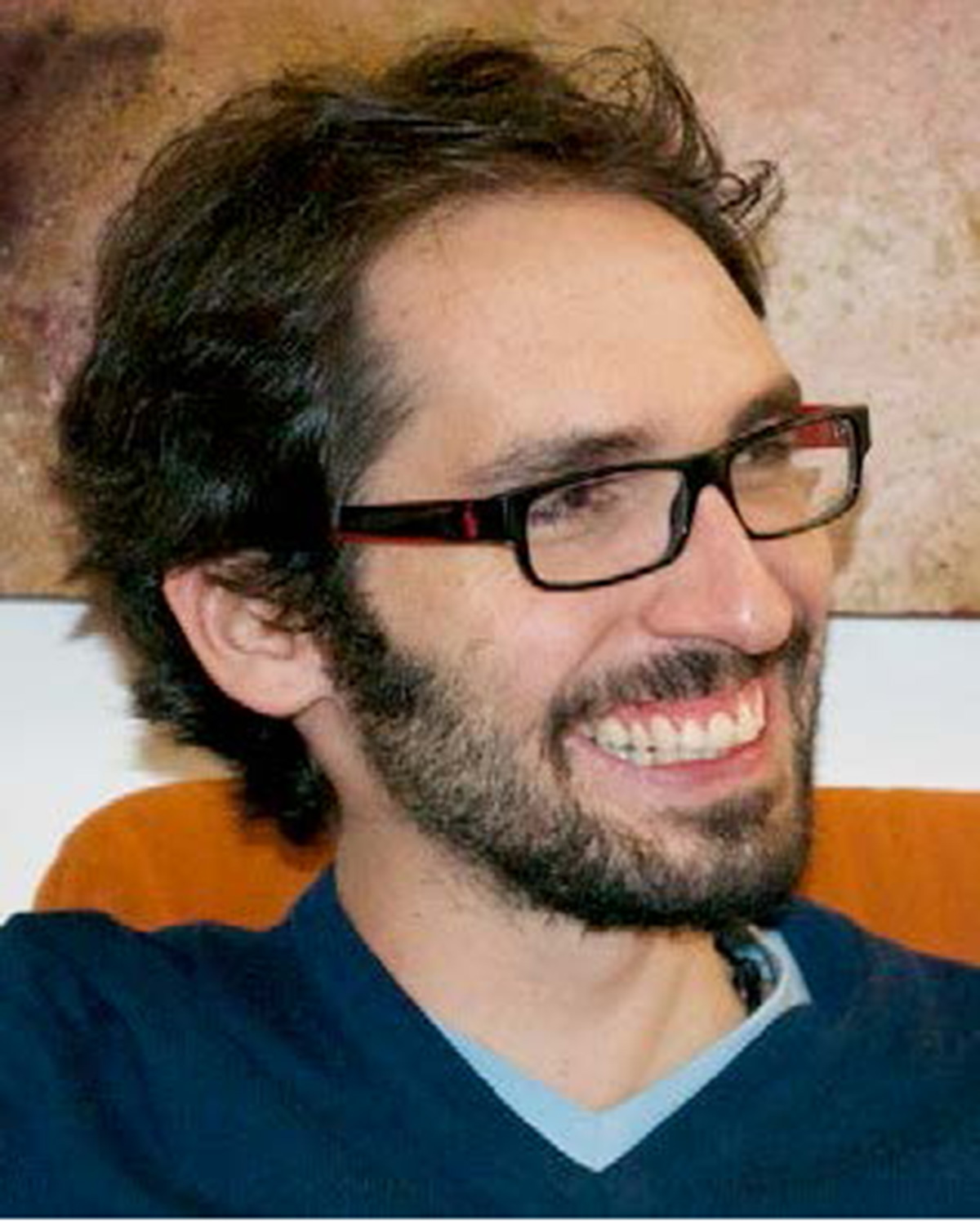 Ingeniero electrónico del Tec de Monterrey. En 2013 se graduó del Graduate Studies Program en la Universidad Singularity. Es cofundador de CitiVox/Data4 y está involucrado en varias organizaciones que utilizan la tecnología para fomentar la participación cívica a fin de mejorar la comunicación entre los ciudadanos y sus instituciones.
Ingeniero electrónico del Tec de Monterrey. En 2013 se graduó del Graduate Studies Program en la Universidad Singularity. Es cofundador de CitiVox/Data4 y está involucrado en varias organizaciones que utilizan la tecnología para fomentar la participación cívica a fin de mejorar la comunicación entre los ciudadanos y sus instituciones.
En julio de 2013 cofundó Miroculus en California, una empresa de biotecnología con el objetivo de identificar, tratar y monitorear enfermedades, particularmente cáncer y trastornos metabólicos, a nivel molecular mediante el examen de microARNs en el torrente sanguíneo.
Desde septiembre de 2013 retornó a MEXICO y se convirtió en el Director General Adjunto de Innovación Cívica de la Coordinación de Estrategia Digital Nacional en la Oficina del Presidente con el objetivo de desarrollar estrategias y proyectos que fomenten la participación cívica, la transparencia, la rendición de cuentas y la innovación en MEXICO.
Jorge es un Emprendedor Endeavor, Fellow de Ashoka, MIT TR35 y Technology Pioneer del Foro Económico Mundial.

León Valencia Agudelo
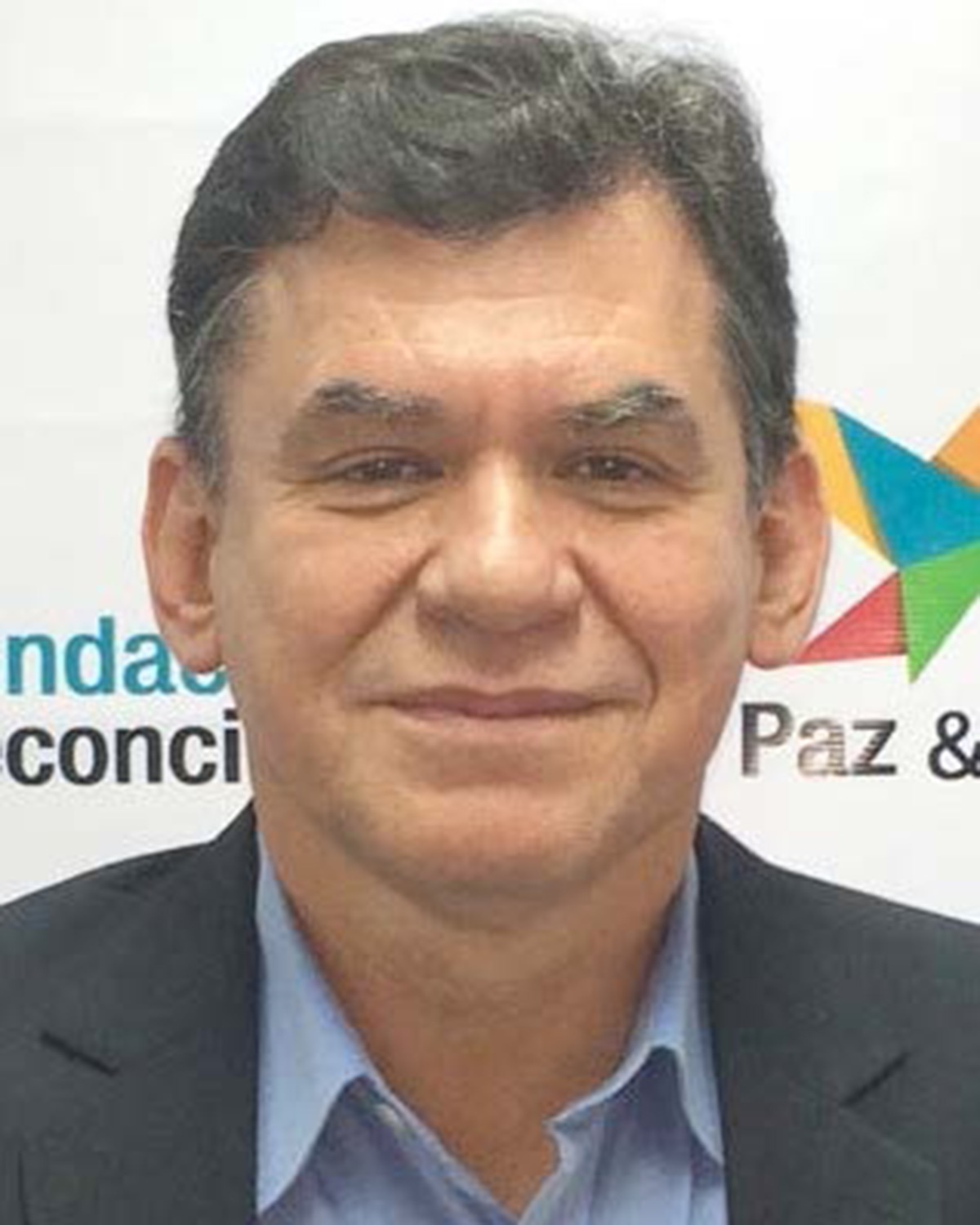 Politólogo de la Universidad de Antioquia, León Valencia escribe para las revistas Semana, Diners y Credencial. Colabora también en los diarios ‘El Tiempo’ y ‘El Colombiano’ como analista político. Es miembro del grupo de memoria histórica y dirige la ‘Fundación Paz y Reconciliación’. Fue miembro del Comando Central del ELN en la década del 80 y en 1994 se incorporó a la vida civil. Sus textos de corte político publicados son: ‘Adiós a la política, bienvenida la guerra’ (2002) y ‘Miserias de la guerra, esperanza de la paz’. En el año 2003 se lanzó a escribir una novela. El resultado de este esfuerzo fue ‘Con el pucho de la vida’, libro sustentado en el tema del suicidio en el que León teje varias historias con la fuente de 35 cartas suicidas. Recientemente presentó la segunda edición del libro ‘Mis años de guerra’ en el que cuenta sus experiencias de vida en su etapa como militante del ELN.
Politólogo de la Universidad de Antioquia, León Valencia escribe para las revistas Semana, Diners y Credencial. Colabora también en los diarios ‘El Tiempo’ y ‘El Colombiano’ como analista político. Es miembro del grupo de memoria histórica y dirige la ‘Fundación Paz y Reconciliación’. Fue miembro del Comando Central del ELN en la década del 80 y en 1994 se incorporó a la vida civil. Sus textos de corte político publicados son: ‘Adiós a la política, bienvenida la guerra’ (2002) y ‘Miserias de la guerra, esperanza de la paz’. En el año 2003 se lanzó a escribir una novela. El resultado de este esfuerzo fue ‘Con el pucho de la vida’, libro sustentado en el tema del suicidio en el que León teje varias historias con la fuente de 35 cartas suicidas. Recientemente presentó la segunda edición del libro ‘Mis años de guerra’ en el que cuenta sus experiencias de vida en su etapa como militante del ELN.

Edwin Vásquez Campos
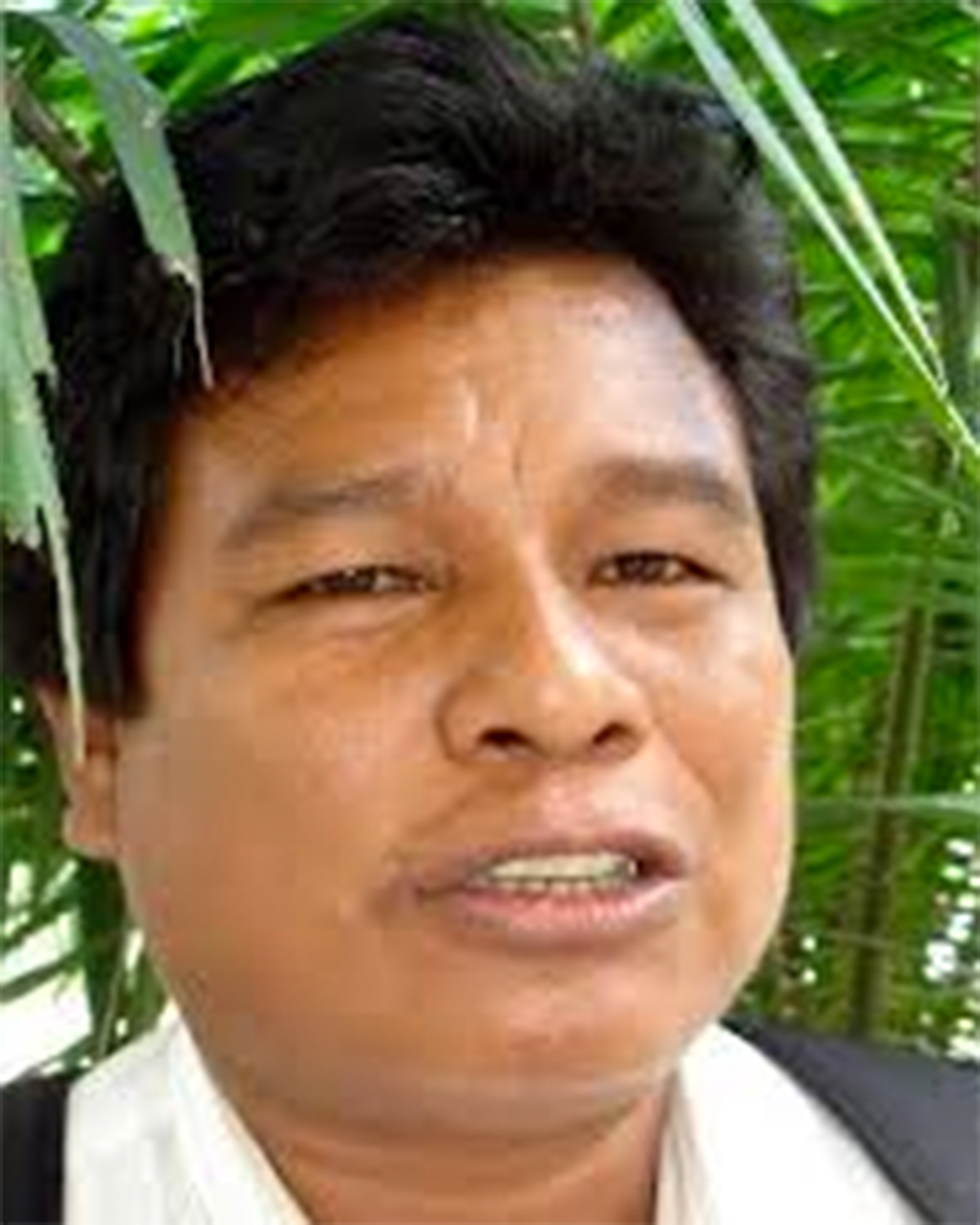 Líder y dirigente del pueblo indígena huitoto de la región de Loreto, Putumayo. Ha dedicado su vida al liderazgo indígena por la defensa, promoción y aplicación de los derechos de los pueblos indígenas. Ha sido Presidente de la Federación de Comunidades Nativas de la Frontera – Putumayo (1993–1994) y Vocal y Vicepresidente en la Asociación Interétnica de Desarrollo de la Selva Peruana (1994-2002). Fue designado como dirigente de Área de Territorios y Recursos Naturales y miembro del Comité de Coordinación Internacional de la Alianza Mundial de Pueblos Indígenas de los Bosques Tropicales y a la vez Vicepresidente de la Alianza del Clima: Ciudades Europeas – Pueblos Indígenas Amazónicos.
Líder y dirigente del pueblo indígena huitoto de la región de Loreto, Putumayo. Ha dedicado su vida al liderazgo indígena por la defensa, promoción y aplicación de los derechos de los pueblos indígenas. Ha sido Presidente de la Federación de Comunidades Nativas de la Frontera – Putumayo (1993–1994) y Vocal y Vicepresidente en la Asociación Interétnica de Desarrollo de la Selva Peruana (1994-2002). Fue designado como dirigente de Área de Territorios y Recursos Naturales y miembro del Comité de Coordinación Internacional de la Alianza Mundial de Pueblos Indígenas de los Bosques Tropicales y a la vez Vicepresidente de la Alianza del Clima: Ciudades Europeas – Pueblos Indígenas Amazónicos.
Edwin fue también Presidente de la Organización Regional de Pueblos Indígenas del Oriente (ORPIO), Loreto. Actualmente es el Coordinador General reelecto de la Coordinadora de las Organizaciones Indígenas de la Cuenca Amazónica (COICA), para el periodo 2013 – 2017. Al frente de esta organización internacional, desempeña una serie de responsabilidades y de relación con los organismos internacionales de ámbito intergubernamental del Sistema de las Naciones Unidas, vinculados con temas ambientales, cambio climático, desarrollo sostenible y de derechos humanos, así como con los Estados Nacionales y los organismos no gubernamentales para el establecimiento y aplicación de políticas públicas para la conservación de la cuenca amazónica y los derechos de los pueblos indígenas de esta misma región.

Jean Wyllis
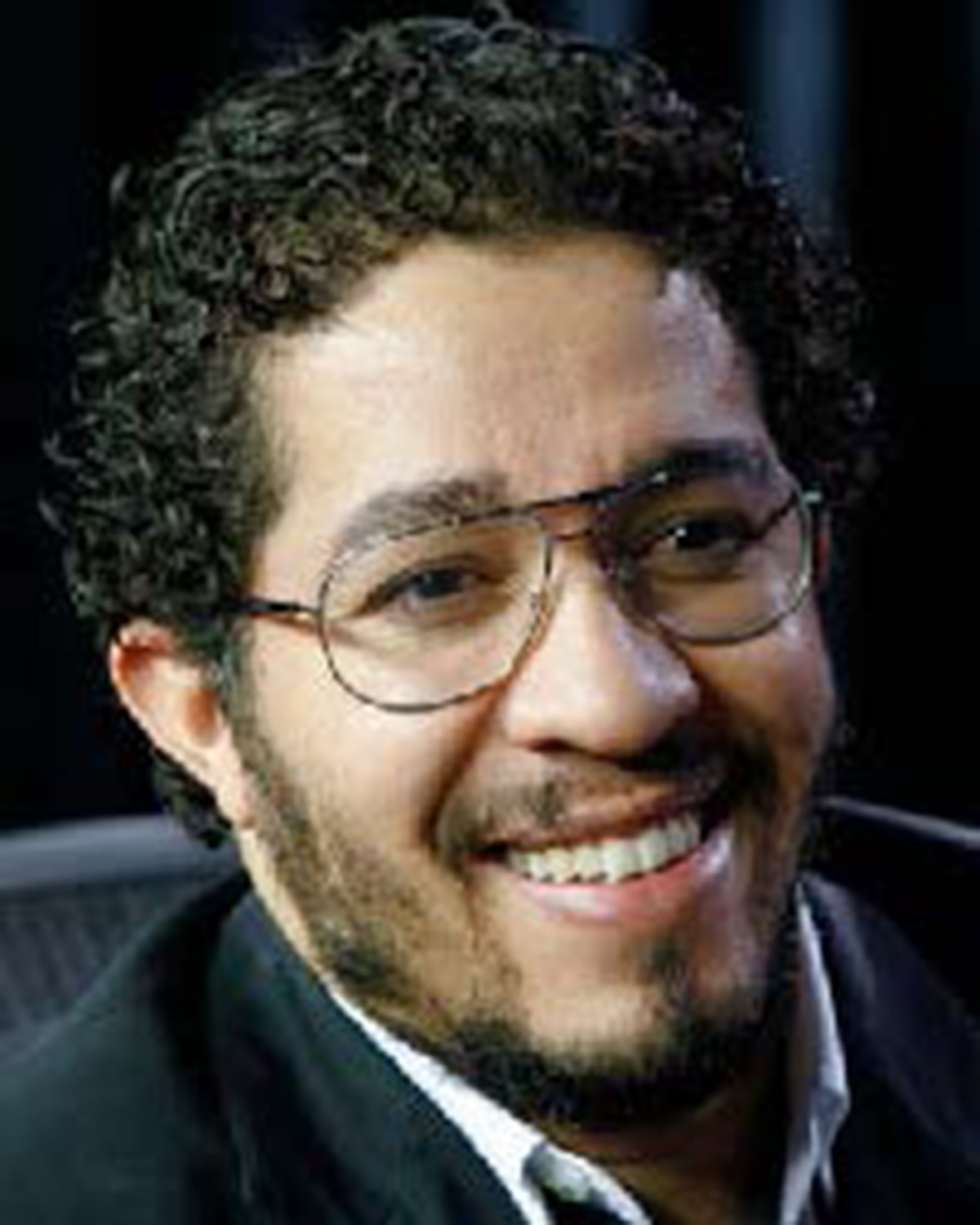 Comunicador, escritor, periodista y profesor universitario. Es miembro del Partido Socialismo y Libertad y ganador del Big Brother BRAZIL. Jean es el primer diputado federal que defiende al movimiento LGBT.
Comunicador, escritor, periodista y profesor universitario. Es miembro del Partido Socialismo y Libertad y ganador del Big Brother BRAZIL. Jean es el primer diputado federal que defiende al movimiento LGBT.

Coordination, design, facilitation, Logistics, Knowledge Management, Communications and Evaluation
Mille Bojer
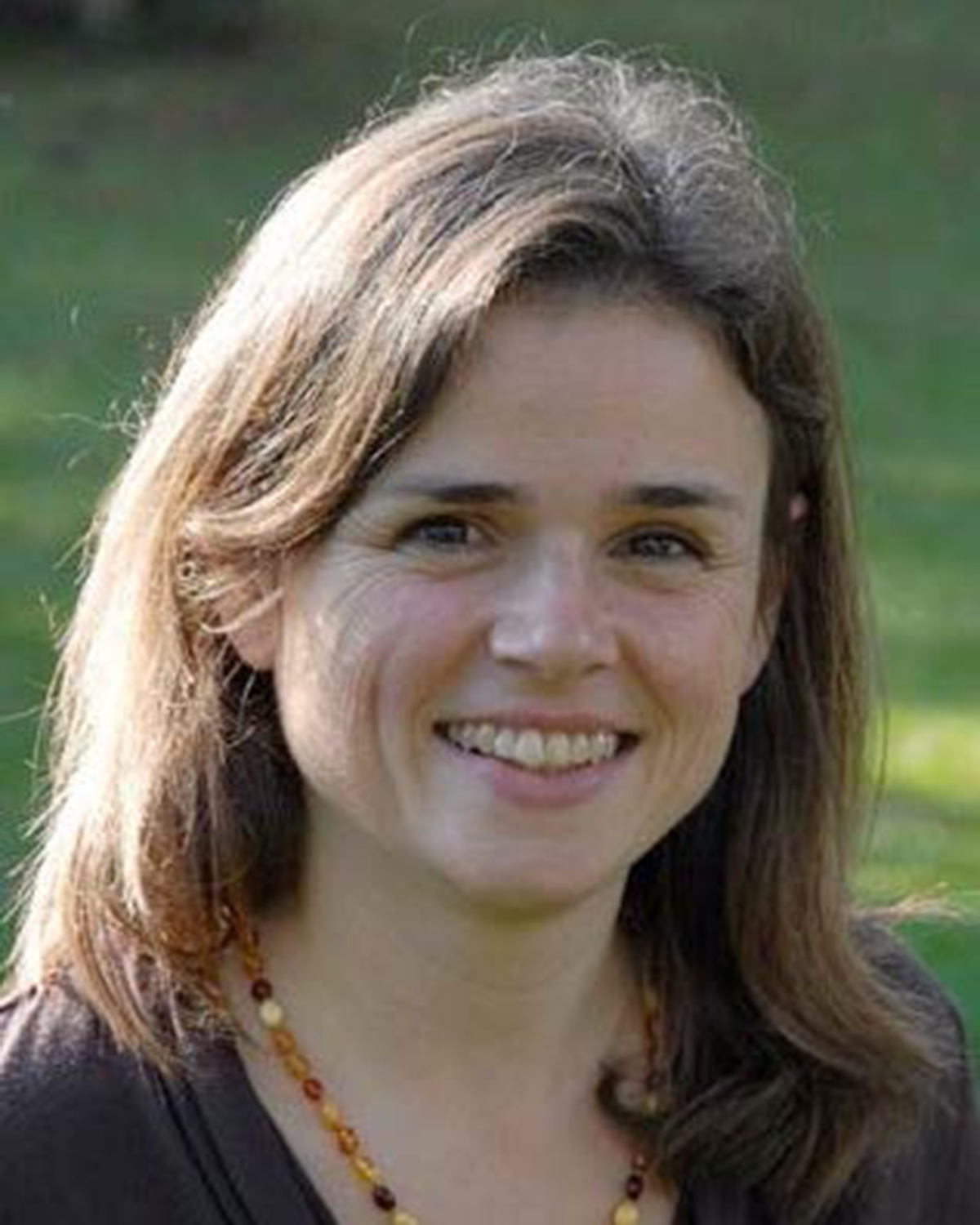 Marianne “Mille” Bojer es una experimentada facilitadora y diseñadora de diálogo de grupos y procesos de cambio, actualmente Directora Ejecutiva de ReosPartners BRAZIL. Su trabajo con Reos está centrado en procesos de cambio multiactor abordando problemas sociales complejos. Mediante Reos, ha realizado extensos trabajos en temas complejos como el VIH/SIDA, los derechos humanos, la niñez, la educación y el desarrollo sostenible. Antes de iniciar su colaboración con Reos Partners, fue cofundadora de Pioneers of Change, una red internacional de jóvenes agentes del cambio, y posteriormente se desempeñó como facilitadora profesional de diálogo y procesos con diversos clientes en el ámbito internacional. Es coautora de “Mapping Dialogue: Essential Tools for Social Change”, un libro elaborado en conjunto con la Fundación Nelson Mandela, GTZ y el Instituto Taos, el cual explica diversas metodologías, principios y enfoques para el diálogo. Mille tiene una licenciatura en Ciencia Política de la Universidad de Cornell (con énfasis en desarrollo internacional) y una maestría de la Universidad de Copenhague en el mismo campo. Nacida en DENMARK, ha vivido más de la mitad de su vida en el extranjero en Egipto, Estados Unidos, Burkina Faso, los Países Bajos, BRAZIL y Sudáfrica.
Marianne “Mille” Bojer es una experimentada facilitadora y diseñadora de diálogo de grupos y procesos de cambio, actualmente Directora Ejecutiva de ReosPartners BRAZIL. Su trabajo con Reos está centrado en procesos de cambio multiactor abordando problemas sociales complejos. Mediante Reos, ha realizado extensos trabajos en temas complejos como el VIH/SIDA, los derechos humanos, la niñez, la educación y el desarrollo sostenible. Antes de iniciar su colaboración con Reos Partners, fue cofundadora de Pioneers of Change, una red internacional de jóvenes agentes del cambio, y posteriormente se desempeñó como facilitadora profesional de diálogo y procesos con diversos clientes en el ámbito internacional. Es coautora de “Mapping Dialogue: Essential Tools for Social Change”, un libro elaborado en conjunto con la Fundación Nelson Mandela, GTZ y el Instituto Taos, el cual explica diversas metodologías, principios y enfoques para el diálogo. Mille tiene una licenciatura en Ciencia Política de la Universidad de Cornell (con énfasis en desarrollo internacional) y una maestría de la Universidad de Copenhague en el mismo campo. Nacida en DENMARK, ha vivido más de la mitad de su vida en el extranjero en Egipto, Estados Unidos, Burkina Faso, los Países Bajos, BRAZIL y Sudáfrica.

Elena Díez Pinto
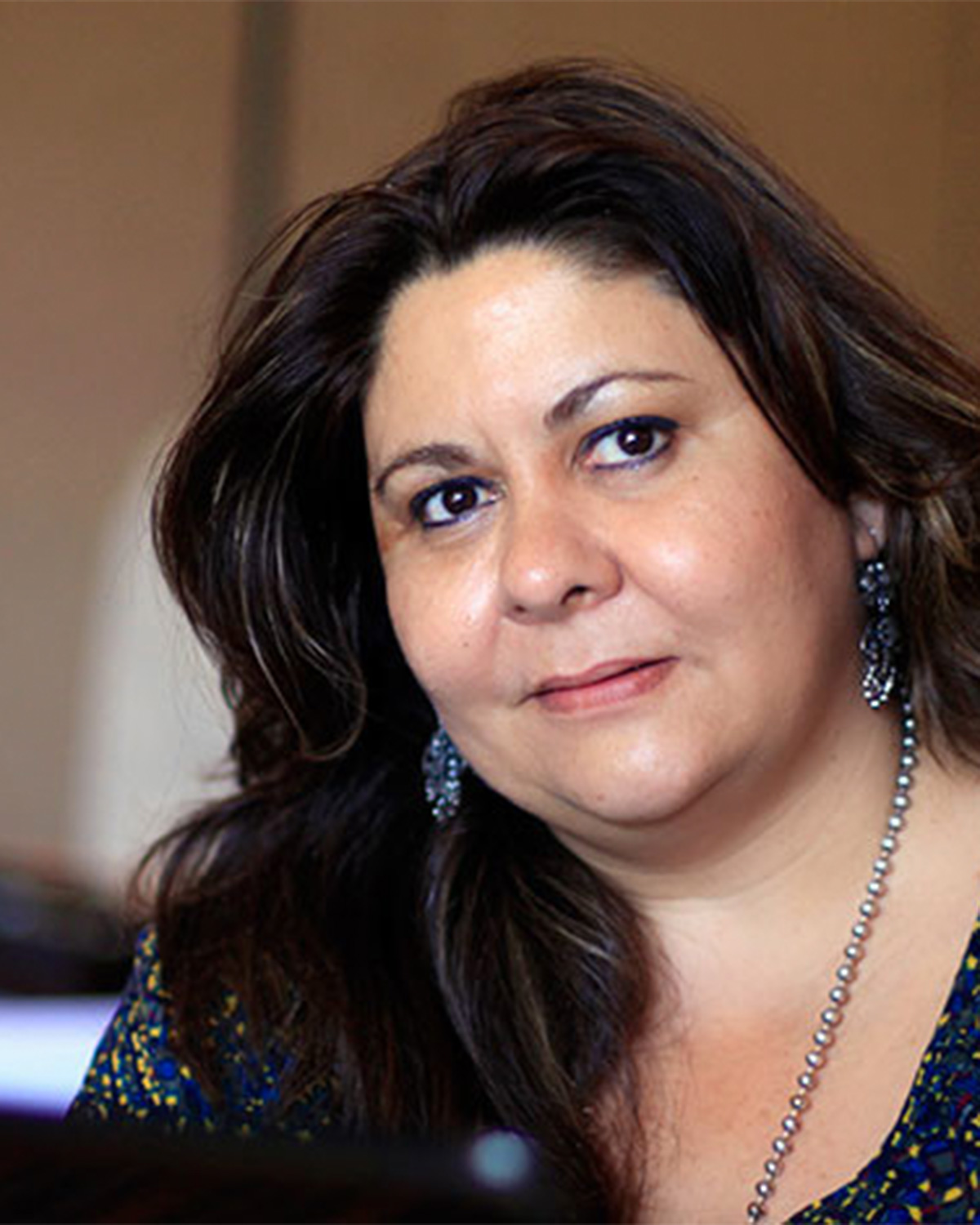 Experimentada diseñadora y facilitadora de procesos de diálogo multiactor (líderes gubernamentales, empresariales y sociales), planificación estratégica y transformación social en los cuales se abordan los retos y oportunidades comunes y se llega a acuerdos sobre la manera de resolver y avanzar. Ha trabajado para organizaciones privadas y de desarrollo en América Latina, Europa y los Estados Unidos. Ha desarrollado diversas investigaciones económicas y sociales, así como evaluaciones sobre temas de política pública y diálogo.
Experimentada diseñadora y facilitadora de procesos de diálogo multiactor (líderes gubernamentales, empresariales y sociales), planificación estratégica y transformación social en los cuales se abordan los retos y oportunidades comunes y se llega a acuerdos sobre la manera de resolver y avanzar. Ha trabajado para organizaciones privadas y de desarrollo en América Latina, Europa y los Estados Unidos. Ha desarrollado diversas investigaciones económicas y sociales, así como evaluaciones sobre temas de política pública y diálogo.
Elena ha sido docente universitaria en España, MEXICO, Bolivia, Estados Unidos y Guatemala y ha desarrollado talleres de formación de capacidades para el diálogo. Tiene un Ph.D (abd) en Planificación Urbana y Desarrollo Económico del Massachusetts Institute of Technology (MIT), estudió una maestría en planificación regional con énfasis en economía política y desarrollo rural en la Universidad de Cornell, Nueva York y se especializó en Políticas Públicas en la Escuela de Gobierno John F. Kennedy de la Universidad de Harvard. Es ingeniera industrial de la Universidad de San Carlos de Guatemala. Fue Comisionada Presidencial del Sistema Nacional de Diálogo Permanente de Guatemala (2011), coordinó la Comisión de Reforma de la Política de Drogas en Guatemala (enero-junio 2014) y pertenece al Capítulo Centroamericano del Diálogo Interamericano. Elena es asociada de ReosPartners Cambridge, MA.

Anaí Linares
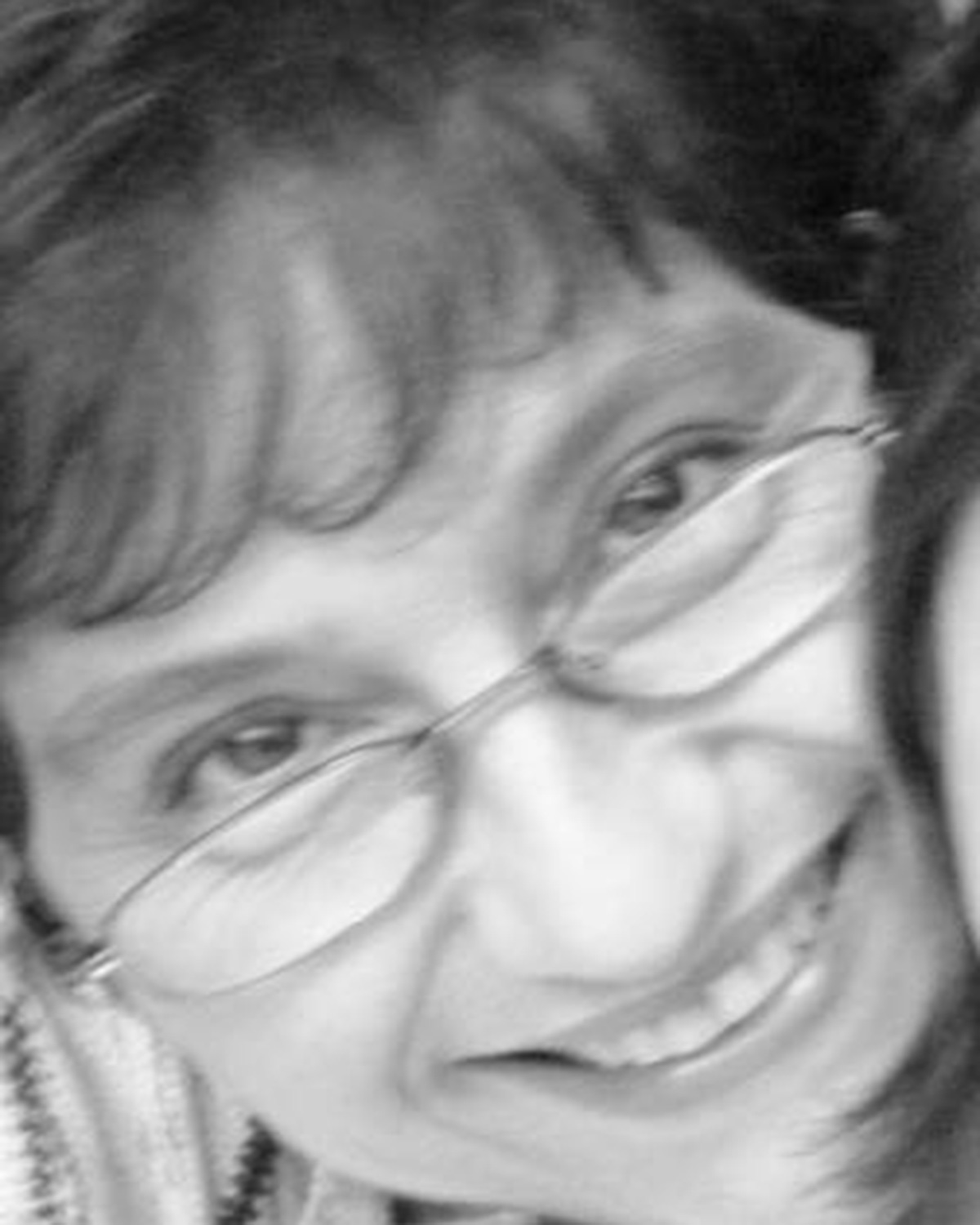 Su principal pasión es contribuir al diseño e implementación de procesos dialógicos de cambio, asegurando que los grupos multiactor puedan desenvolverse en ambientes confortables y seguros, tendiendo puentes entre sueños y acciones concretas. También disfruta observando y registrando los eventos y avances en los procesos para luego sistematizarlos y ponerlos al servicio del aprendizaje y la gestión de conocimiento.
Su principal pasión es contribuir al diseño e implementación de procesos dialógicos de cambio, asegurando que los grupos multiactor puedan desenvolverse en ambientes confortables y seguros, tendiendo puentes entre sueños y acciones concretas. También disfruta observando y registrando los eventos y avances en los procesos para luego sistematizarlos y ponerlos al servicio del aprendizaje y la gestión de conocimiento.
Desde hace 17 años trabaja en proyectos de desarrollo en temas de gestión, diseño, logística y seguimiento de eventos y procesos, sistematización, estudios de caso, formación de capacidades para el diálogo, diseño y gestión de contenedores, espacios virtuales y comunidades de práctica. Antes de eso, trabajó 11 años en ingeniería en computación, tanto a nivel técnico como a nivel gerencial. Anaí es Asociada de ReosPartners, oficina Cambridge. Se graduó como Ingeniera en Computación en la Universidad Nacional Autónoma de MEXICO.

Mariana Miranda
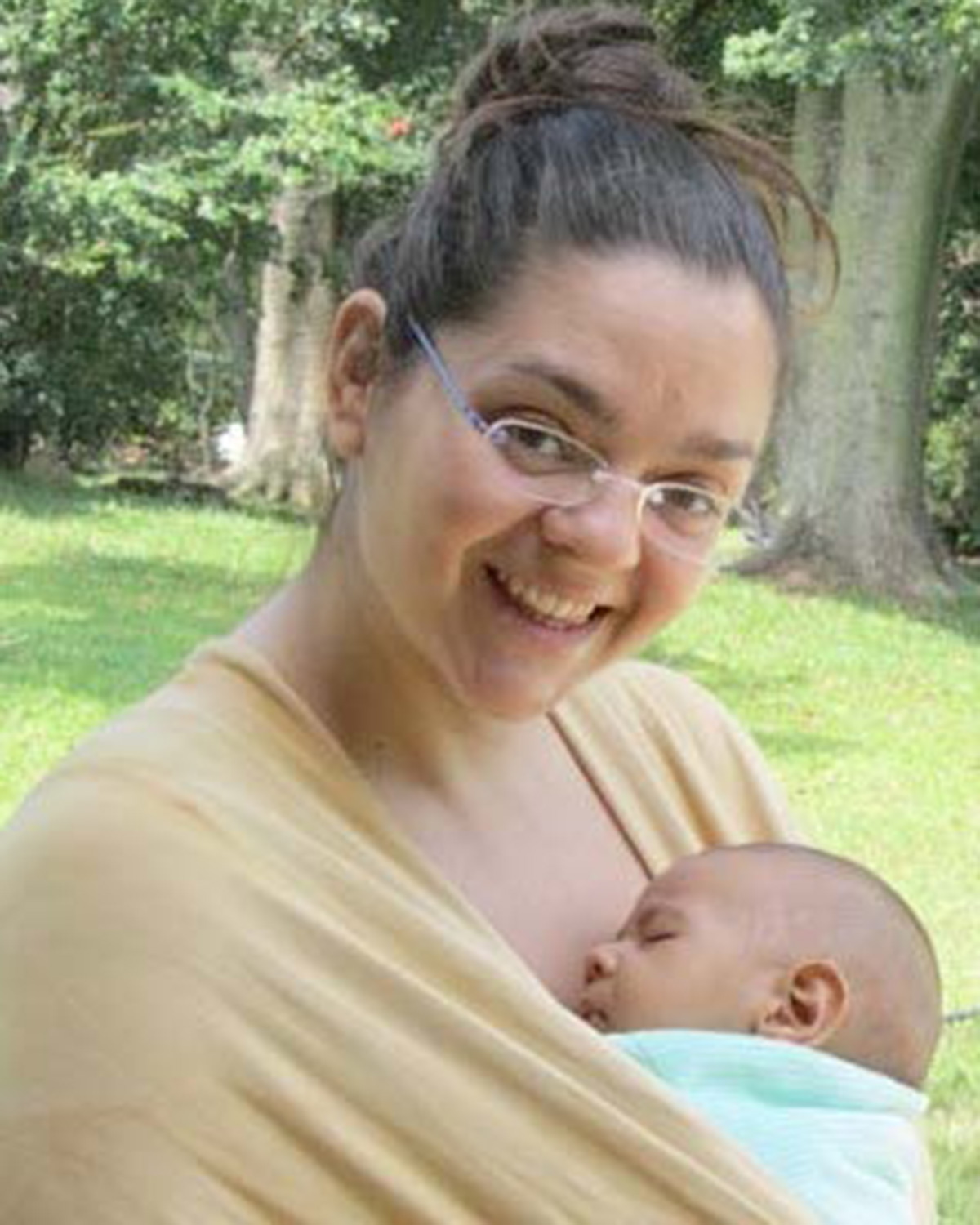 Comprometida con la vida, la naturaleza y el ser humano, Mariana cree en el poder transformador del diálogo y en ampliar la conciencia, presencia y percepción de las personas en el mundo de hoy. Su trabajo combina el aprendizaje continuo, la escucha calificada y la cooperación sistémica en la construcción de soluciones integradas y metodologías que incorporen creatividad, innovación y estrategia.
Comprometida con la vida, la naturaleza y el ser humano, Mariana cree en el poder transformador del diálogo y en ampliar la conciencia, presencia y percepción de las personas en el mundo de hoy. Su trabajo combina el aprendizaje continuo, la escucha calificada y la cooperación sistémica en la construcción de soluciones integradas y metodologías que incorporen creatividad, innovación y estrategia.
Mariana tiene un posgrado en Desarrollo Internacional del College for International Cooperation and Development en el Reino Unido, se graduó en Sociología y Política en la Fundação Escola de Sociologia e Política de São Paulo y en Comunicación Social en la Fundação Armando Alvares Penteado de São Paulo. Está cursando actualmente una maestría en Antropología del Desarrollo.
Ha trabajado en desarrollo social por más de 15 años, desarrollando, coordinando y evaluando proyectos socioculturales; promoviendo el compromiso multiactor alrededor de temas complejos; y fortaleciendo iniciativas público-privadas que benefician, tanto a las comunidades como a los actores. Ha estado involucrada en proyectos de educación comunitaria y de empoderamiento a las mujeres en Malawi. También ha liderado proyectos socioculturales en BRAZIL, Reino Unido, DENMARK, Malawi y Mozambique. Su capacitación multidisciplinaria ha constituido un laboratorio vivo para su crecimiento personal y su desarrollo profesional, especialmente en lo que respecta a gestión, facilitación y diálogo. Actualmente, es consultora asociada de Reos Partners, madre de Igor Suniata y yogi.

Juan Morris
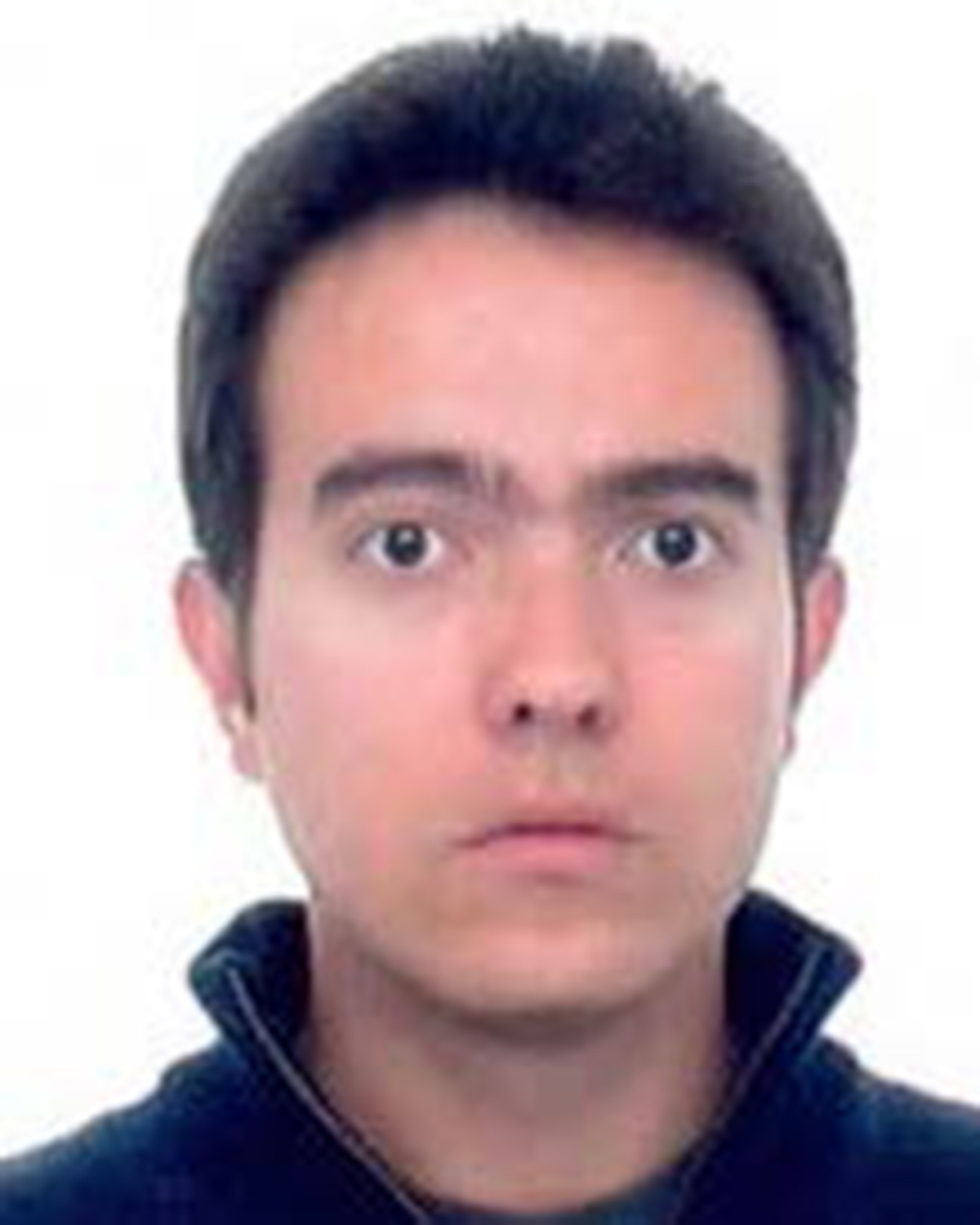 Juan se desempeña actualmente como consultor independiente de empresas y entidades sin ánimo de lucro. Ha sido autor y editor de diversas publicaciones en América Latina en materia de desarrollo sostenible, responsabilidad social corporativa, valor compartido, gestión pública y derechos humanos. Ha trabajado previamente en la administración pública, en organizaciones no gubernamentales y en diversos medios de comunicación. También ha sido lector y evaluador editorial para Santillana y el Fondo de Cultura Económica. En 2013, Juan fue el editor de la versión en español del Informe de Escenarios sobre el Problema de las Drogas en las Américas y actualmente es el editor del proyecto de Escenarios Bogotá 2025. Es abogado con maestría en periodismo y con estudios en historia del arte, dramaturgia y cinematografía.
Juan se desempeña actualmente como consultor independiente de empresas y entidades sin ánimo de lucro. Ha sido autor y editor de diversas publicaciones en América Latina en materia de desarrollo sostenible, responsabilidad social corporativa, valor compartido, gestión pública y derechos humanos. Ha trabajado previamente en la administración pública, en organizaciones no gubernamentales y en diversos medios de comunicación. También ha sido lector y evaluador editorial para Santillana y el Fondo de Cultura Económica. En 2013, Juan fue el editor de la versión en español del Informe de Escenarios sobre el Problema de las Drogas en las Américas y actualmente es el editor del proyecto de Escenarios Bogotá 2025. Es abogado con maestría en periodismo y con estudios en historia del arte, dramaturgia y cinematografía.

Tomas Rosenfeld
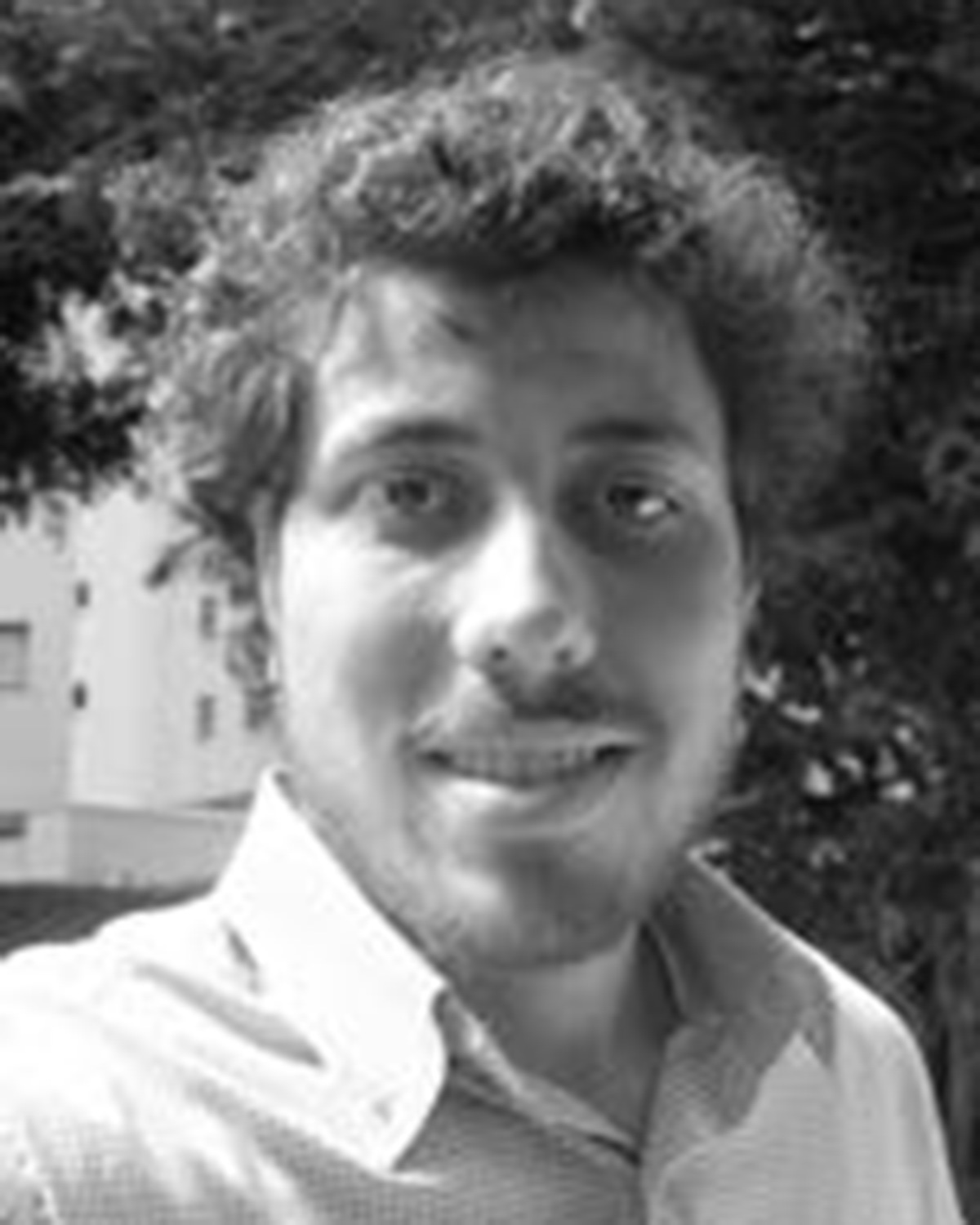 Tomas trabaja desde 2009 en ReosPartners y desde entonces ha participado en diversos cursos y proyectos con clientes como el Instituto Ethos, Instituto EcoSocial, Fundação Getúlio Vargas, Porto Seguro, Senac, Triodos Bank, Municipalidad de Jundiaí y Natura. Tomas fue coordinador local del proyecto internacional Agricultura Metropolitana y participó en los escenarios nacionales del proyecto para Venezuela, Futuros Posibles.
Tomas trabaja desde 2009 en ReosPartners y desde entonces ha participado en diversos cursos y proyectos con clientes como el Instituto Ethos, Instituto EcoSocial, Fundação Getúlio Vargas, Porto Seguro, Senac, Triodos Bank, Municipalidad de Jundiaí y Natura. Tomas fue coordinador local del proyecto internacional Agricultura Metropolitana y participó en los escenarios nacionales del proyecto para Venezuela, Futuros Posibles.
Antes de unirse a Reos, Tomas trabajó en algunas organizaciones en diálogo intergeneracional e intercultural así como en la cooperación internacional entre ciudades. Tomas fue delegado de Sao Paulo en el Global Youth Parliament (GYP), una red mundial de jóvenes.
Tomas es licenciado en Relaciones Internacionales por la Universidad de São Paulo (USP) y ha estudiado Arquitectura y Urbanismo. Integra una red local en el centro de Sao Paulo, donde vive.

Lucilene Danciguer
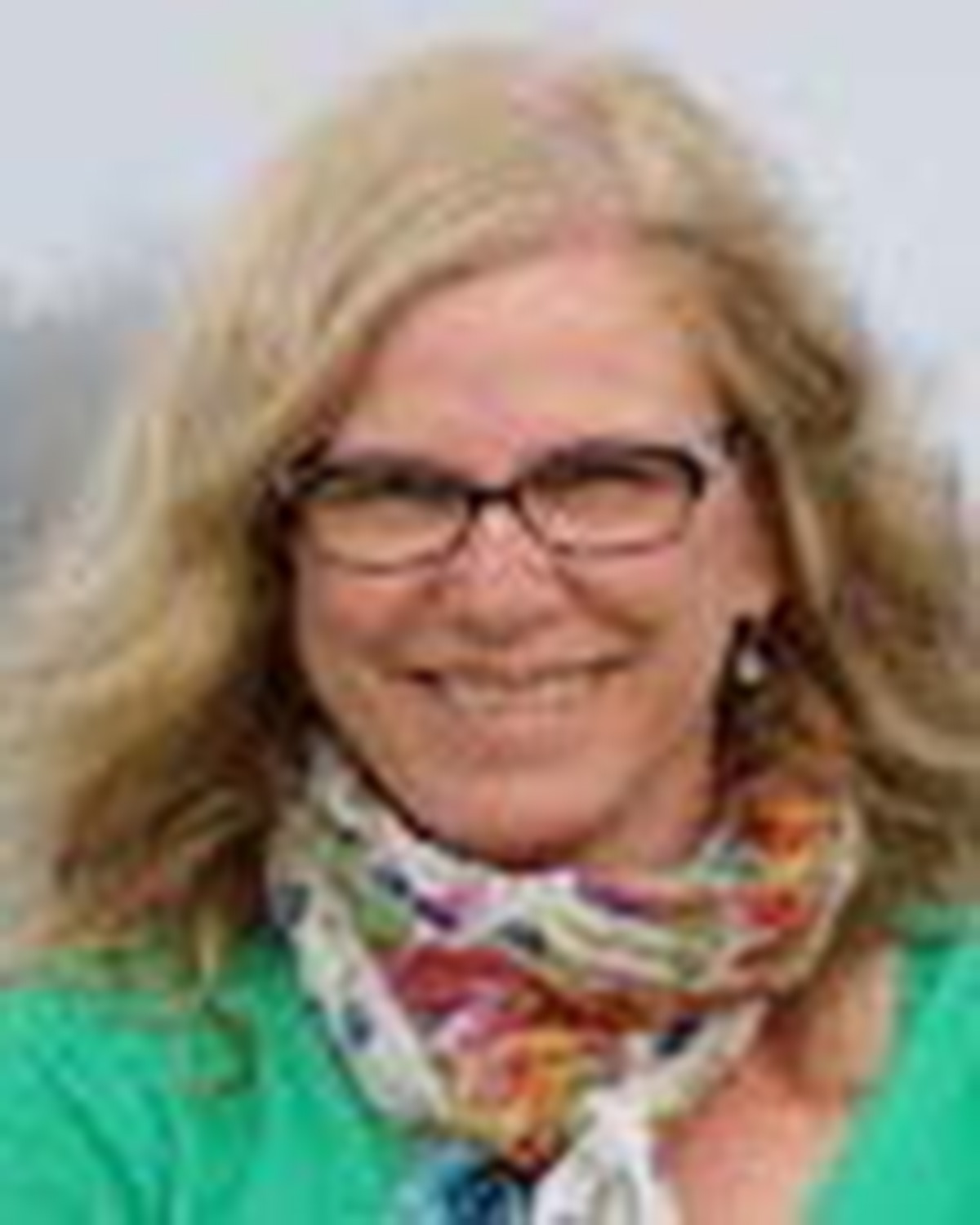 Consultora para proyectos ambientales y sociales en BRAZIL y facilitadora en procesos de desarrollo sustentable y de diálogo multiactor por más de veinte años. Comenzó a trabajar en educación ambiental en los sectores públicos y no lucrativos, entre los que se incluyen: Universidad de Campinas (UNICAMP), Ministerio del Medio Ambiente, SENAC de Sao Paulo, Secretaría del Medio Ambiente de Bahía, así como también en varias municipalidades y ONGs. Fue cofundadora de una organización sin fines lucrativos llamada GAIA Social, en donde desarrolló una miscelánea de métodos en el campo de la educación ambiental.
Consultora para proyectos ambientales y sociales en BRAZIL y facilitadora en procesos de desarrollo sustentable y de diálogo multiactor por más de veinte años. Comenzó a trabajar en educación ambiental en los sectores públicos y no lucrativos, entre los que se incluyen: Universidad de Campinas (UNICAMP), Ministerio del Medio Ambiente, SENAC de Sao Paulo, Secretaría del Medio Ambiente de Bahía, así como también en varias municipalidades y ONGs. Fue cofundadora de una organización sin fines lucrativos llamada GAIA Social, en donde desarrolló una miscelánea de métodos en el campo de la educación ambiental.
Lucilene tiene más de una década de experiencia en responsabilidad social e inversión social en el sector privado, para diseñar y implementar políticas, estrategias y proyectos anclados en políticas públicas, entre ellos: Grupo Votorantim, BNDES, Alcoa, Tractebel, Samarco Mineradora, Petrobrás y Shell de BRAZIL. Durante su carrera, Lucilene ha trabajado con procesos de cambio multiactor implementando capacitaciones a líderes comunitarios, políticos y de trabajo, promoviendo compromiso en desarrollo sustentable local en todo el país. Lucilene tiene una licenciatura en Ciencias Sociales y el grado de Magister en Ecología por la Universidad de Campinas. También fue una Hubert Humphrey Fellow, auspiciada por el programa U.S. Department of State´s Fullbrigh Exchange, en la universidad de Cornell. El plan de su programa estaba centrado en el desarrollo sostenible y el cambio climático.

Antonio Araníbar Arze
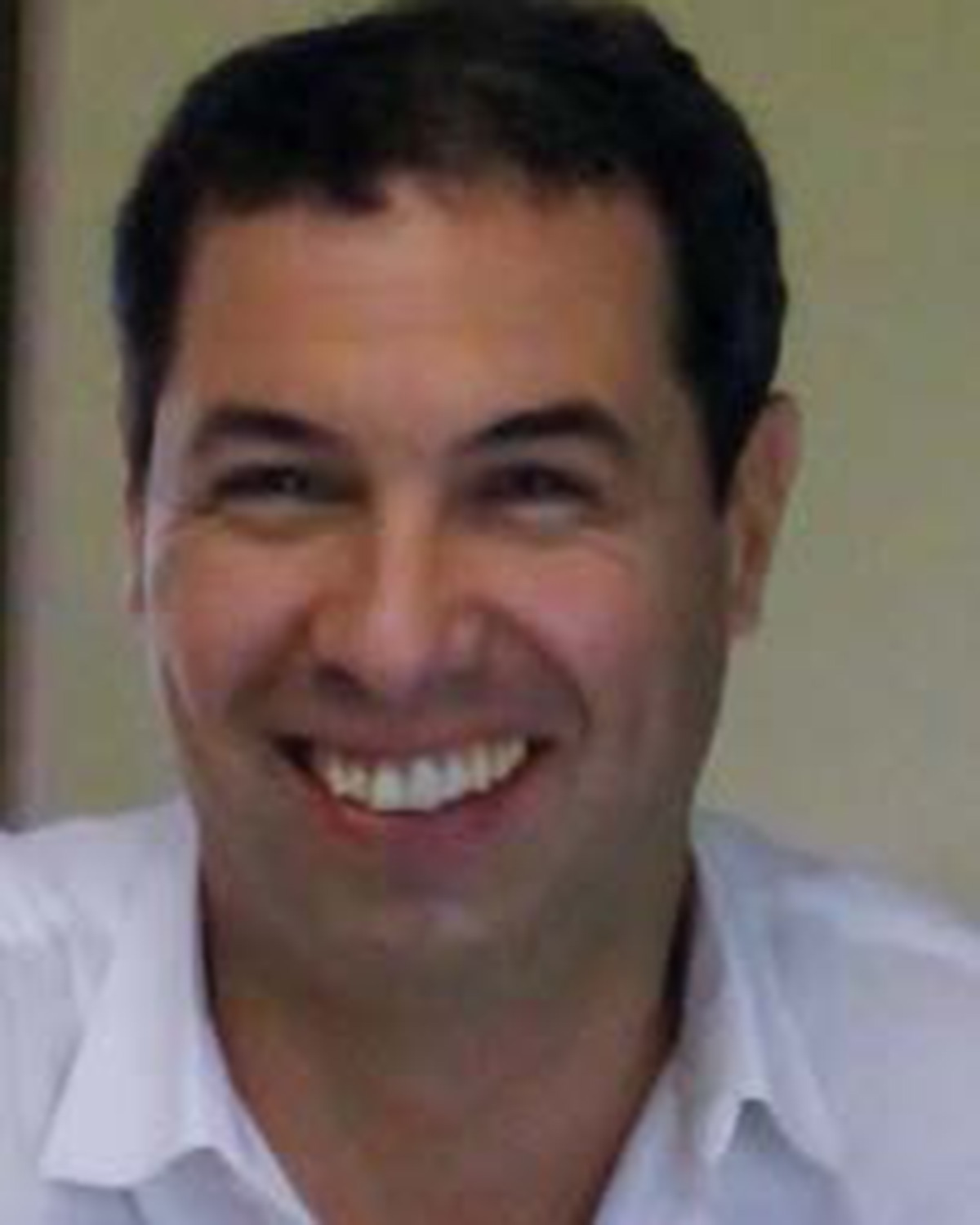 Antonio es investigador sénior en el Instituto Centroamericano de Administración de Empresas (INCAE), donde trabaja como Director de Redes del Índice de Progreso Social desde 2013. Previamente, dirigió el Proyecto Regional de Análisis Político y Escenarios Prospectivos (PAPEP) del Programa de las Naciones Unidas para el Desarrollo (PNUD), una red latinoamericana de asesoría política para el desarrollo (2008-2013). Fue investigador del Informe de Desarrollo Humano de Bolivia y miembro de la red latinoamericana de desarrollo humano (2001-2007). Sus últimas publicaciones son “América Latina, del neoliberalismo al neodesarrollismo” (2013, Siglo XXI) y “Crisis Global y Democracia en América Latina” (2012, Siglo XXI). Es experto en prospectiva política con trabajos realizados en 17 países, la mayoría de ellos en América Latina, pero también en Oriente Medio, los Balcanes y Asia. Es economista graduado de la Universidad Paris IX, con especialización en econometría de la Universidad Autónoma de Madrid.
Antonio es investigador sénior en el Instituto Centroamericano de Administración de Empresas (INCAE), donde trabaja como Director de Redes del Índice de Progreso Social desde 2013. Previamente, dirigió el Proyecto Regional de Análisis Político y Escenarios Prospectivos (PAPEP) del Programa de las Naciones Unidas para el Desarrollo (PNUD), una red latinoamericana de asesoría política para el desarrollo (2008-2013). Fue investigador del Informe de Desarrollo Humano de Bolivia y miembro de la red latinoamericana de desarrollo humano (2001-2007). Sus últimas publicaciones son “América Latina, del neoliberalismo al neodesarrollismo” (2013, Siglo XXI) y “Crisis Global y Democracia en América Latina” (2012, Siglo XXI). Es experto en prospectiva política con trabajos realizados en 17 países, la mayoría de ellos en América Latina, pero también en Oriente Medio, los Balcanes y Asia. Es economista graduado de la Universidad Paris IX, con especialización en econometría de la Universidad Autónoma de Madrid.


